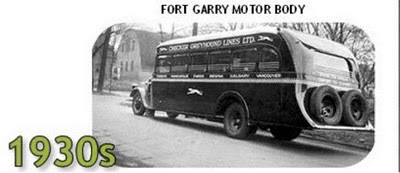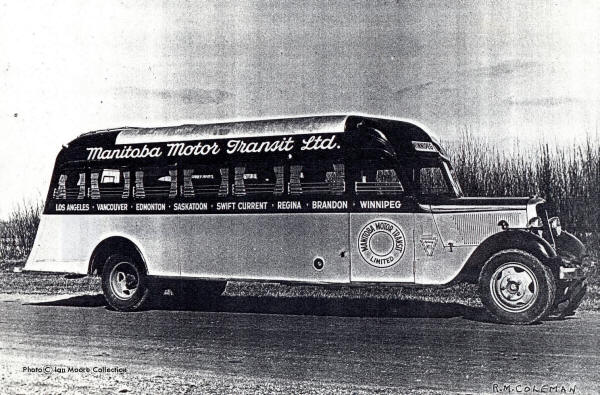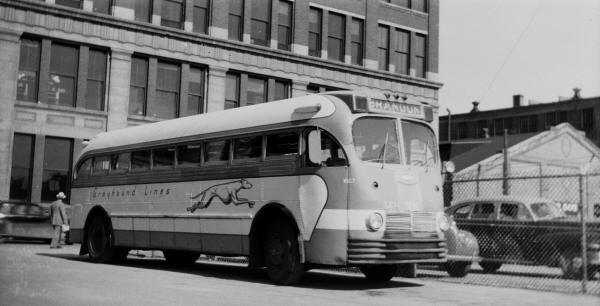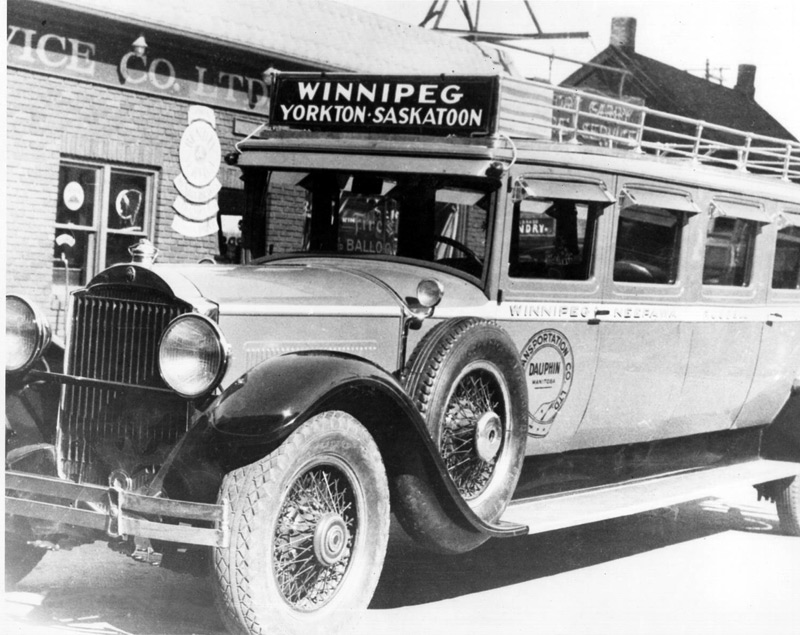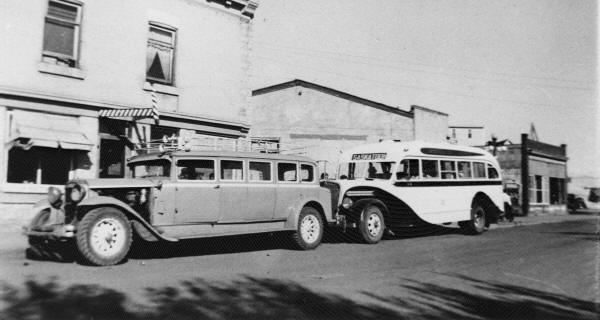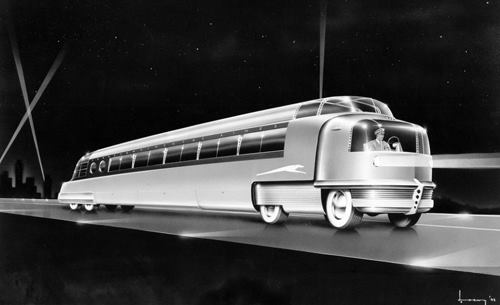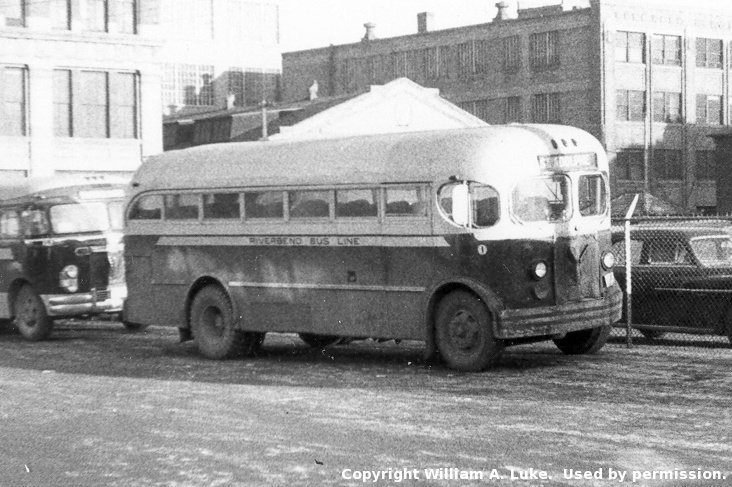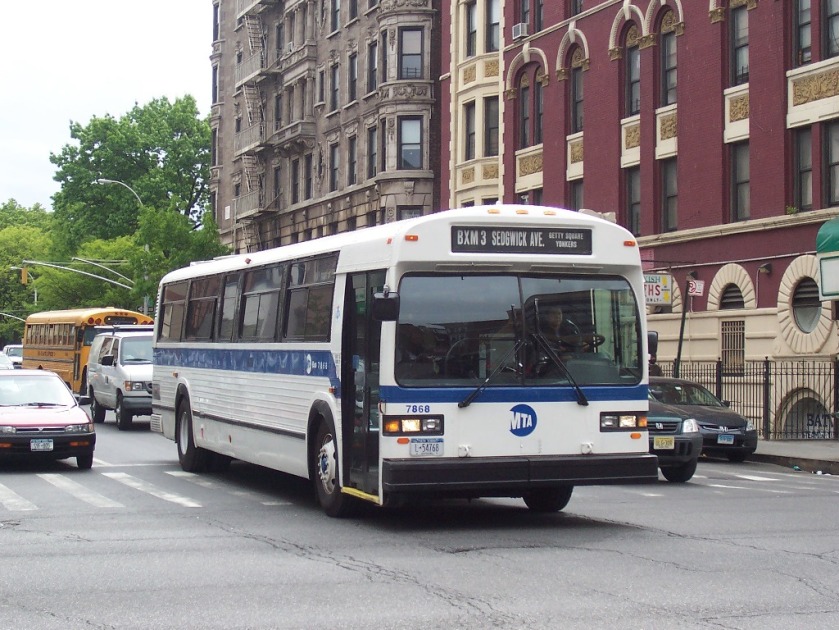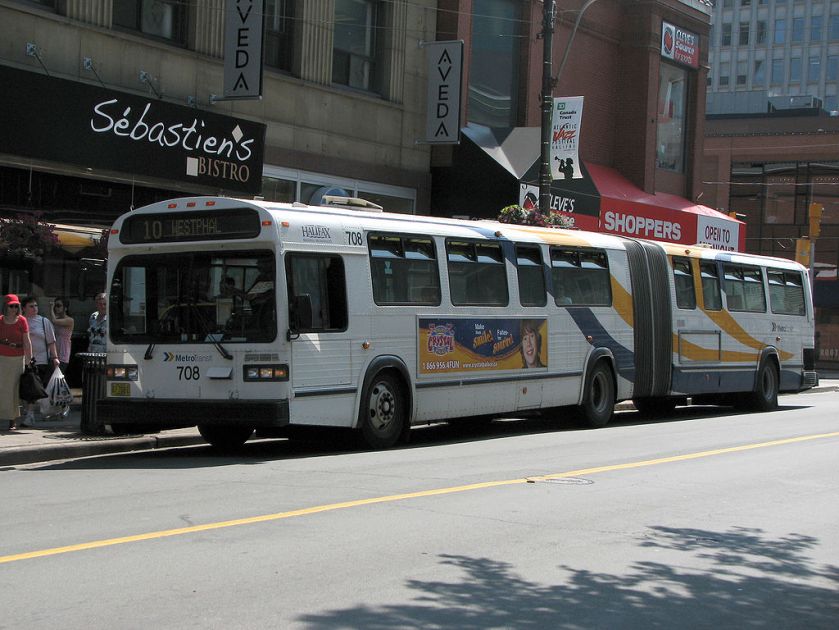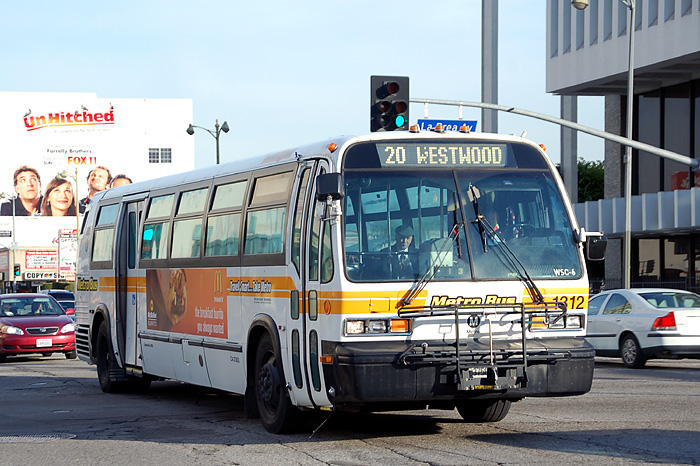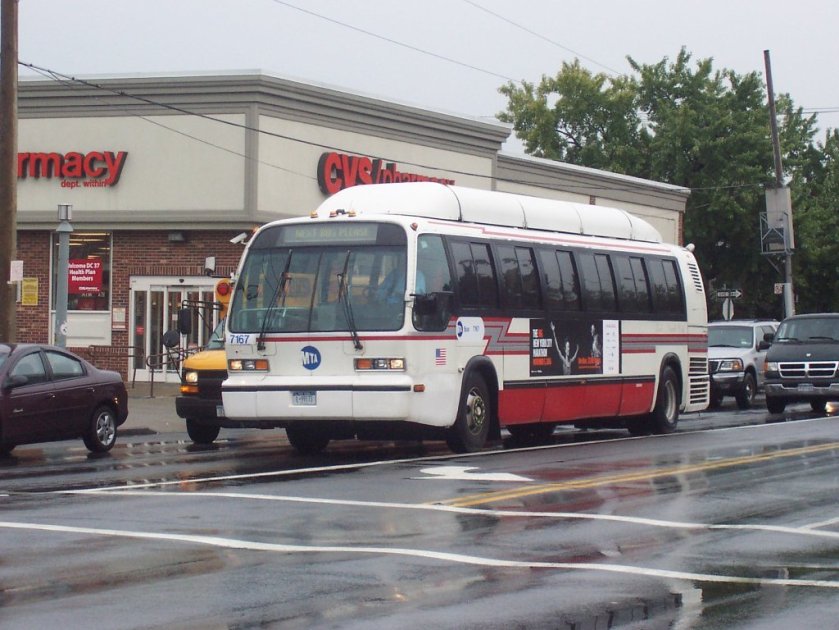1950s: Like so many major users of steel at the time, MCI continues to diversify past its bedrock coach business. It uses its excess capacity to expand National Products Co. into ornamental street lighting poles, and creates the Alsco Windows and Doors Co. to serve the growing postwar housing market. MCI also expands to offer custom metal fabrication services for truck bodies.
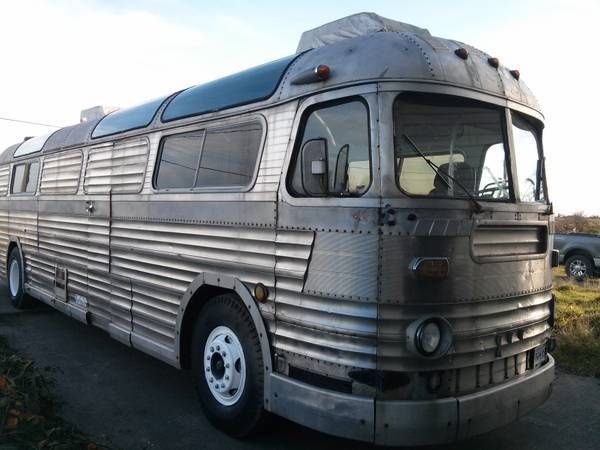
During this decade, the coach division continues to innovate; the company adds the 85, 90, 95, 96 and launches the new MC series of coaches. The MC-1 proves to be a revolutionary new design incorporating a heating system linked to the engine cooling system and a translucent roof.
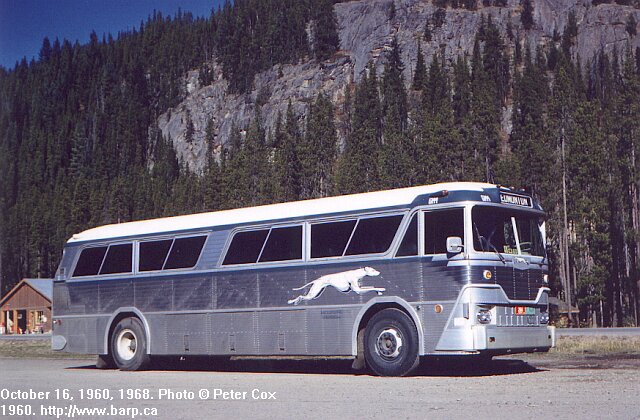
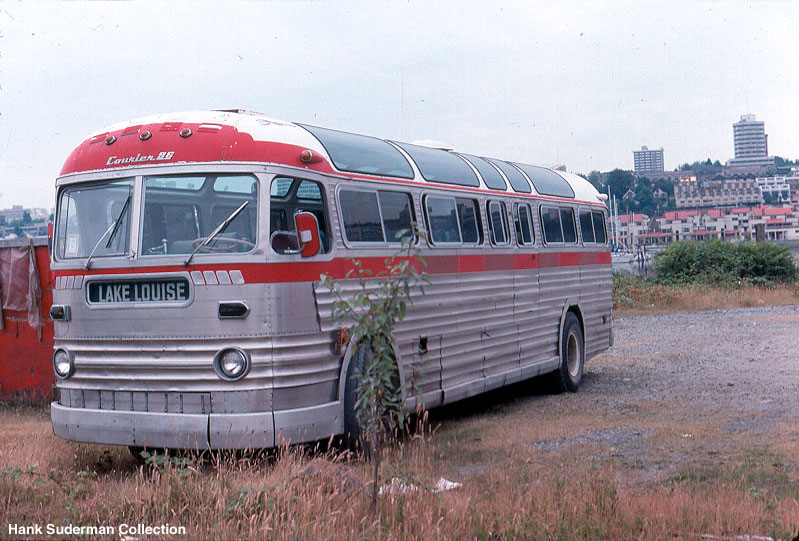
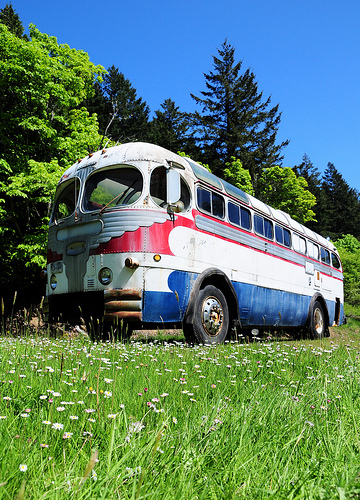
1958: Greyhound Lines of Canada acquires the remaining shares in MCI with Zoltok keeping his role as president.
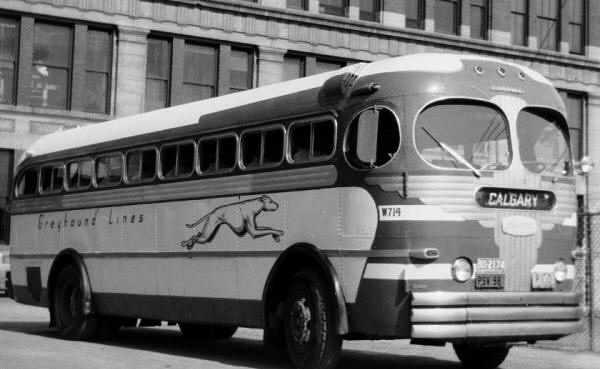
1959: The MC-1 cements the company’s popularity; 26 coaches are produced during the year, with the company additionally developing its MCX2 prototype. At the same time, MCI sells National Porcelain. During the Greyhound years, MCI is the first manufacturer to build a 40-foot coach.
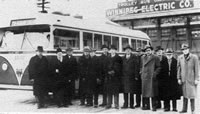
1962: MCI heads south of the border and establishes its Pembina, North Dakota plant, 68 miles south of Winnipeg, which officially opens in 1963.

1963: MCI officially enters the U.S. coach market, developing the MC-2, MC-3, MC-4, MC-5 and the MC-5A over the rest of the decade.

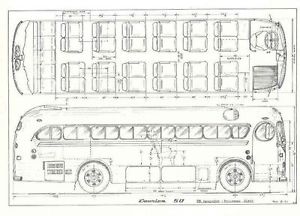
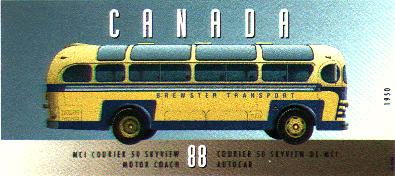
1967: MCI delivers the first prototype of the landmark MC-6 “Super Cruiser” coach to Greyhound; designed and developed for Greyhound, it features a 102-inch wheelbase, an all-stainless-steel frame, and a V-12 engine.
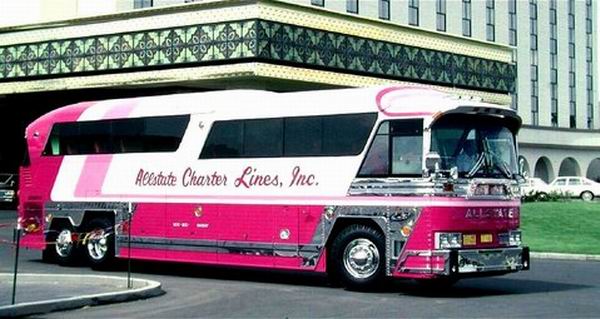
1968: The 40-foot-long MC-7 is developed and put into production just before the MC-6, representing the first time MCI has multiple coach lines in parallel production. The company is now producing 500 coaches a year, compared to only 50 in the early 1960s.

An official after-market parts division is established at Motor Coach Industries’ plant at Pembina, North Dakota.

1969: MCI builds a total of 100 coaches between 1969 and 1970; a fraction of its current production. MCI will reintroduce the all-stainless-steel frame in 1997 when it builds the 102EL3 Renaissance® coach (now the E4500).
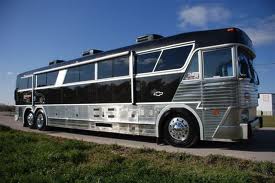
1970s: MCI begins international distribution with its first sales to Mexico, Australia, Saudi Arabia and Taiwan.

1971: Harry Zoltok retires, while the company opens a new parts distribution center in Northlake, Illinois. Greyhound moves its corporate headquarters from Chicago to Phoenix. The company builds its first MC-5B coach (production runs through 1977).
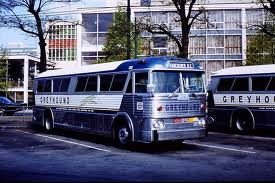
1972: Hausman Bus Sales, founded in 1954 by Jerry Hausman, with sales and service centers in Chicago, New Jersey and California, joins forces with MCI and begins selling its new coaches exclusively.
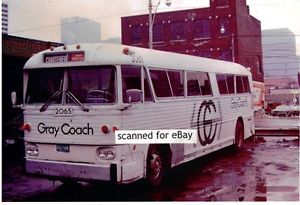
1973: The MC-8 hits the roads, replacing the MC-7.
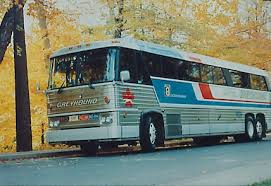
1975: MCI Service Parts division becomes Universal Coach Parts Inc., supplying motor coach, transit and school bus operators with parts.
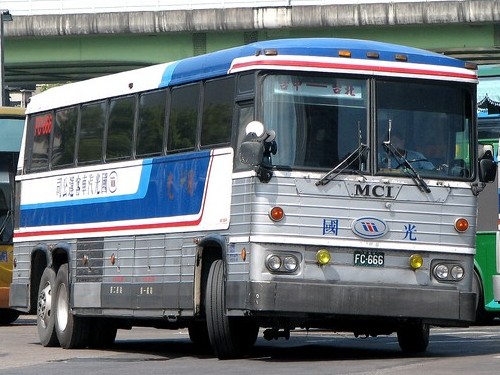
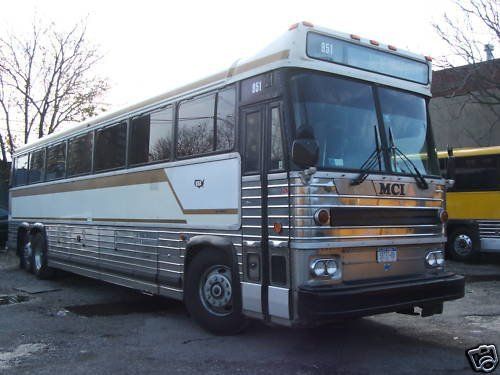
1978: The company develops the MC-9 Crusader II, destined to become the North American intercity coach industry’s all-time best-seller.
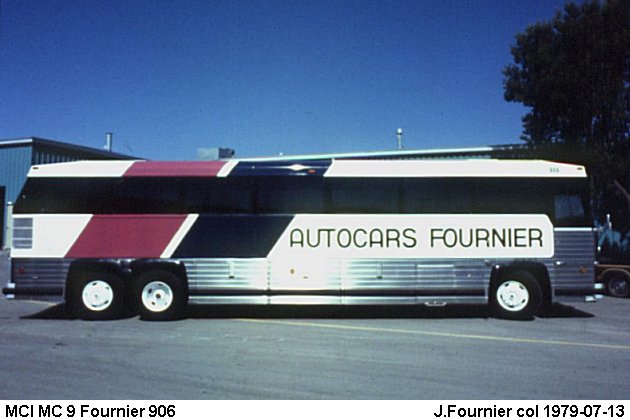
1980: MCI continues to expand its parts and manufacturing operations in Canada and the United States. The company expands its production lines in Fort Garry and Pembina to double the production capacity of the popular MC-9. The Canadian distribution center opens in Newcastle, Ontario, under the MCI Service Parts name.
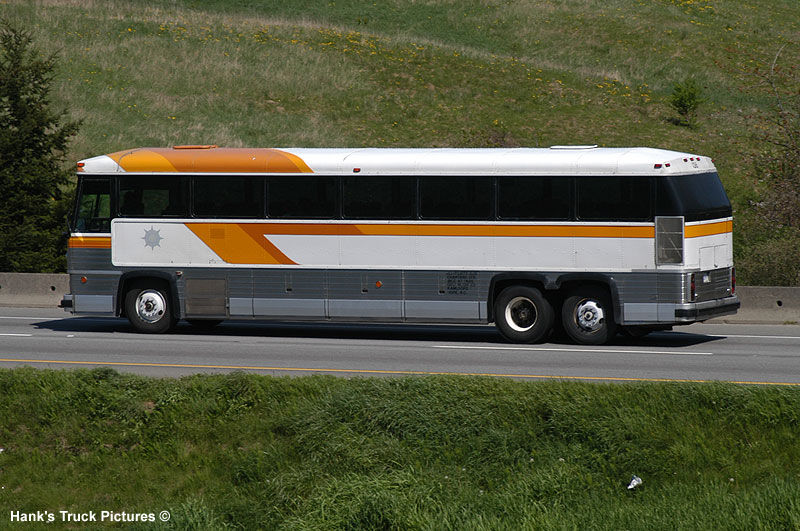
1983: UCP pioneers its “C.O.A.C.H.” program — Customer Order Assisted Computerized Handling — the first electronic parts ordering system and accessed by more than 300 customers.
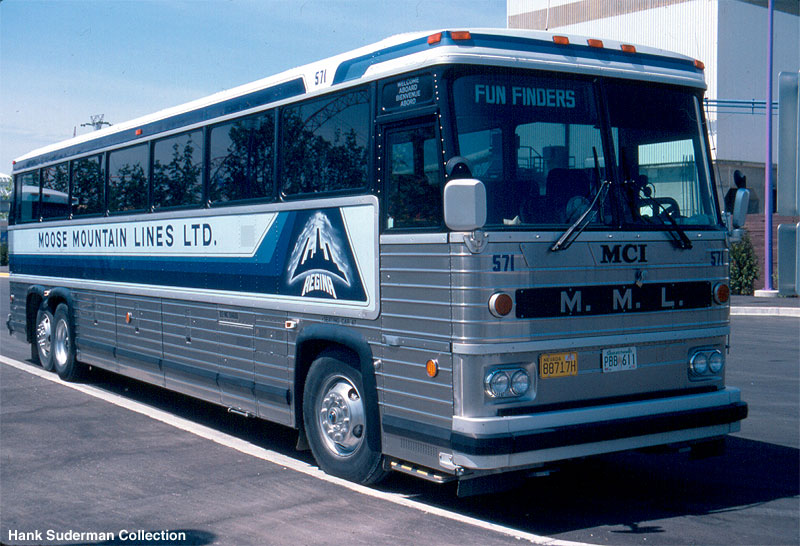
1984: A full six years before the Americans with Disabilities Act is passed, MCI is the first coach manufacturer to offer wheelchair lifts on its vehicles. The first model is contracted out as retrofit for Terra Transport and built for the Canadian Government in June 1984; it buys another in October.
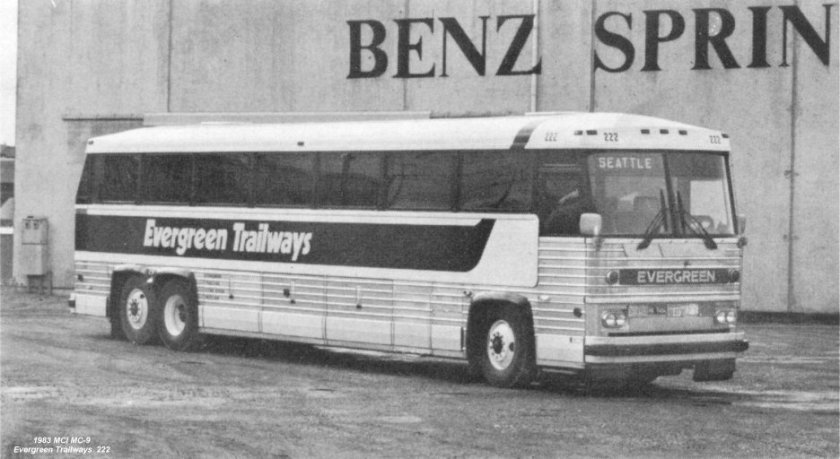
1985: MCI builds its very own first six MC-9 units with wheelchair lifts by the end of February 1986 for the Commonwealth of Massachusetts.
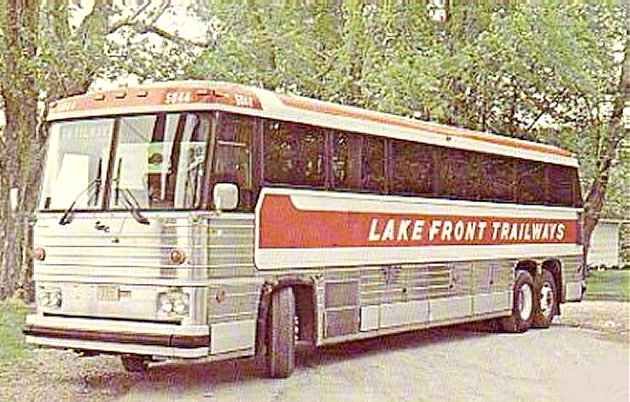
1987: MCI acquires General Motor’s bus parts business, virtually doubling the size of the company overnight. That same year, a larger parts distribution facility is purchased in Des Plaines, Illinois, a suburb of Chicago, becoming it’s new headquarters location.
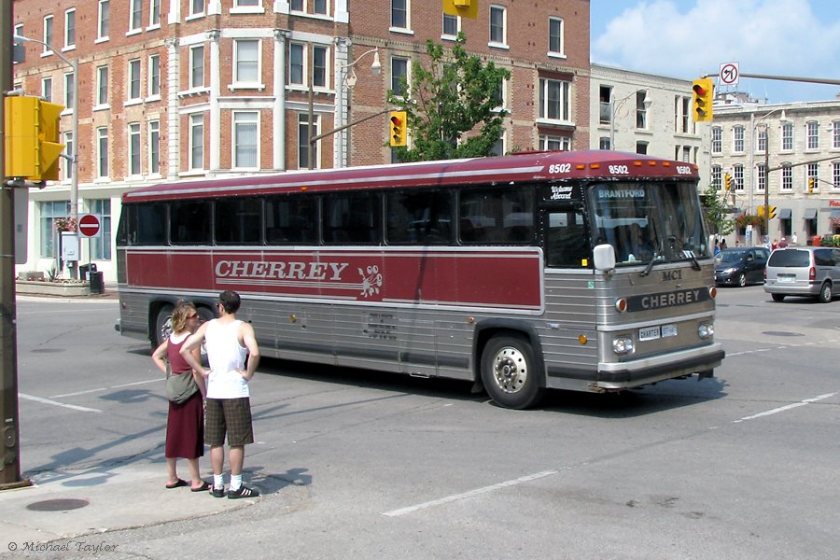
1993: MCI launches COACH GUARD®, a private brand of aftermarket parts, which grows to include a full line of filters, remanufactured transmissions, bearings, seals, electrical items and hundreds of other parts, all engineered and manufactured to strict tolerances for long-lasting performance.
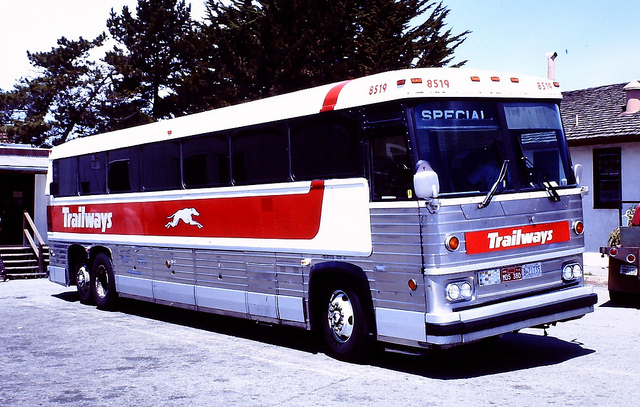
1994: The MC-9 becomes the nation’s all-time best-selling coach with 6,406 vehicles sold between 1978 and 1994.
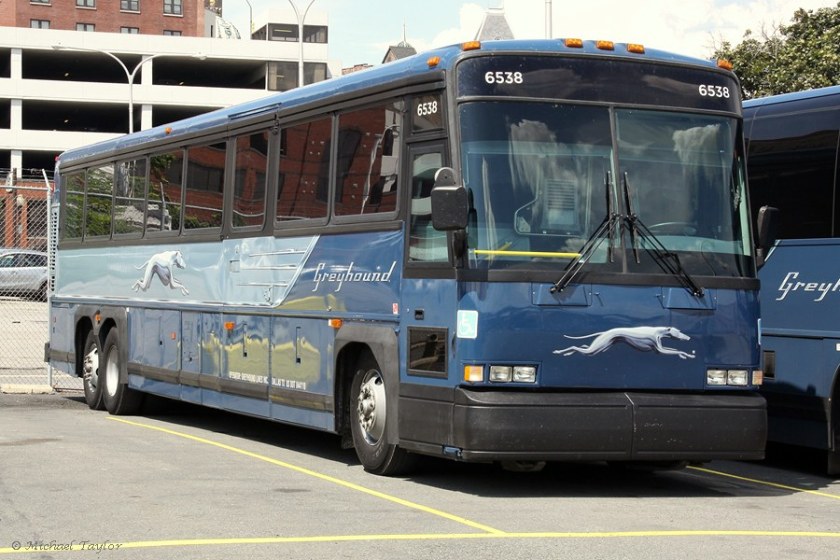
1995: The MC-9 gives way to what will be a new leader, the MCI D-Series. The first D-Series model, the 102DL3, accommodates 55 passengers and its expanded 45-foot length makes it an even more popular model than the “9” (Today, there are more than 7,700 D models on the road in the United States and Canada).
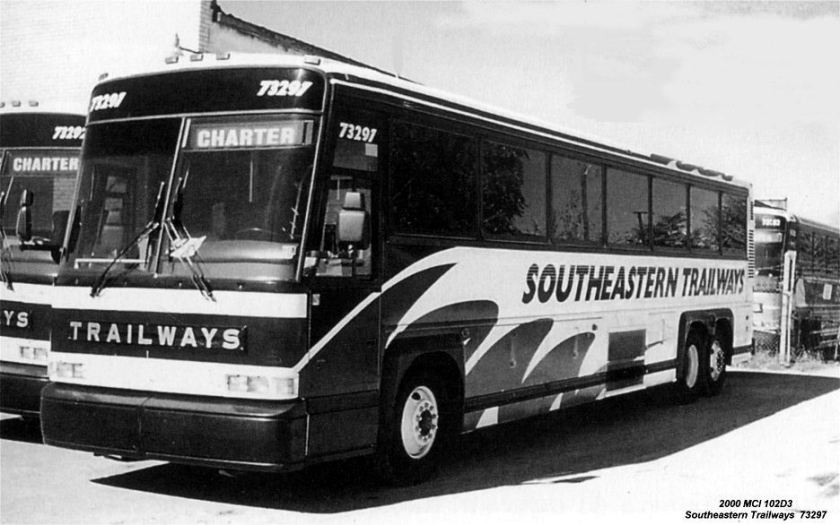
MCI purchases the assets of Billingsley Parts & Equipment, a distributor of school bus parts and manufacturer of specialty parts.
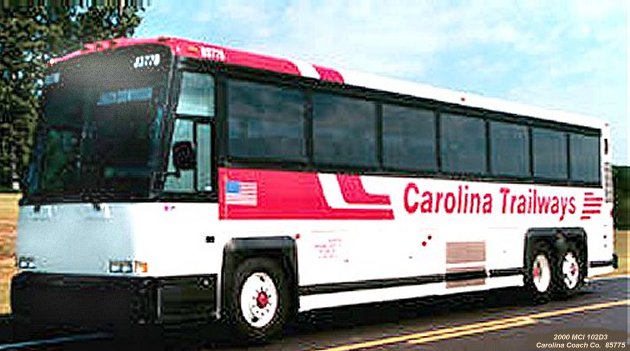
1996: MCI unveils its Renaissance Coach, the 102EL3, a new-look designed with a patented spiral entryway created with the assistance of BMW Designworks USA.
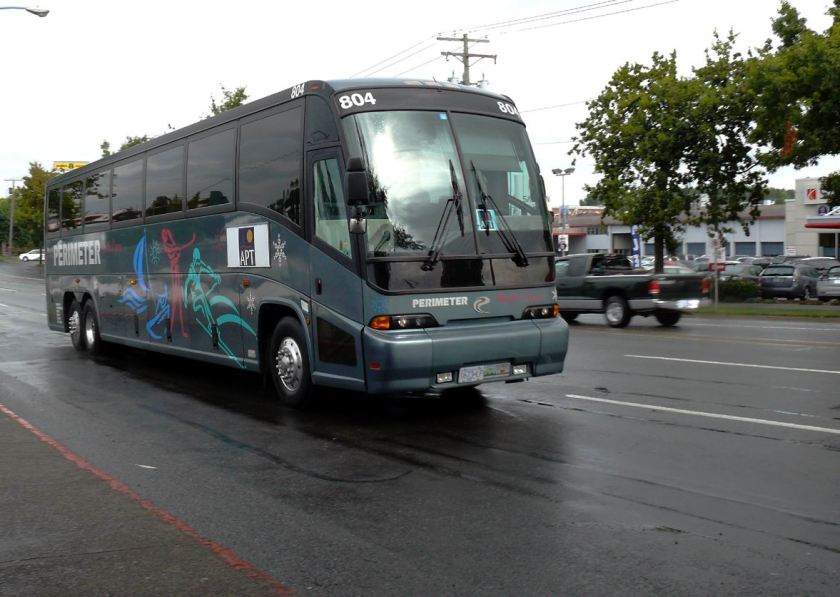
The company acquires the parts assets of the Flxible Corporation, one of the nation’s largest transit bus manufacturers.
1998: The company announces plans to open a new facility in Louisville on a 31-acre site near a UPS hub and to consolidate the operations of its existing warehouse facilities. The company also announces plans for an Internet-based online ordering system, named The Parts Store, replacing its C.O.A.C.H. — Customer Order-Assisted Computerized Handling system.
1999: MCI moves into a new 40,000-square-foot Dallas sales and service center. The location also serves as the home of MCI Financial Services.
2000: MCI wins a historic order from New Jersey Transit — $500 million for 1,400 commuter “cruiser” coaches. At the time, it is the largest coach transaction ever recorded for a transit agency.
The company commemorates its move to Louisville and announces its name change to MCI Service Parts Inc., in keeping with MCI’s corporate strategy of unifying its network of related services under the MCI name.
2001: MCI introduces its J4500 model, which will quickly go on to become the best-selling coach in the industry. Its award-winning styling follows that of the E4500 (formerly called the Renaissance), and its mechanical systems are simplified for an easy ownership experience. By 2007, the J4500 surpasses 2,103 units.
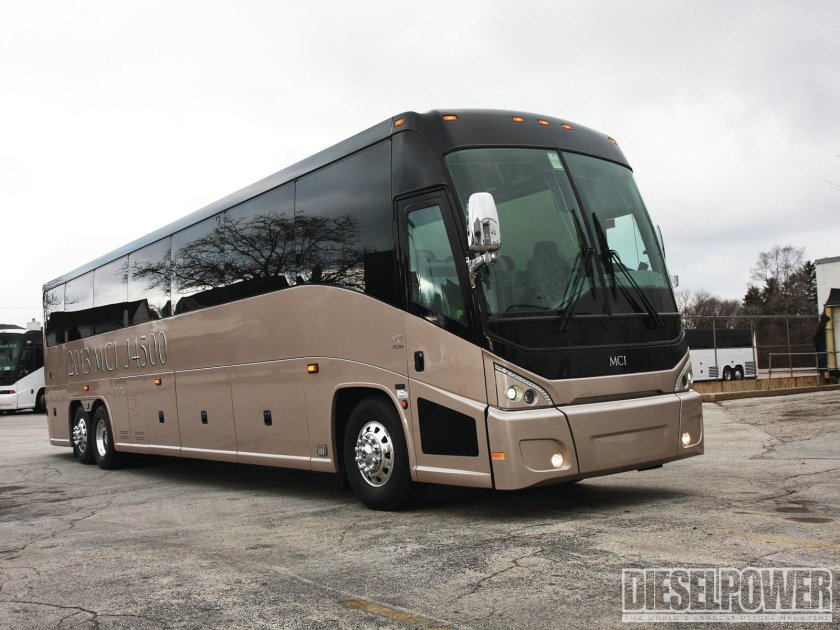
MCI opens its Orlando, Florida-area sales and service center.
2003: MCI invests $40 million in the expansion of its Winnipeg plant and moves the production of the G4500 from its former Mexico plant to Winnipeg, integrating the model into the E4500/J4500 mixed-platform line.

2004: The MCI J4500 ranks as the #1 industry best seller in the trend report published by National Bus Trader magazine.
MCI offers Emergency Roadside Assistance 24 hours a day, every day, managed in-house by MCI professionals through its technical support call center at the Louisville parts distribution center.
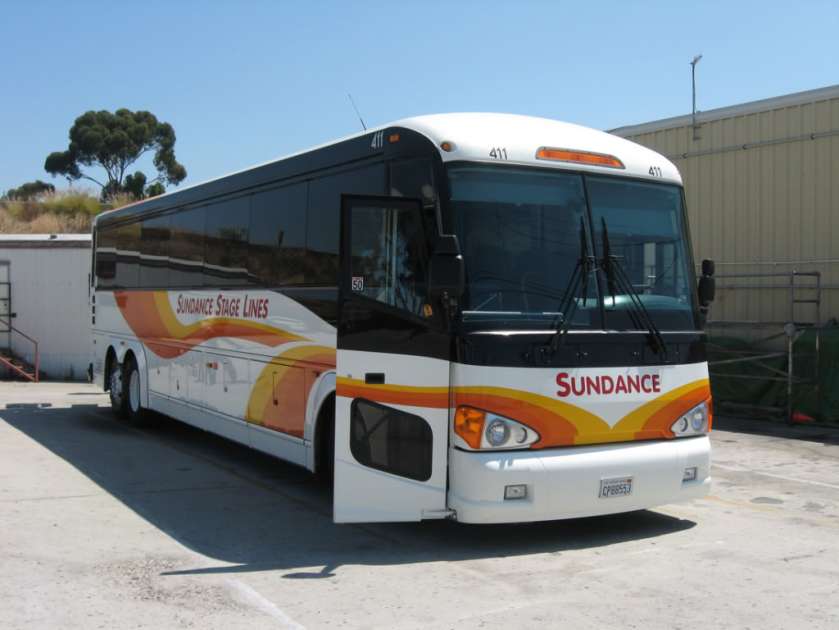
2008 MCI D4005
2005: MCI gives the D-Series a major makeover, endowing what will now be called the D4005 and D4505 with the curvier, more modern exterior styling that have made the J and E models so attractive to operators.
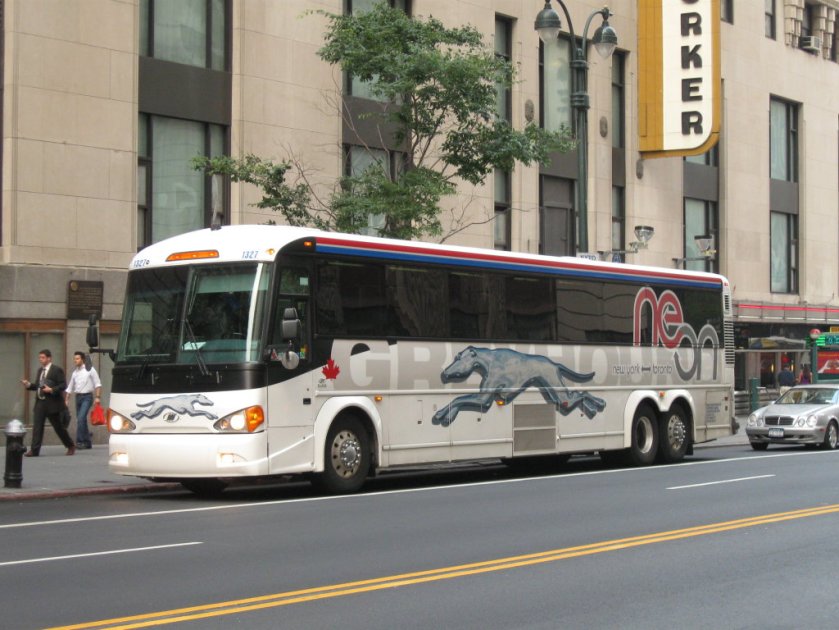
Greyhound Canada MCI D4505
2007: MCI launches its Go Green. Go Coach. Go MCI.™ slogan and makes major strides toward industry leadership in providing “greener” transportation solutions to both the public and private sectors. Embracing new EPA requirements, MCI rolls out its model line with the industry’s largest selection of clean-diesel engines and transmission options. The company also accelerates its plans for a second generation of hybrid diesel coaches. In summer, it puts its J4500 coach equipped with a 2007 EPA-compliant Caterpillar engine on the road to raise awareness of Green coach transportation during the 54-day Udall Legacy Bus Tour.
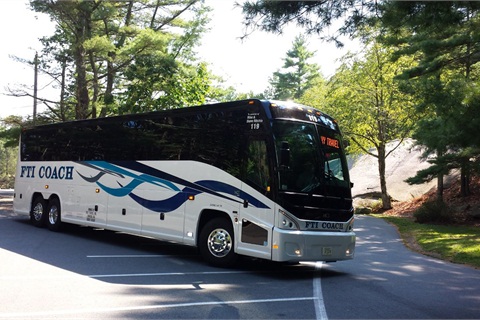
2014 MCI J4500
MCI establishes the first National Training Center at its Louisville location, dedicated to enhancing and advancing the skills of all motor coach technicians. At the same time, it introduces its Coach Driving Simulator, the industry’s first maker-specific high-tech simulator, offering a virtual-reality driving experience and a variety of safety scenarios to enhance drivers’ skills.
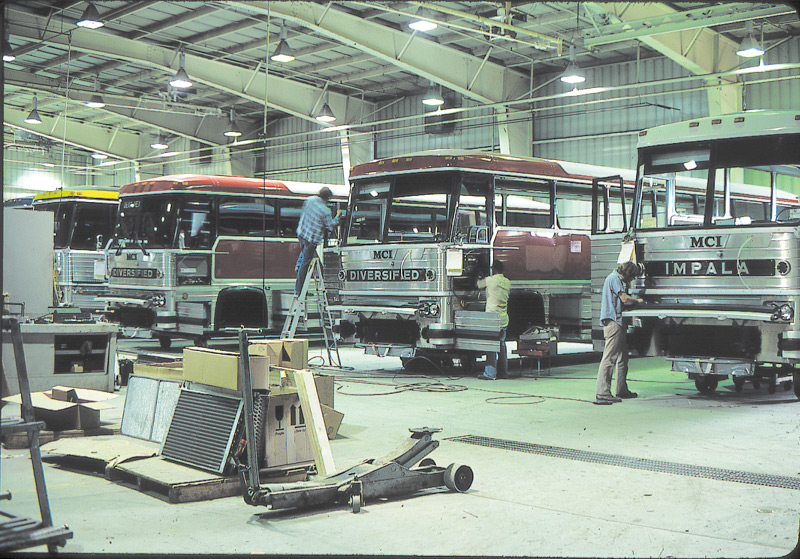
2013 MCI Celebrates 80 Years of Bus Production
2008: MCI celebrates the 75th anniversary of its first coach with a special edition of the best selling J4500 coach.
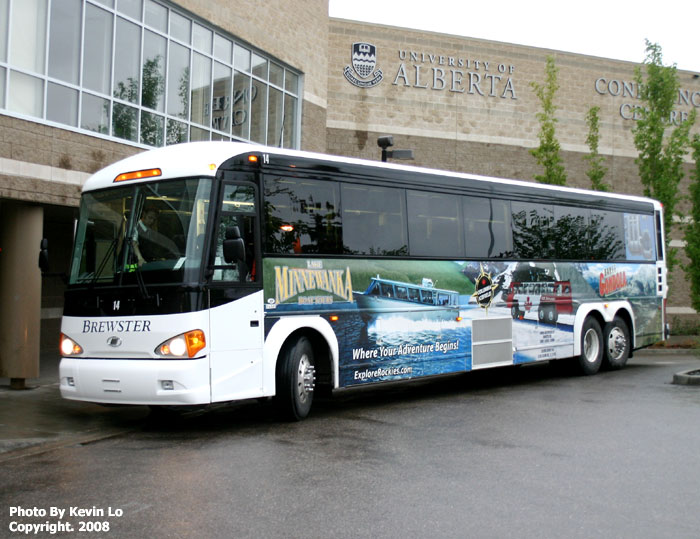
2005 Motor Coach Industries D4505 Brewster
2010: By the end of the first decade of the new millennium, MCI’s J4500 model continued to be the industry’s best-selling coach, and its D4500 commuter coach and D4505 took the second and third top-selling spots in the industry’s annual trend survey. Now, the next generation of EPA-compliant 2010 clean-diesel engines has arrived, promising near-zero emissions and fuel savings. As technology improvements to the coach models continue, MCI is also implementing technology on the customer service side, taking full advantage of online parts ordering, customer training webinars and more.
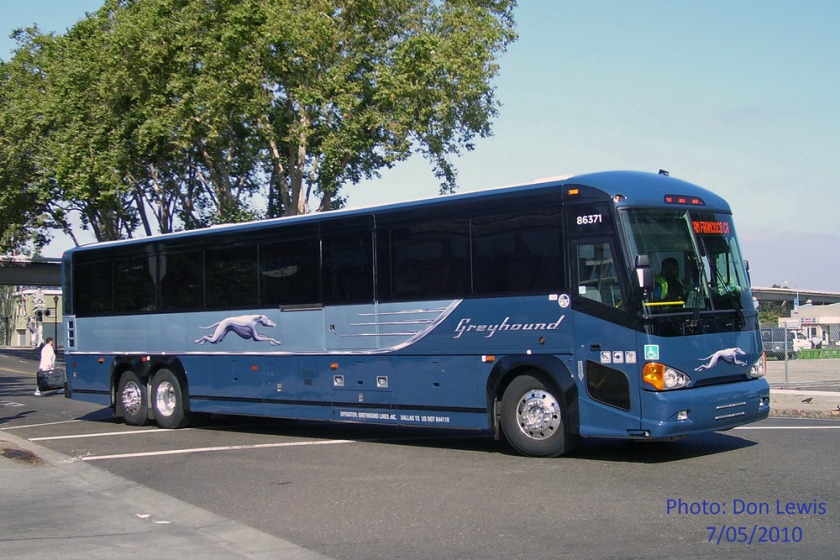
2010 Greyhound MCI D4505
2011: MCI marks the 6,000th unit off its E/J assembly line and a first-ever order from the City of Los Angeles for 95 compressed natural gas (CNG) Commuter Coach models. MCI has a long history serving public transit and the data confirms how well the MCI Commuter Coach performs in both reliability and total cost of ownership. It offers 42 percent greater seating capacity than a comparable transit bus at a cost that’s 15 percent lower per seat. Additionally, in recent independent testing, the MCI Commuter Coach proved itself to be 10 times more reliable than the closest competitor.
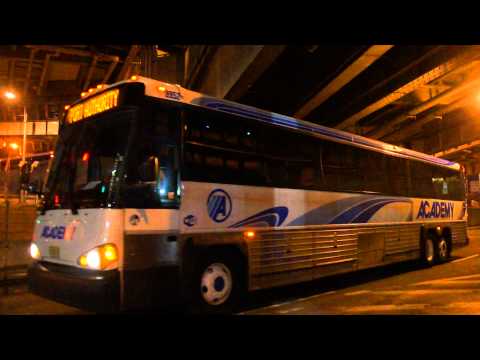
2011 MCI D4500CT 8952
2012: Growing Strategically, Growing Smart: MCI announces the completion of its acquisition of Setra’s U.S. and Canadian operations and establishes a strategic partnership with Daimler Buses (Daimler). These important moves gave MCI responsibility for sales and service support of Setra S 417 and Setra S 407 motor coach models and its pre-owned coach inventory, the distribution of Setra and related genuine Daimler Buses parts and operation of Setra’s Orlando-based service center. Daimler also acquires a minority ownership position in MCI, forming an engineering, technology and manufacturing alliance as part of the transaction. The bottom line? Of the 55,000 coaches on the road today, the majority are made by MCI.
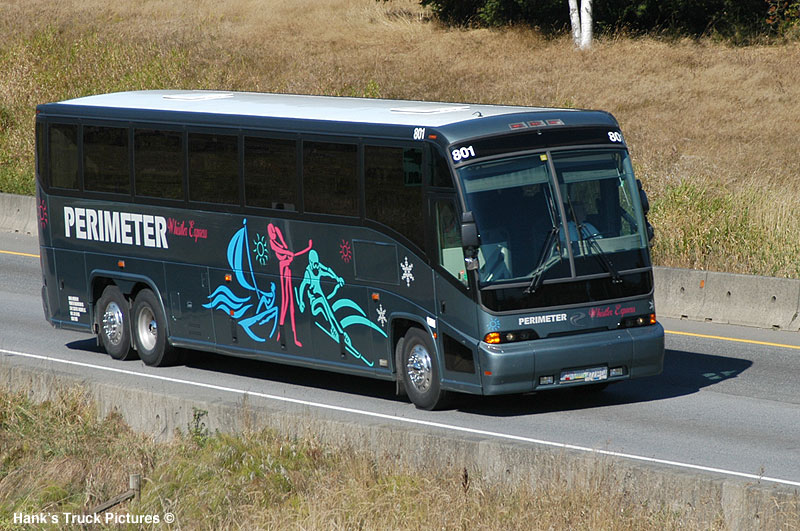
Whistler Express MCI’s
2013: Reliability Driven™: Marking its 80th birthday, MCI has rededicated itself to building the most reliable coaches in North America. Our MCI-Reliability Driven™ philosophy reflects the company’s promise to design, build and deliver expertly engineered coaches with top-quality components, the latest safety and security features and unsurpassed parts availability and service. Reliability Driven™ goes beyond the slogan in our factories and offices, too. There’s a new corporate culture at MCI where our multi-facility ISO 9001:2008 registration assures that all plants share best practices to consistently turn out world-class products and marketplace innovations. We are working every day to make this company better.
MCI Megabus 58538 Toronto
And They Love Our Looks: At MCI, being Reliability Driven™ also means knowing how to refine a good thing. Customers have made the MCI J4500 a bestseller for nine years running and now MCI is giving operators new reasons to add the 2013 J4500 to fleets — including some eye-catching style changes. Working with BMW Group Designworks USA — the team that gave the market-leading J4500 its unprecedented curb appeal — MCI is refining and improving the look and feel of our luxury coaches inside and out in 2013 and beyond.
Reliable Coaches: New Standards of Accessibility, Convenience and Comfort — The economy and environment are redefining the way people travel. That’s good for MCI. Today’s municipal and private transportation systems are looking to coach transport as the most flexible, affordable and greenest option for passengers who want to make the most of their money and time. That’s why MCI is investing in the latest onboard amenities that turn riders into lifetime customers: Wi-Fi, power outlets and wide flat-screen monitors to keep riders engaged, entertained and working. To keep all customers rolling, state-of-the art wheelchair lifts make accessibility and alternate transportation options possible for all.
Reliable Safety: Safety First, Safety Always — MCI continues to lead the market in important safety and performance features. MCI coaches feature Electronic Stability Control, SmartWave Tire Pressure monitoring system and a fire suppression system. Popular safety options include three-point passenger seatbelts and reverse sensing.
Reliable Parts and Service: Aftermarket Support That’s Second to None — MCI is there around-the-clock, whether it’s an emergency on the road or a question in the garage. While our presence is widespread, our services are focused. MCI provides one of the best networks of aftermarket support in the industry with expert technical help, onsite training and the largest inventory of OEM parts for all makes of motor coach makes and transit buses. And they’re all backed by our commitment to quality and reliability.
Coaches that are Cleaner and Greener: One fully occupied motor coach can displace as many as 56 passenger cars from crowded highways and when it comes to carbon dioxide (Co2) per passenger mile, coaches pollute far less than trains, planes or cars. But that’s only where the good news starts. MCI’s new coach models are powered by the next generation of clean-diesel engine technology that promises near-zero emissions and increased fuel savings. MCI is the only manufacturer to offer an intercity model, the MCI Commuter Coach, in diesel-electric hybrid and CNG configurations. MCI is proud that these low-emissions coaches are helping to reduce highway congestion and protect our air quality.
Coaches that Serve Virtually Every Customer and Purpose: No matter what your need, MCI has the coach. We serve the following markets:
- Tour and charter
- Scheduled and curb-side service
- Public Transit
- Pre-owned
Motor Coach Industries International Inc. (MCII) is an American bus manufacturer based in Des Plaines, Illinois, and is a leading participant in the North American coach bus industry. It has various operating subsidiaries:
- Motor Coach Industries, Ltd. – Canadian manufacturing facility, located in Winnipeg, Manitoba.
- Motor Coach Industries, Inc. – U.S. manufacturing facility, located in Pembina, North Dakota.
- MCI Sales and Service, Inc. – U.S. new and pre-owned coach sales division.
- MCI Service Parts – aftermarket parts sales division of the company, based in Des Plaines, Illinois, with its distribution center located in Louisville, Kentucky, with close access to the international UPS distribution center.
- MCI Financial Services – coach financing division, based in Dallas, Texas.
Originally founded in 1933 in Winnipeg, Manitoba, Canada, in 2008 the company filed for Chapter 11 bankruptcy protection. After various changes of structure and ownership, the business is now owned by KPS Capital Partners, LP; in September 2010 they completed a controlling investment, through an affiliate, in MCII Holdings Inc., the parent company of MCII.
History
The company was incorporated in 1933 as Fort Garry Motor Body and Paint Works Limited, in Winnipeg, Manitoba, Canada by Harry Zoltok. In 1948, Greyhound Lines of Canada, at that time MCI’s major customer, became a majority shareholder when it purchased 65% of the company. MCI was purchased outright by Greyhound Lines in 1958. In 1962 a new plant was opened in Pembina, North Dakota to increase capacity as Greyhound widened its markets and switched increasingly from GMC to its own in-house products. In 1974 another plant was opened in Roswell, New Mexico under the title Transportation Manufacturing Corporation (TMC).
In December 1986, Greyhound was split, with Greyhound Lines being sold to an investor group, and Greyhound Lines of Canada, MCI and TMC remaining part of The Greyhound Corporation, which was renamed Dial, Inc. in 1991.
In 1987, Greyhound Corporation bought the transit bus manufacturing operations of General Motors Diesel Division (GMC), which was based in Canada. (GM phased out intercity and transit bus construction at the large GMC Coach and Truck plant in Pontiac, Michigan, shifting medium duty school bus chassis production to Janesville, Wisconsin.)[citation needed]
MCI also took over production of GM’s RTS model, transferring production to TMC. MCI also purchased the GM bus assembly plant in Saint-Eustache, Quebec, which then produced GM’s Canadian transit bus model, the Classic. TMC ceased production of the older MCI vehicles in 1990 to concentrate on manufacturing the RTS, and on the “A-Model” intercity coaches.
In 1993 MCI became an independent corporation, Motor Coach Industries International Inc.
1994 MCI’s share sold / Introduction of the Mexican HTQ technology and Luxury Coaches by DINA S.A.
In 1994, MCI stocks were purchased by Mexican DINA S.A., who had a long history of bus building and developed their HTQ proprietary technology (valued in a total of 70 million dollars) that culminated with the creation of the Viaggio Confort Bus Line. Over the course of the next years MCI reproduced its Viaggio 1000 DOT for sale to the U.S and Canada. In late 1999/2000 the G4100, G4500 and F3500 models were released to the U.S. and Canadian markets. Production of the G4100 and G4500 later moved to Winnipeg and Pembina. Related to a major contract cancellation by Western Star DINA S.A. sold a great portion of its previously acquired MCI shares to Joseph Littlejohn & Levy.
In 1994 TMC, including production rights for the RTS, was sold to NovaBus .
In 1997 MCI purchased the rights from the bankrupt Flxible to produce the Flxible Metro and all related parts for same.
After a period of product demand, increased competition and lay-offs in the early 2000s, production at MCI plants in Winnipeg and Pembina increased in 2006, and 130 employees were added.
During the late 1990s and early 2000s, MCI consolidated its operations, the Winnipeg site was expanded and modernized as well as DINA S.A. purchased North American Symix and opened an assembly plant in Buenos Aires Argentina and the DIMEX and DINAIR companies. A new coach finishing and paint facility and customer delivery centre were constructed on the site. At the same time, a 7-year contract was attained with the IAMAW union local. This agreement contained cost improvements and production operations flexibility to improve the productivity and competitiveness of the manufacturing and assembly operations.
The buses, especially the older MC-8 and workhorse MC-9 models of the 1980s became the standard for interstate travel for many bus companies. Those particular buses featured metal frames and roof supports, metal panels on the sides and were extremely durable and reliable. Many of the buses, having survived millions of miles of commercial use, have been given a second career serving churches or other organizations, while the MCI/TMC coaches are very popular “conversion shells,” used for motorhomes.
Currently, the “J” and “D” models are the leading coaches in the North American intercity coach market.
2008 Emergence from Chapter 11 Bankruptcy / Ownership by KPS Capital Partners, LP
Motor Coach Industries Inc. announced on September 15, 2008, the company had filed for Chapter 11 bankruptcy protection as part of a restructuring the company said would “help shed hundreds of millions of dollars of debt.”
On Friday, April 17, 2009, Motor Coach Industries Inc. emerged from its voluntary Chapter 11 reorganization. MCII and its subsidiaries are now wholly owned by KPS Capital Partners, LP. KPS Capital Partners, LP is the Manager of the KPS Special Situations Funds, a family of private equity limited partnerships with over $2.6 billion of committed capital focused on constructive investing in restructurings, turnarounds, and other special situations. KPS invests in companies challenged by the need to effect immediate and significant change.
Partnership with Daimler AG
On April 25, 2012, MCI announced a minority stake with Daimler AG to produce Setra buses for the North American market as Daimler reconfigured its bus operations in North America and exited the commercial bus market there. The takeover would make MCI the exclusive North American distributor of the Setra S407 and S417 German-manufactured premium motor coaches.
Under the proposed agreement, through a transition period of several months following the execution of definitive agreements and the closing of the transaction, MCI would evaluate operations related to Setra in North America, and, where appropriate, integrate such operations with existing MCI facilities which will permit MCI and Daimler Buses to realize significant operating synergies. This planned partnership will allow Daimler Buses to better serve its customers through a broader service network, while strengthening Setra’s presence in North America. All Setra motor coaches are German-engineered products produced in Neu-Ulm, Germany. This fact remains unchanged.
Models
After the original numbered Courier and MC models, MCI adopted letters for the different series of coaches. Two different schemes have been used:
1985–2001
2001–present
Current
Motor Coach Industries currently produces three different product lines. All current models are 102 inches (2.59 m) wide, exclusive of mirrors.
D40 series
D4005
D4000CL
D4000CT
D4000CTH
D4000ISTV
MCI D45 series
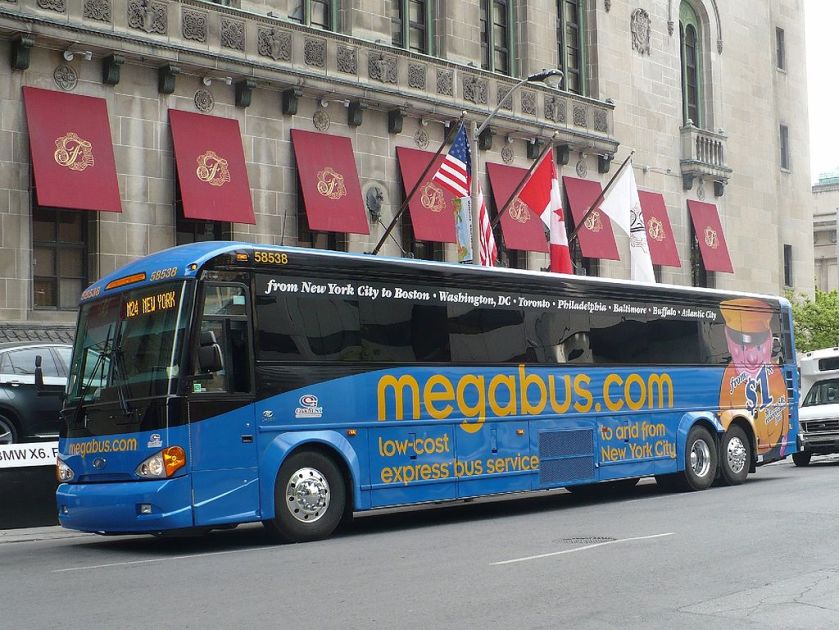
MCI D4505
D4500CL
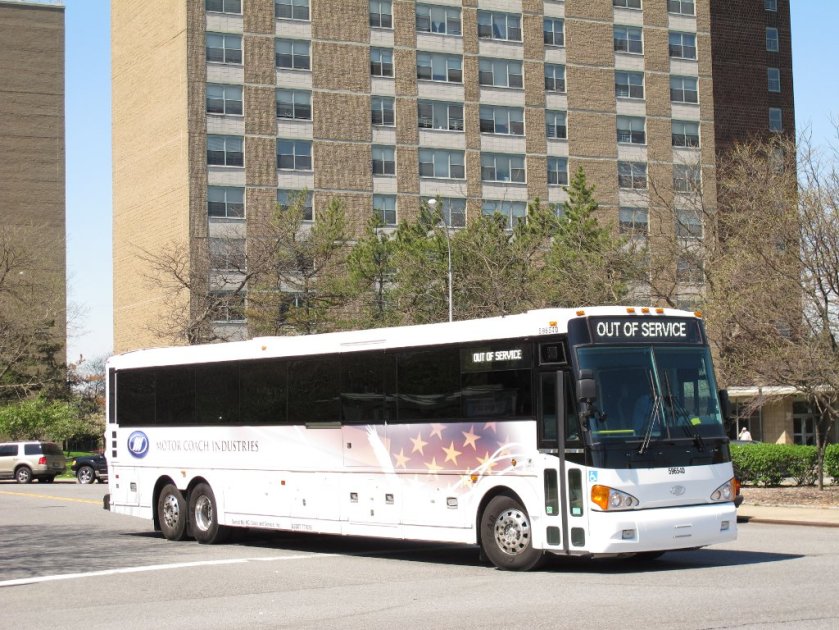 D4500CT
D4500CT
D4500CTH
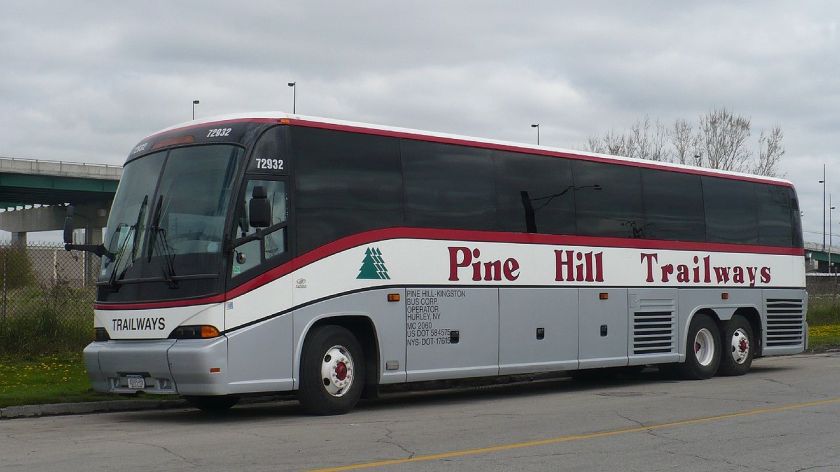
D4500CT
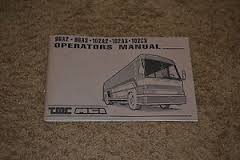
TMC-MCI-96A2-96A3-102A2-102A3-102C3
A series
96A2
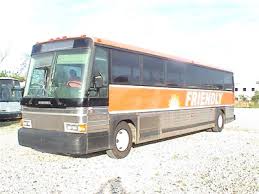
96A3
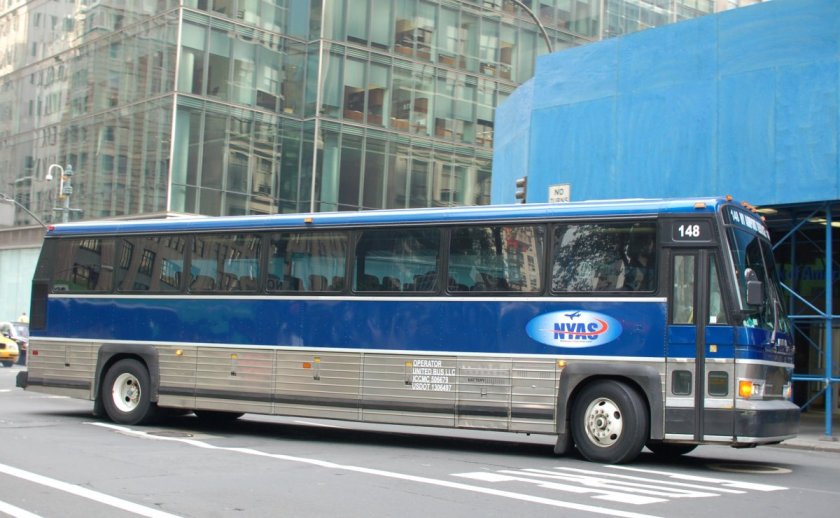 102A2
102A2

102A3
Past
Letter series (post-1985)
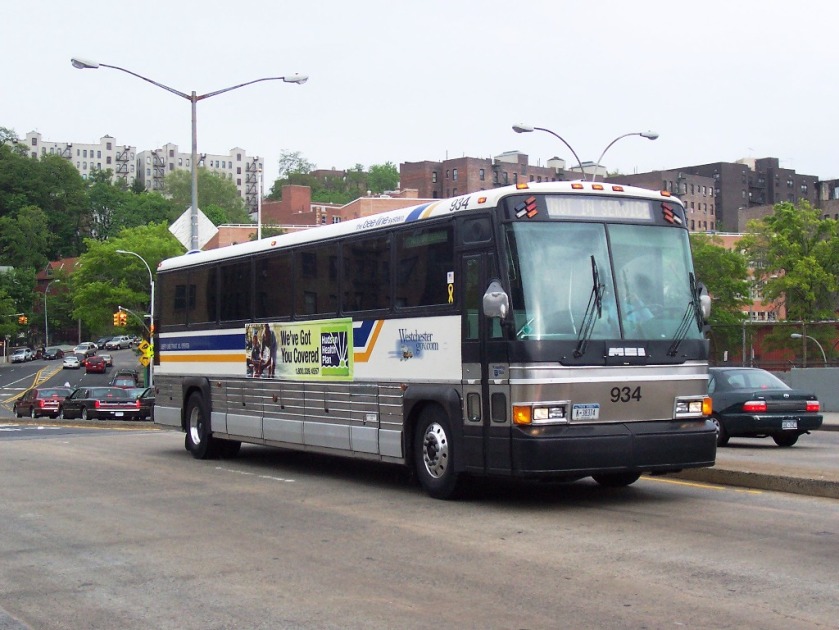 1985
1985
B series
96B3
102B3
Can’t find it.
C series
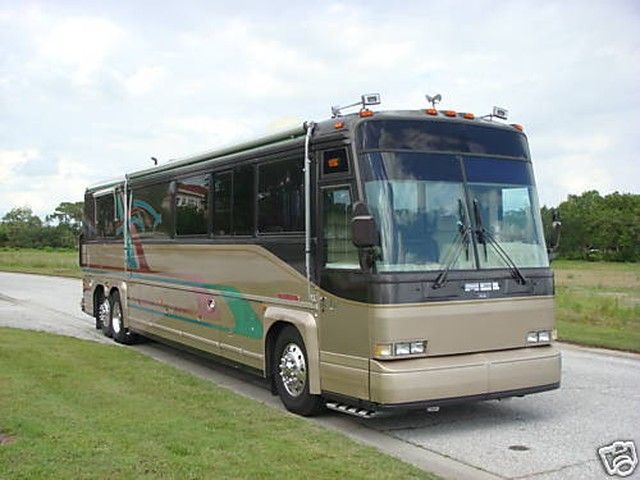 1989 MCI 102C3
1989 MCI 102C3
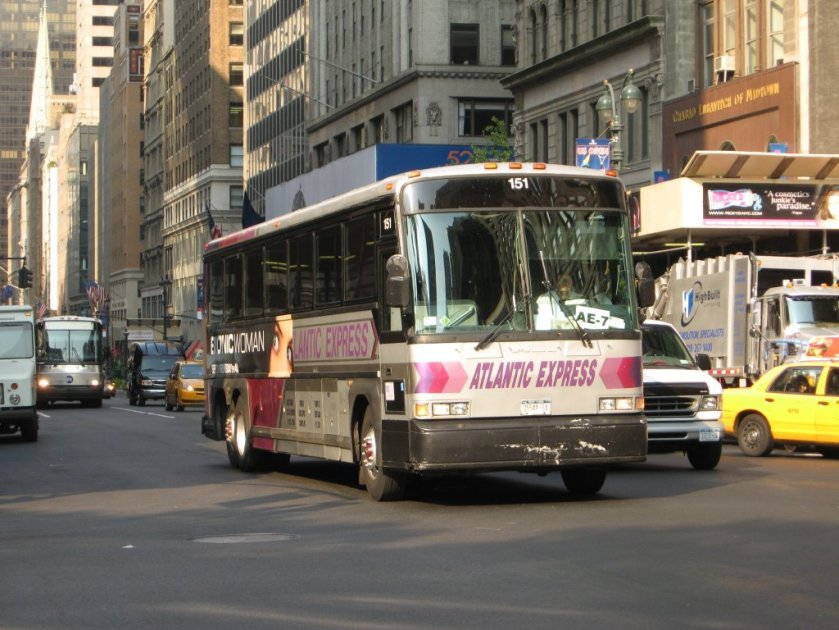 102C3
102C3
D series
102D3
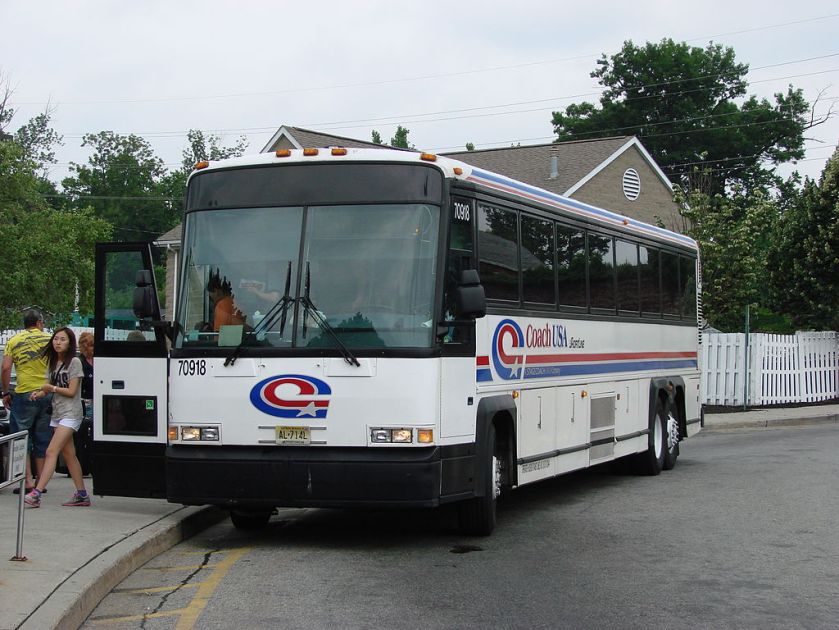 102DL3
102DL3
D series narrow
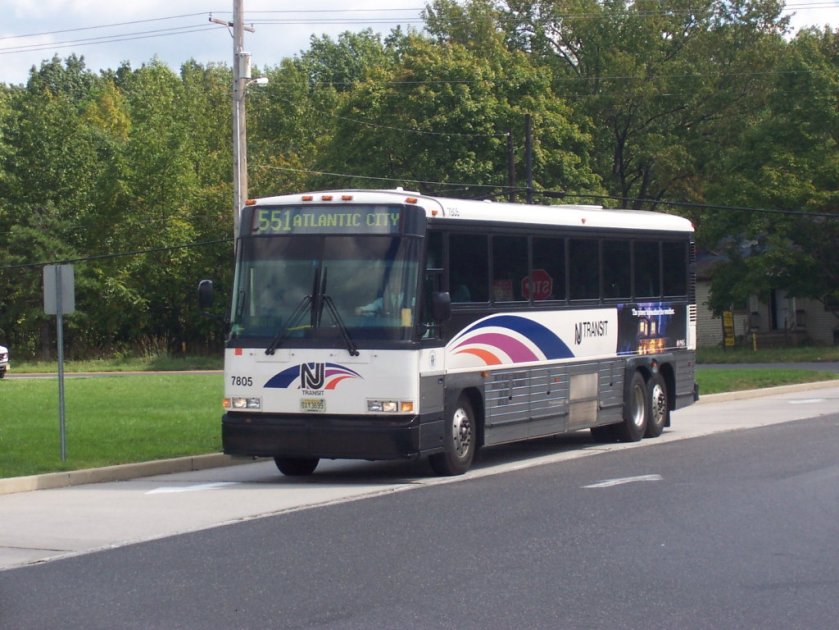 D4000N
D4000N
E series
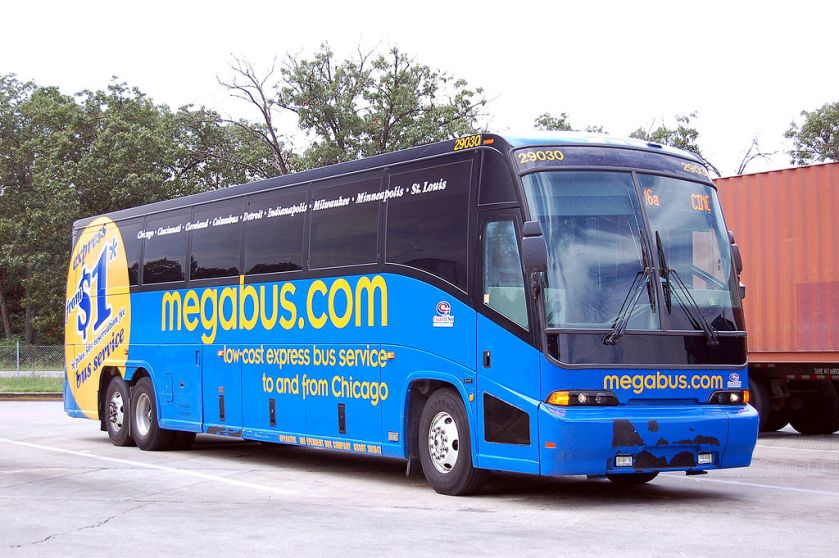
102EL3
E4500
E4500LX
F series
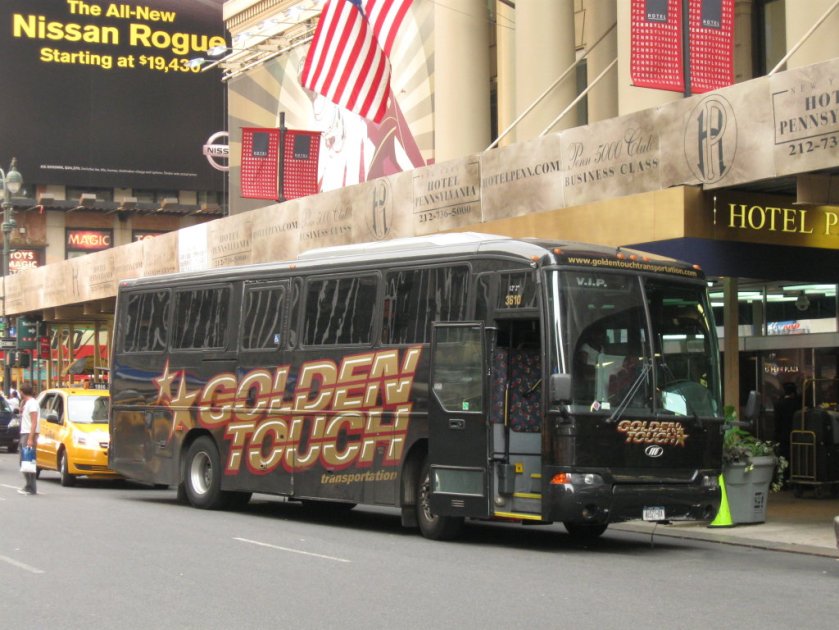 Golden Touch MCI F3500
Golden Touch MCI F3500
F3500
G series
G4100
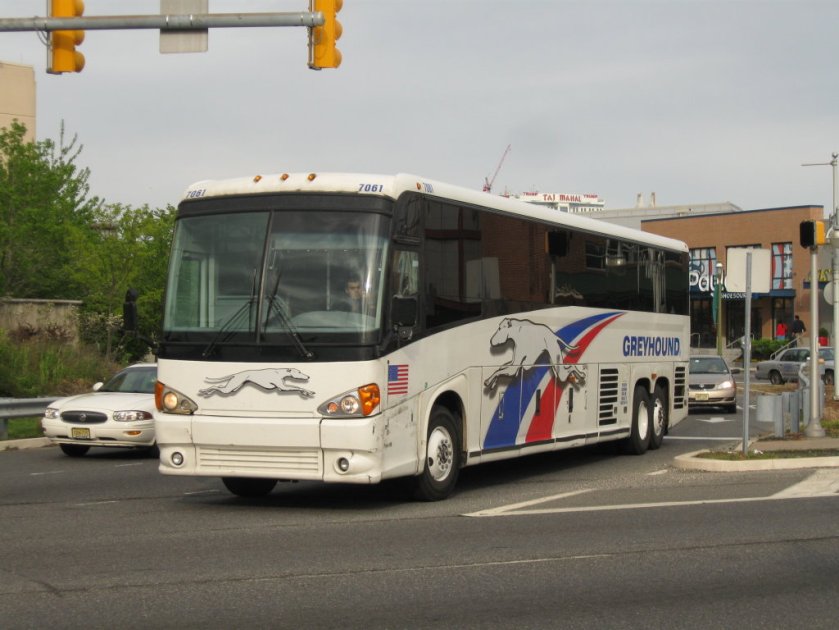 G4500
G4500
MC series (1958–1998)
These models bore the MC-number designation.
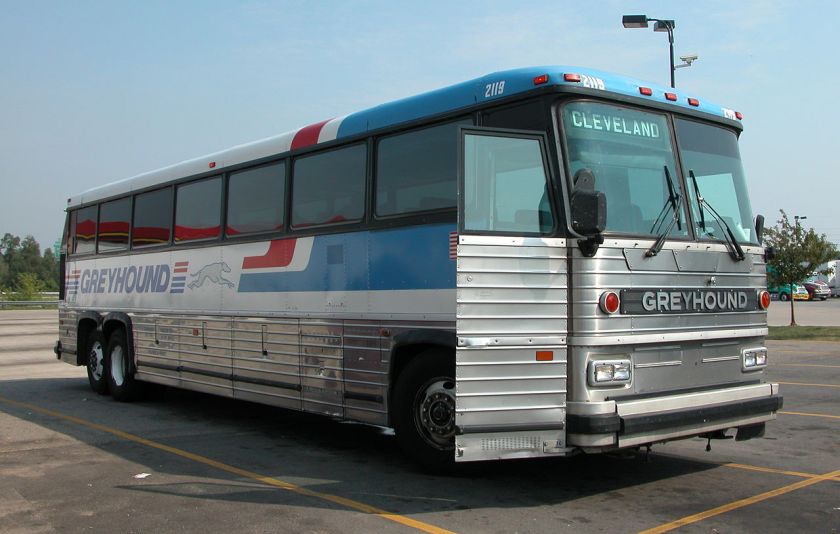
1991-98 MCI MC-12
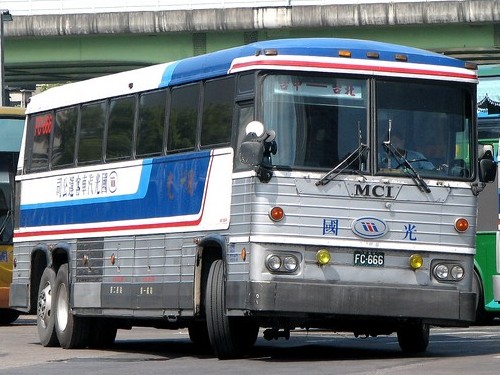
1978-90 MCI MC-9
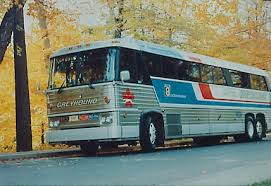
1973 MCI MC-8 Greyhound Lines of Canada
1973-78 MCI MC-8
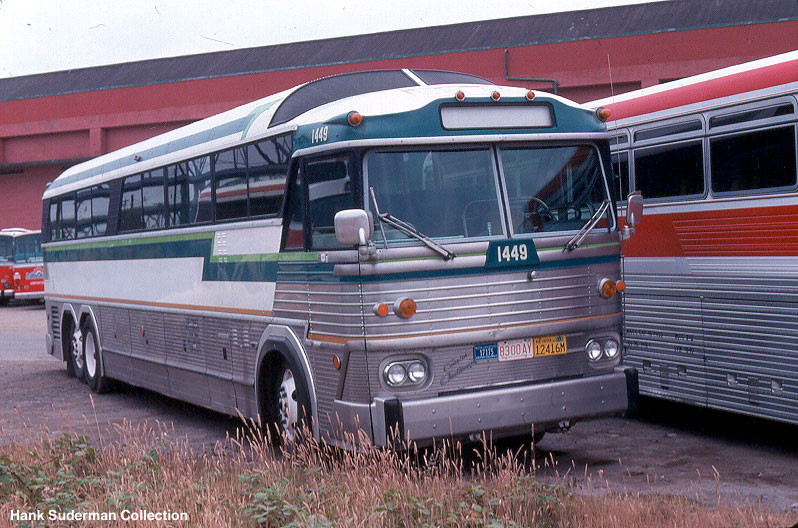
1970 MCI MC-7
1968-73 MCI MC-7

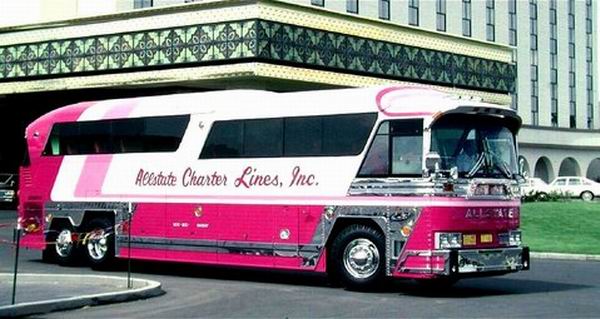
1966-70 MCI MC-6 / MCX-6
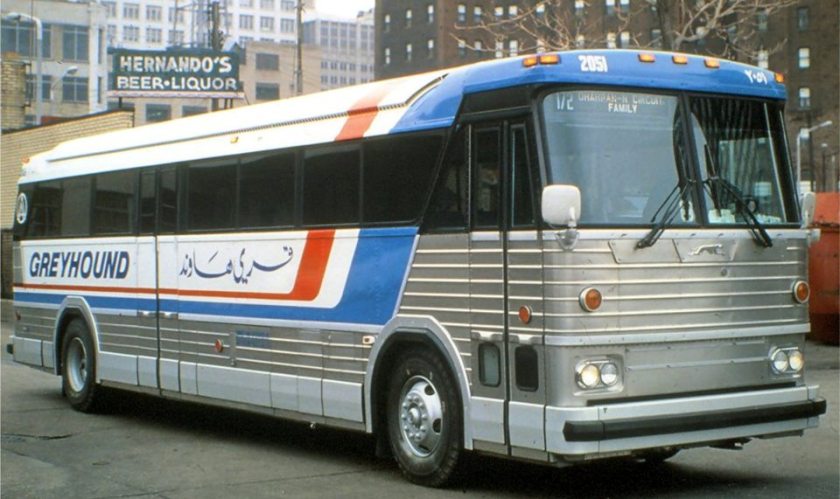
1979 MCI MC5C
1977-80 MCI MC-5C
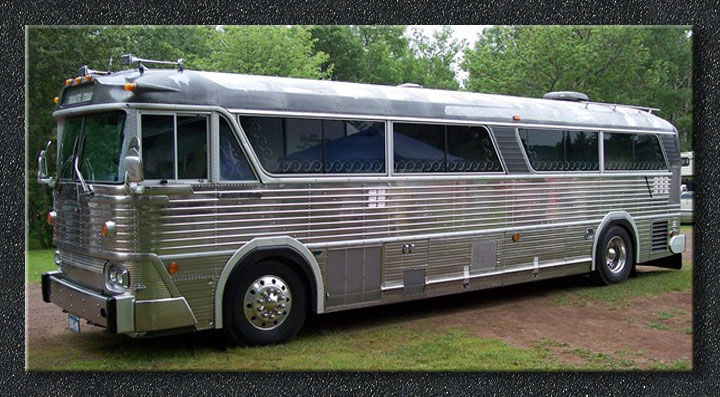
1972 MCI MC5B RV Conversion
1971-77 MCI MC-5B
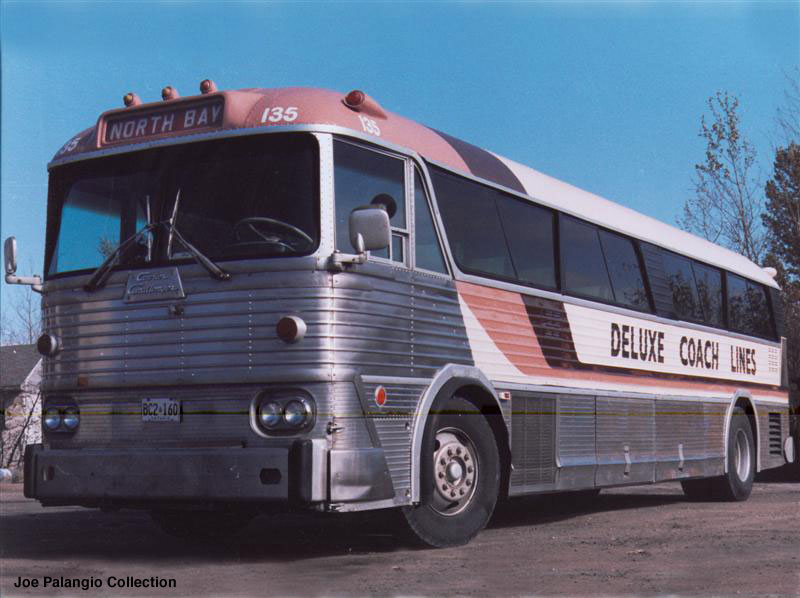
1968 MCI MC5A
1964-70 MCI MC-5A / MCC-5A
MCI Courier series (pre-1960)
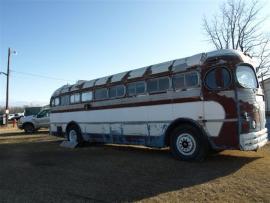
1949 MCI Courier 200B
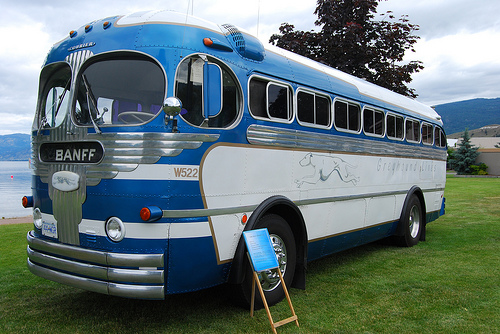
1948-49 MCI Courier 200A

1947-49 MCI Courier 200
1949-49 MCI Courier 100C
1948-49 MCI Courier 100B
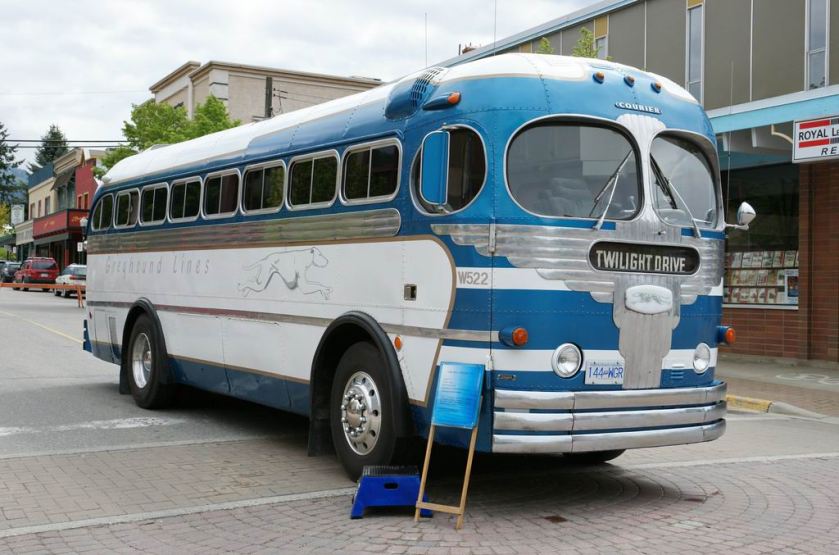
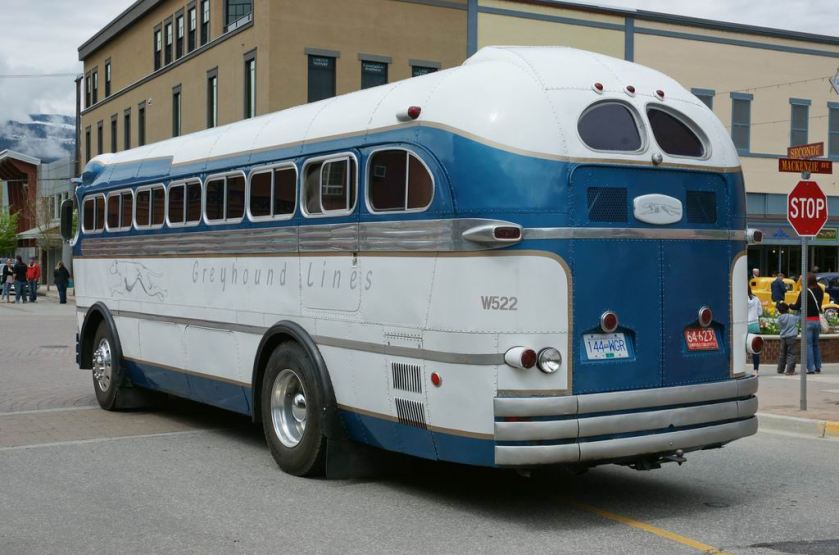
1947-48 MCI Courier 100

1956 MCI Courier 97
1956 MCI Courier 97
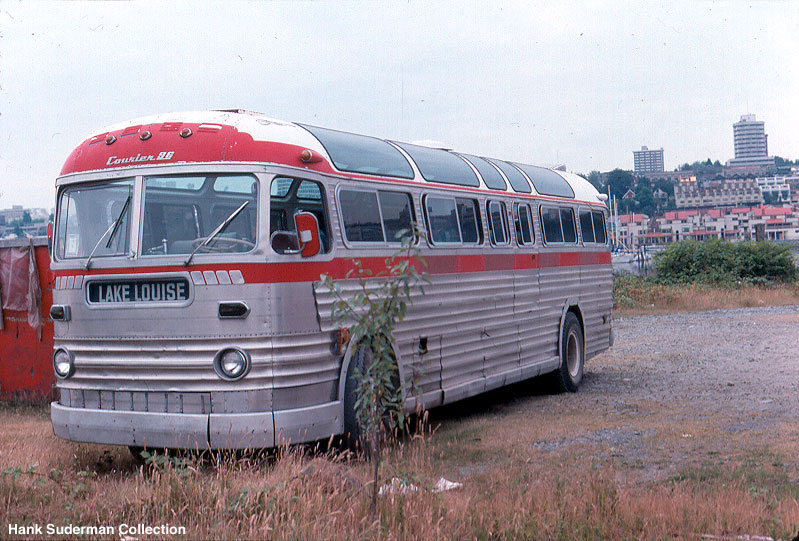
1960-mci-courier-96 with sky view
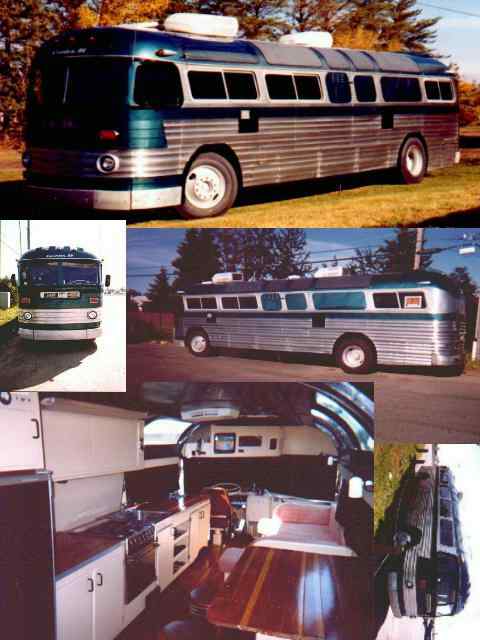
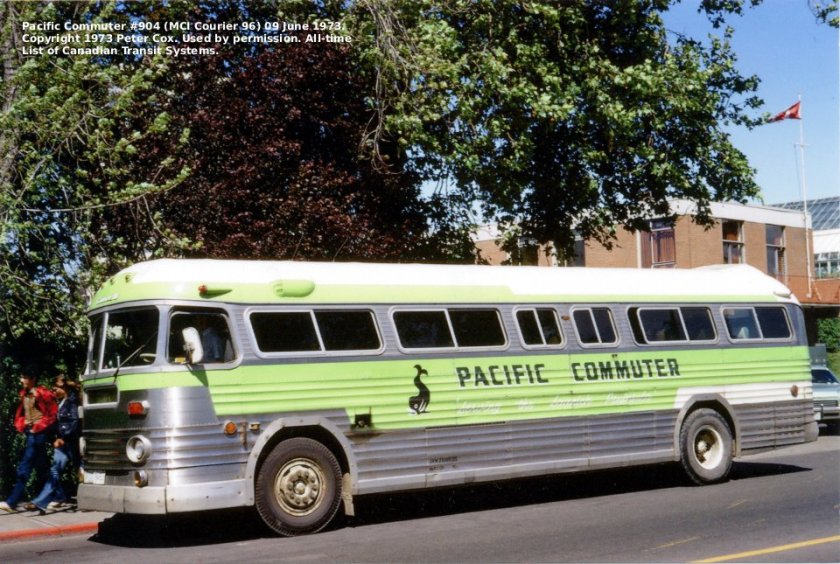
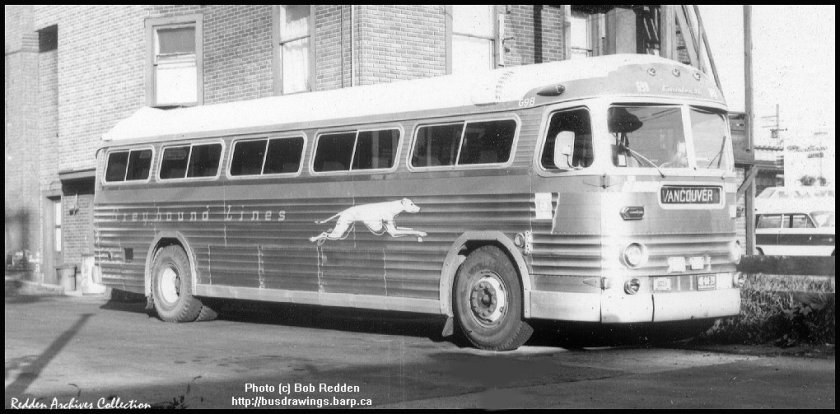
1955 MCI Courier 96
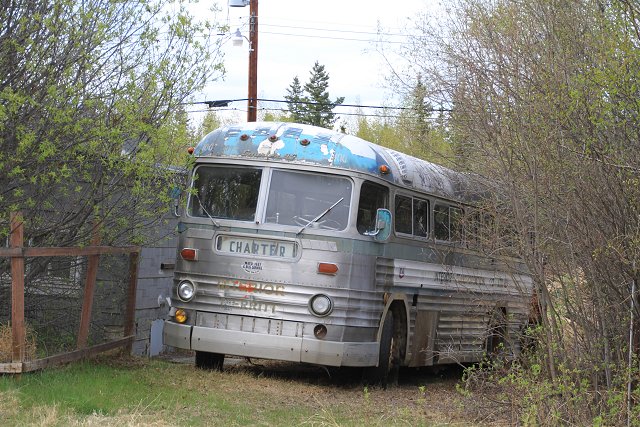
1953-60 MCI Courier 95D
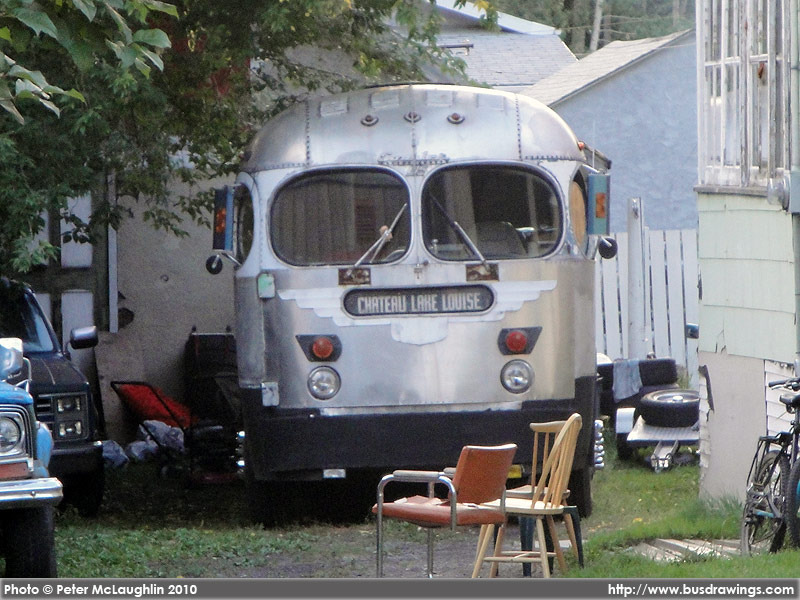 1953-60 MCI Courier 95
1953-60 MCI Courier 95
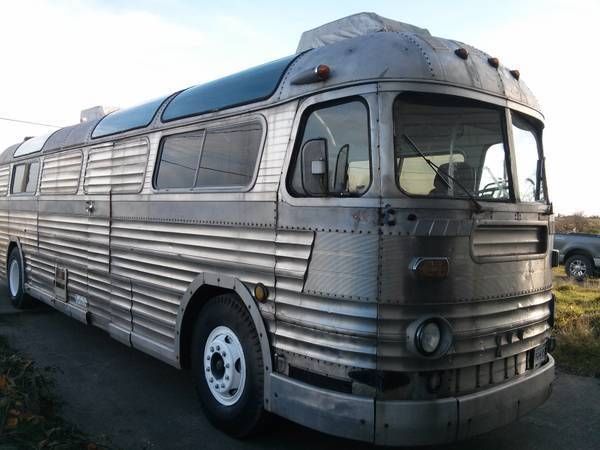
1957-mci-courier-96-skyview-bus
1953-60 MCI Courier 95 Skyview
1953-60 MCI Courier 90
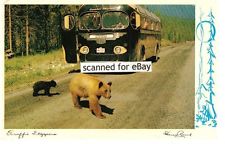
1953-60 MCI Courier 90 Skyview
1952 MCI Courier 85X
1951-52 MCI Courier 85A
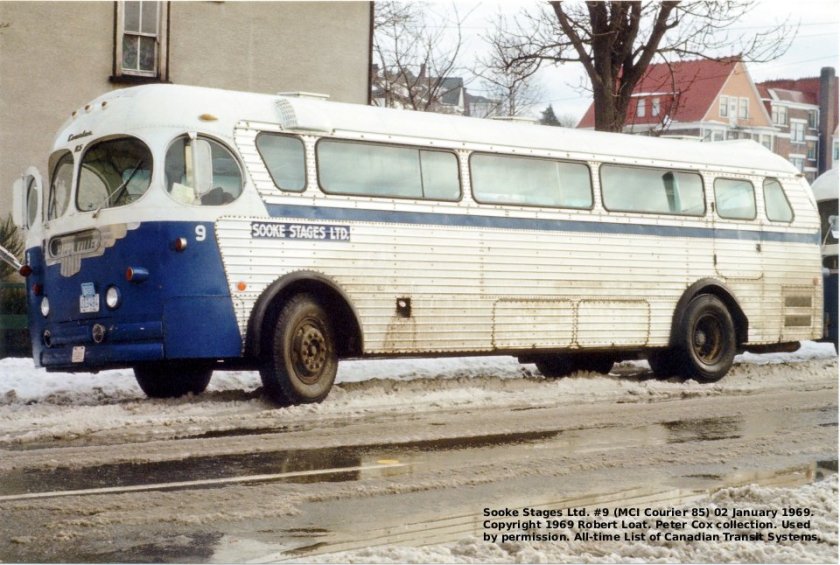
1950-52 MCI Courier 85

1950-55 MCI Courier 50 + 50A
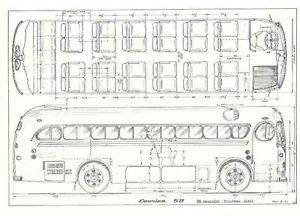
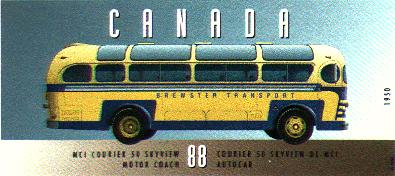
Transit (all discontinued)
TC40-102A TC40‑102N
classic built by MCI from 1987 to 1993. Design sold to
Nova Bus in 1993.
Metro Transit 708
Los Angeles metro-bus number 1312
MTA Bus TMC RTS 7167
|
|
|
|
- Also offered with WFD (Wide Front Doors) option.
|
| 40TRY |
|
|
|
- Trolleybus. One demonstrator built 1942.
|
| 150 |
|
|
|
|

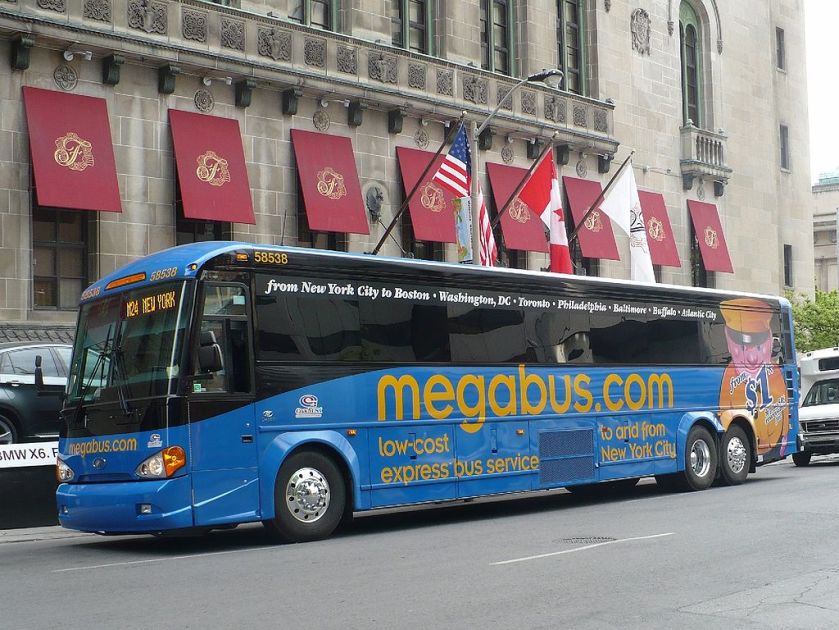
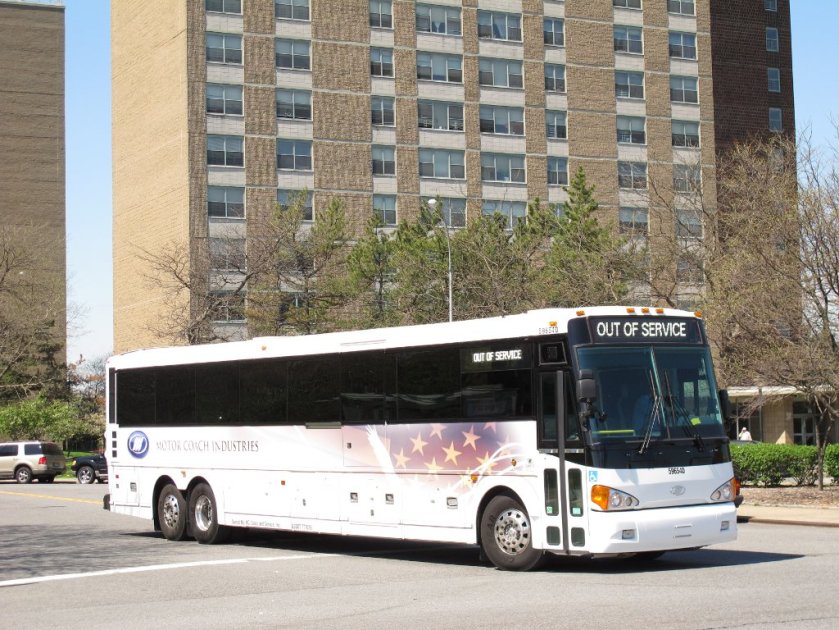
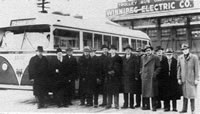
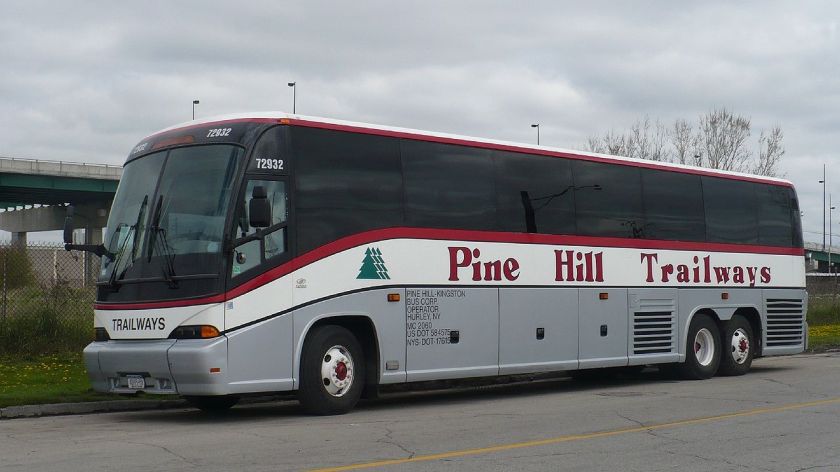
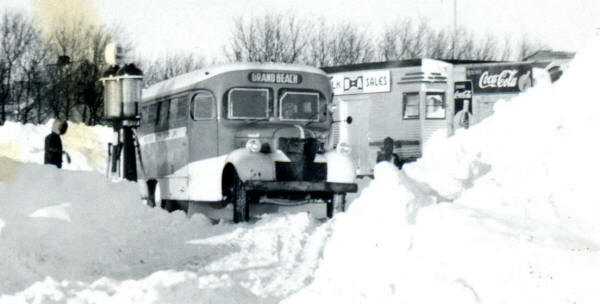
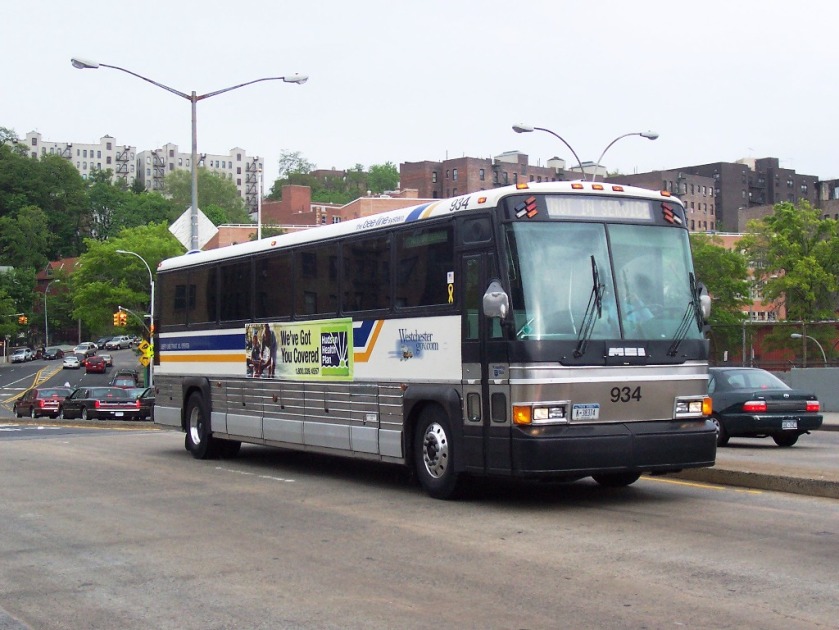
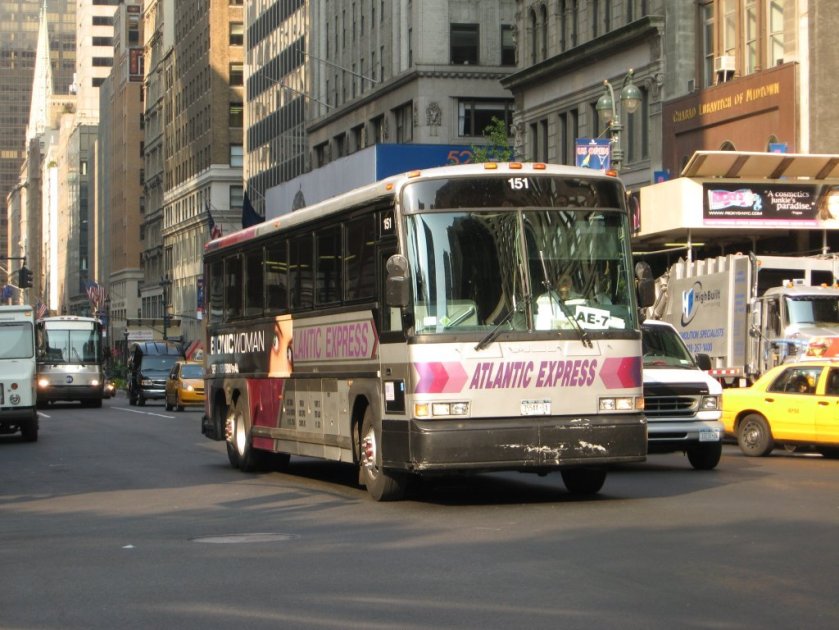
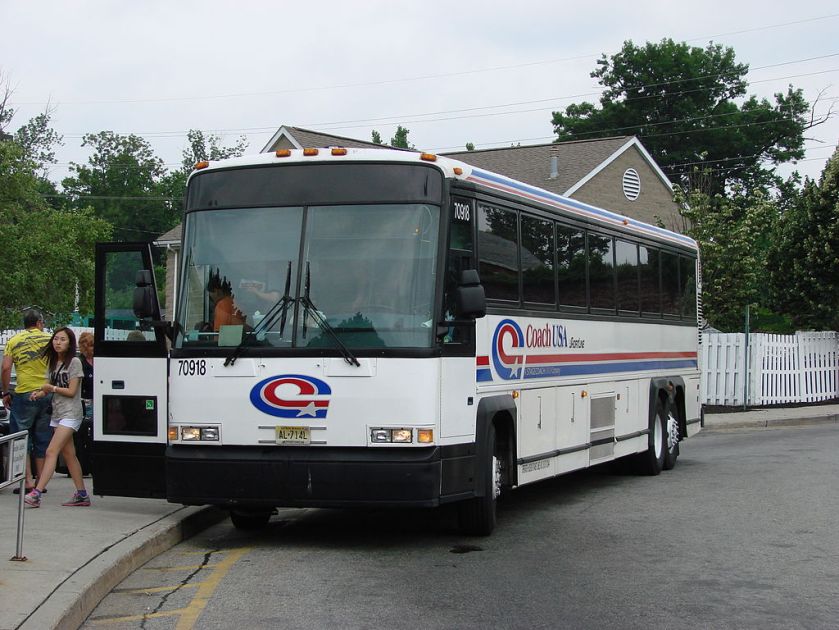
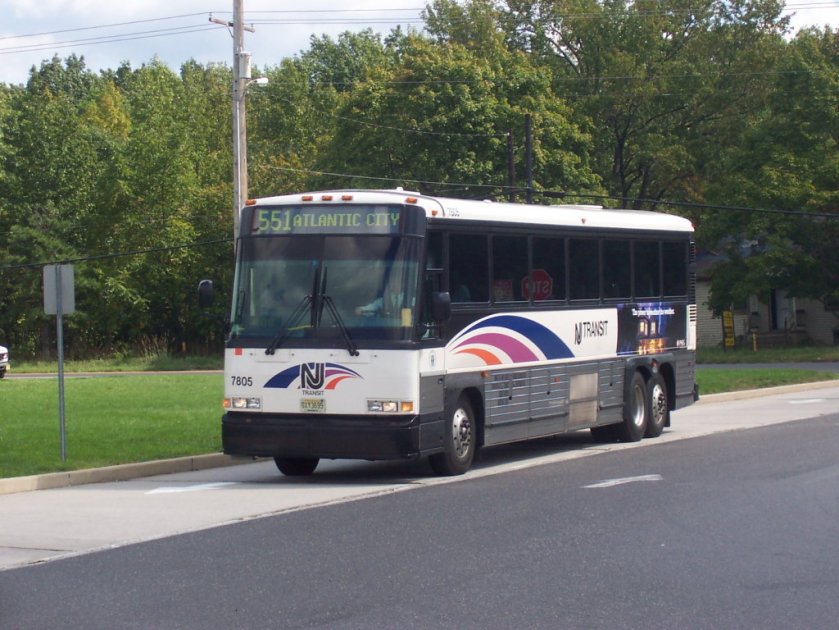
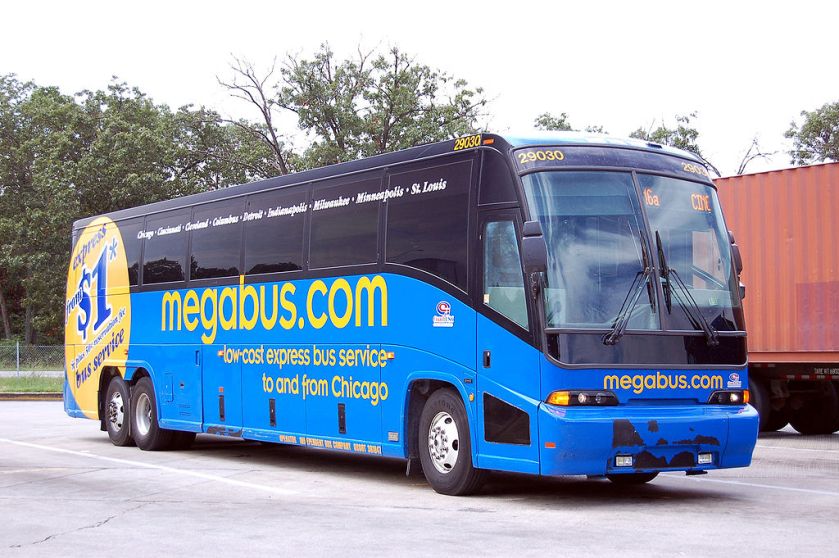

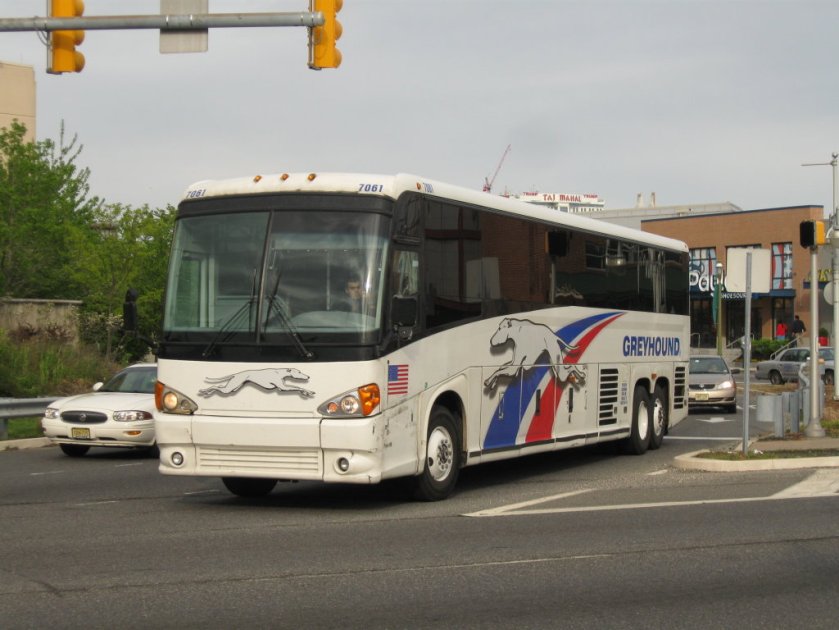
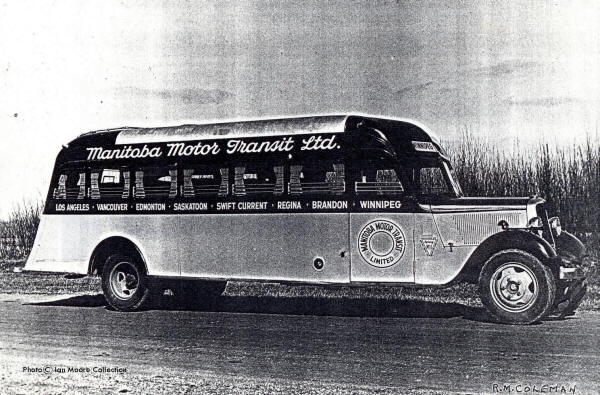
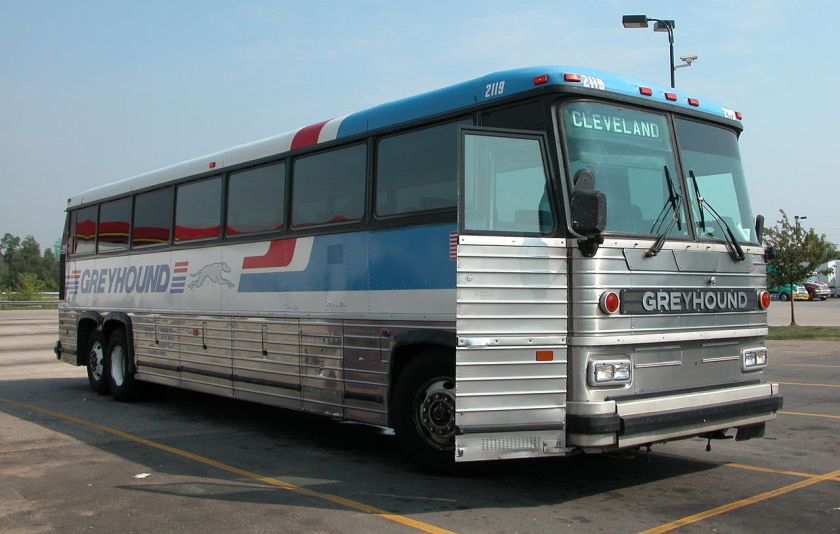


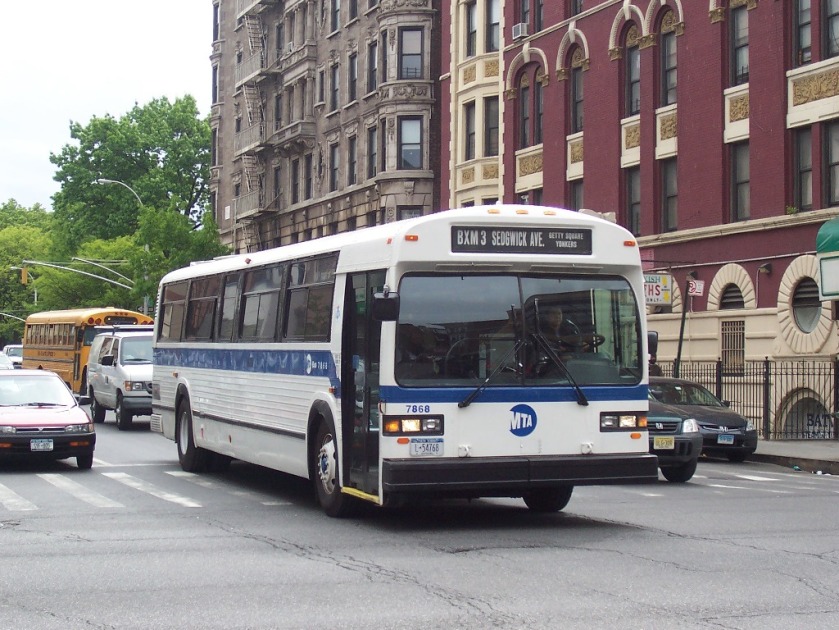
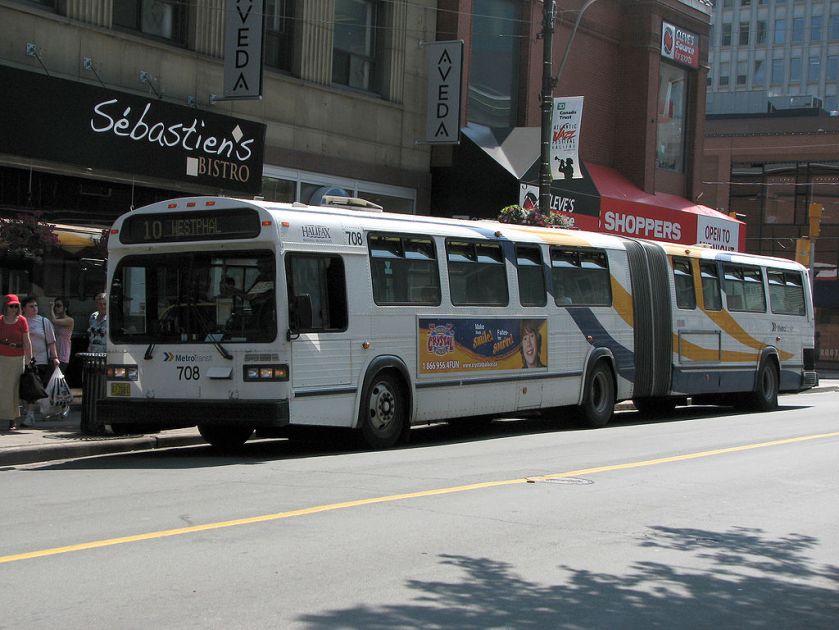
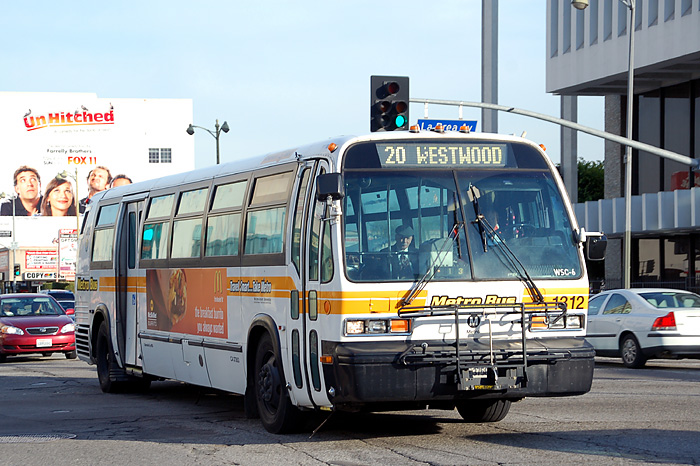
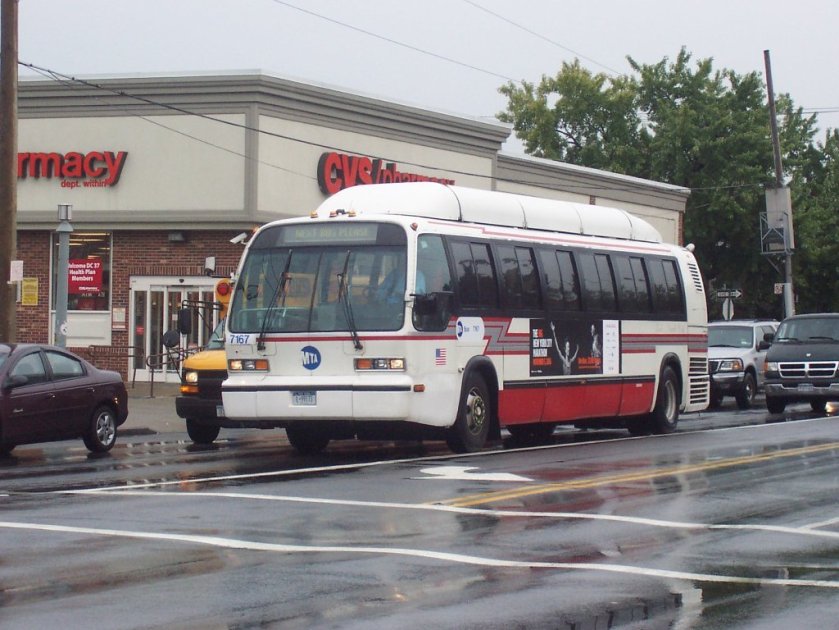
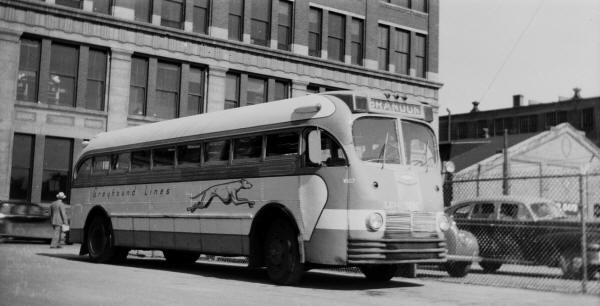
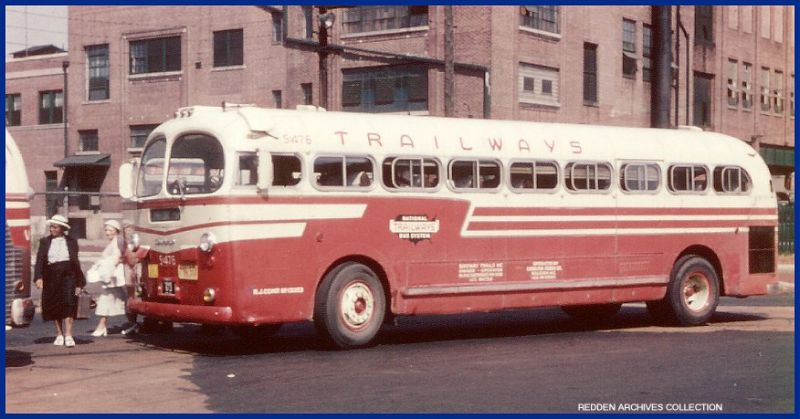
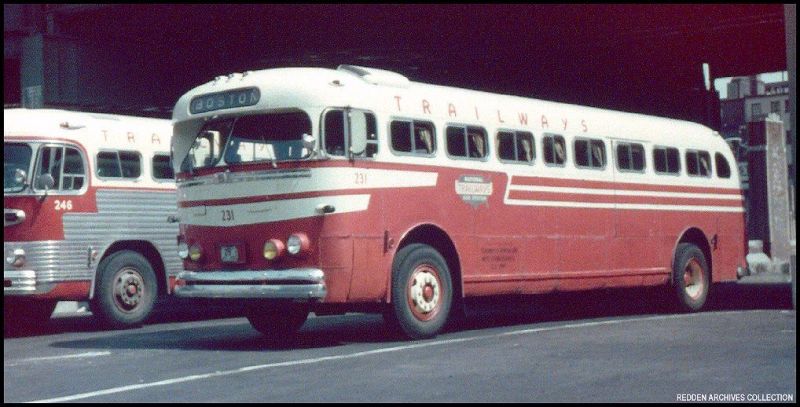
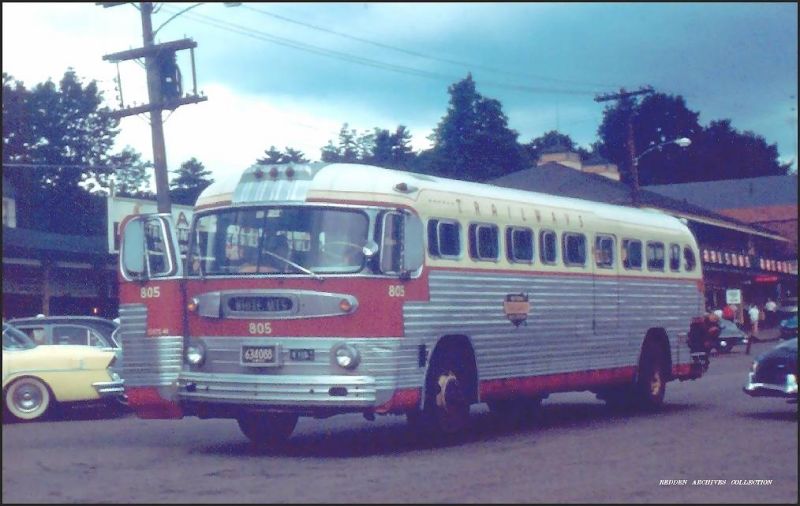
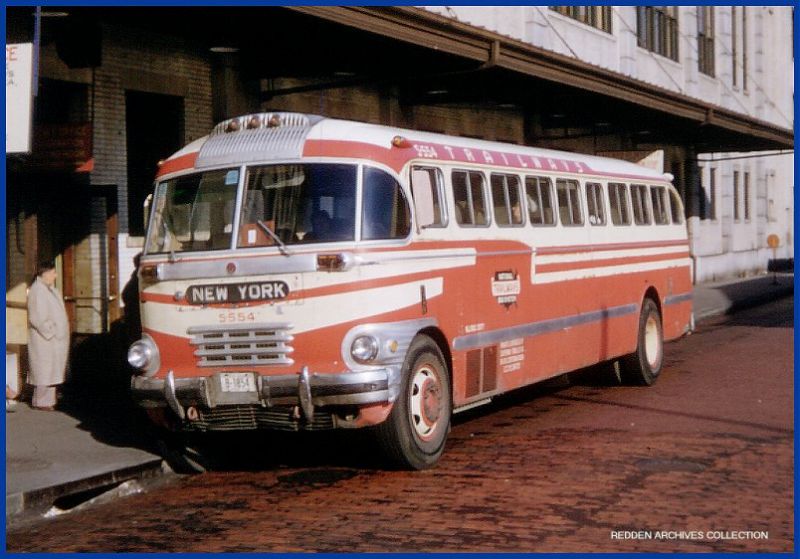

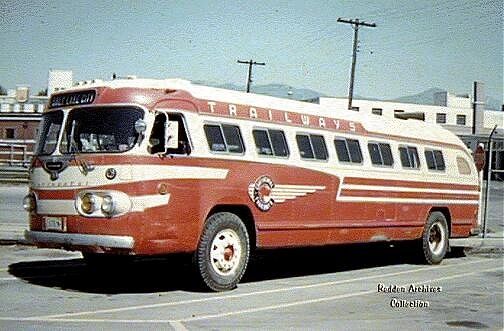
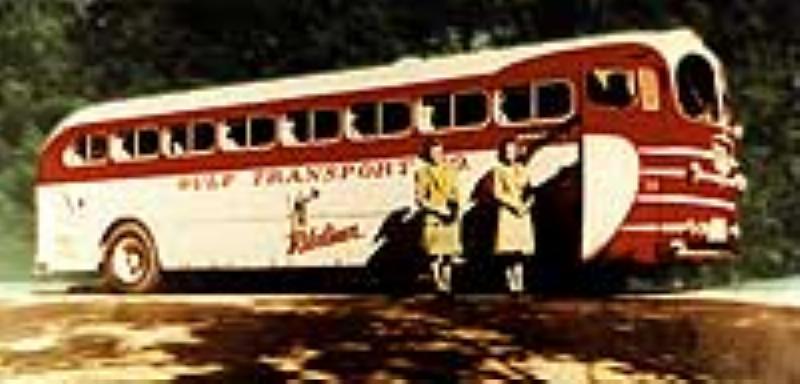



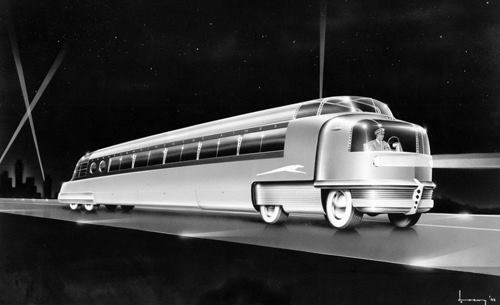
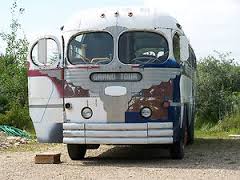
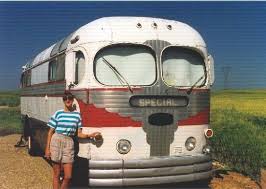
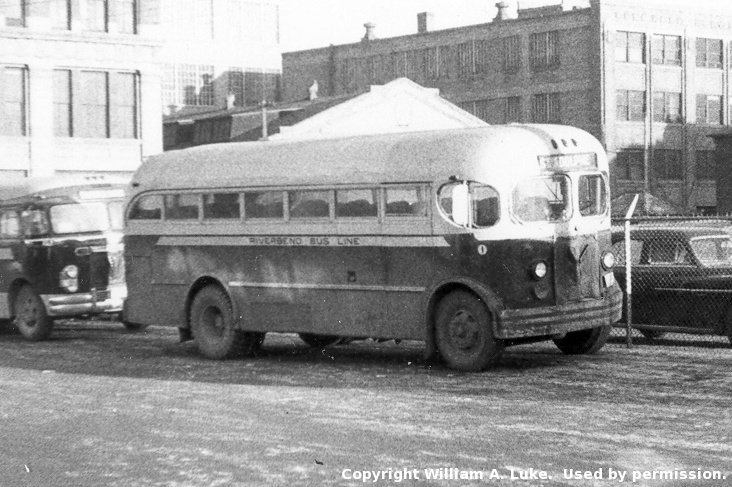
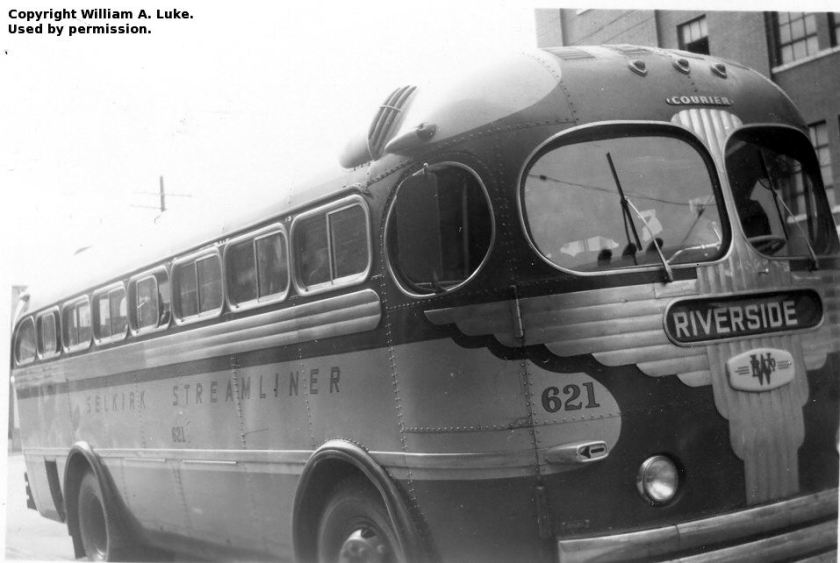
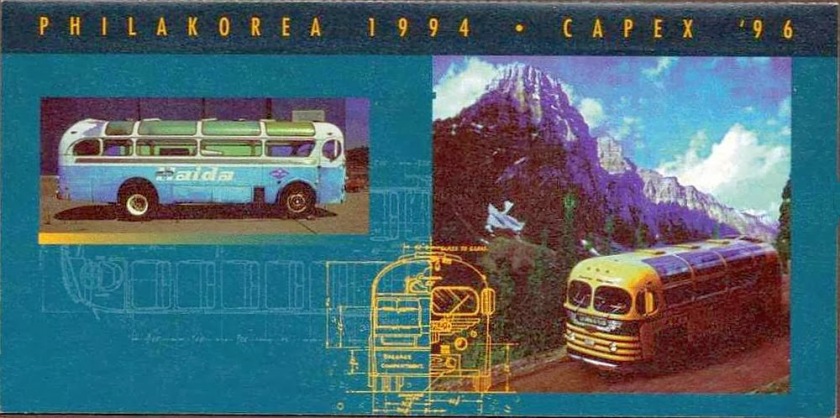
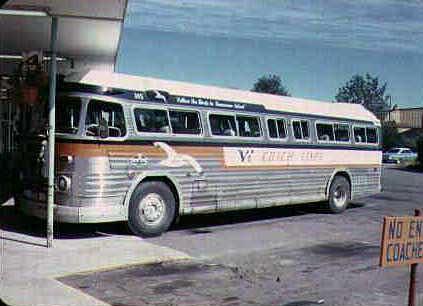
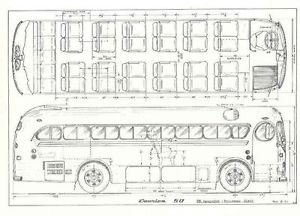
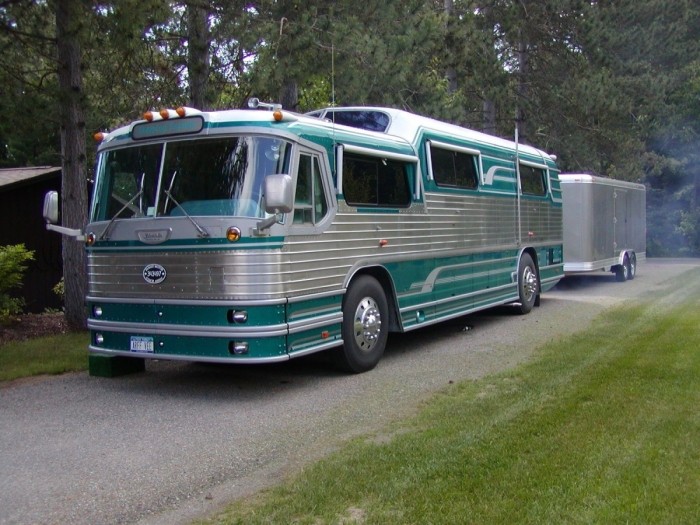
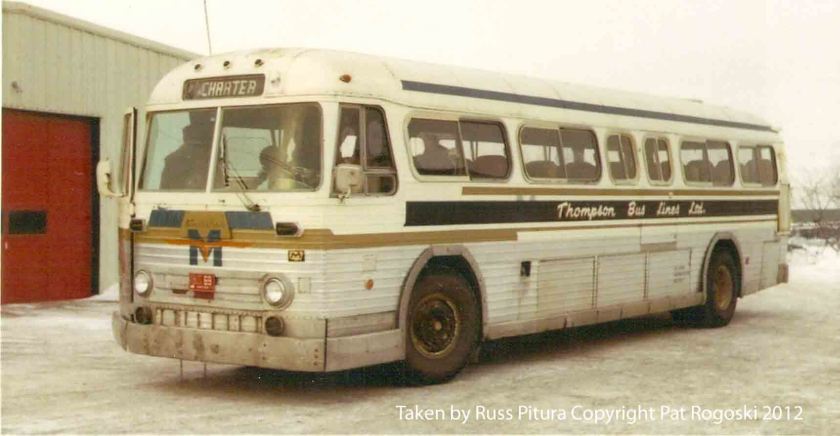
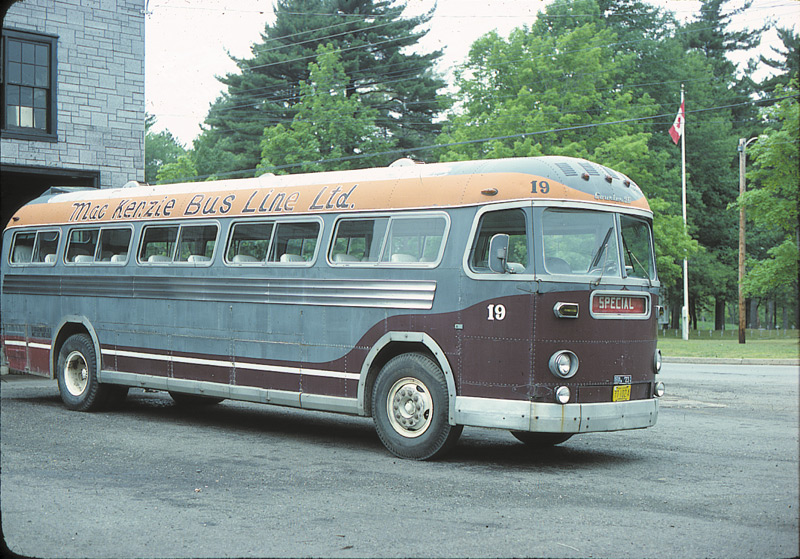
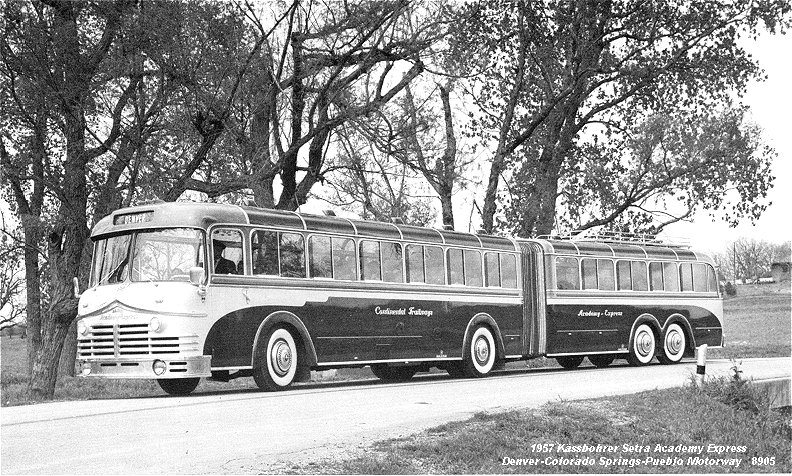
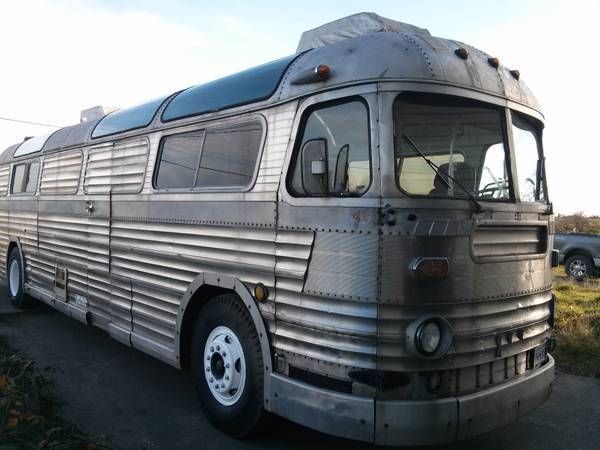
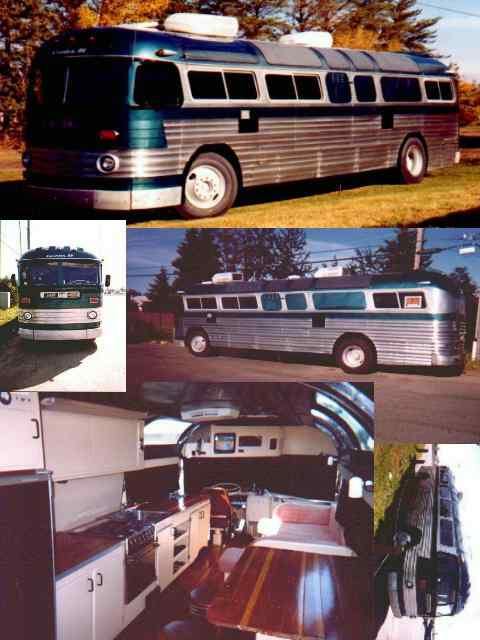
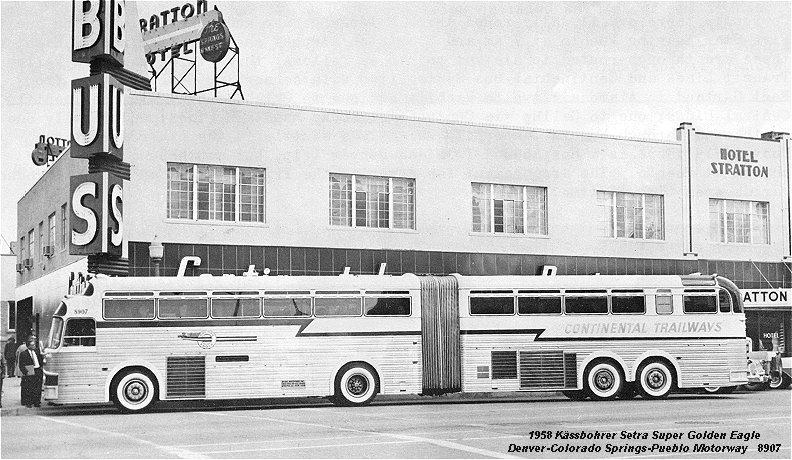
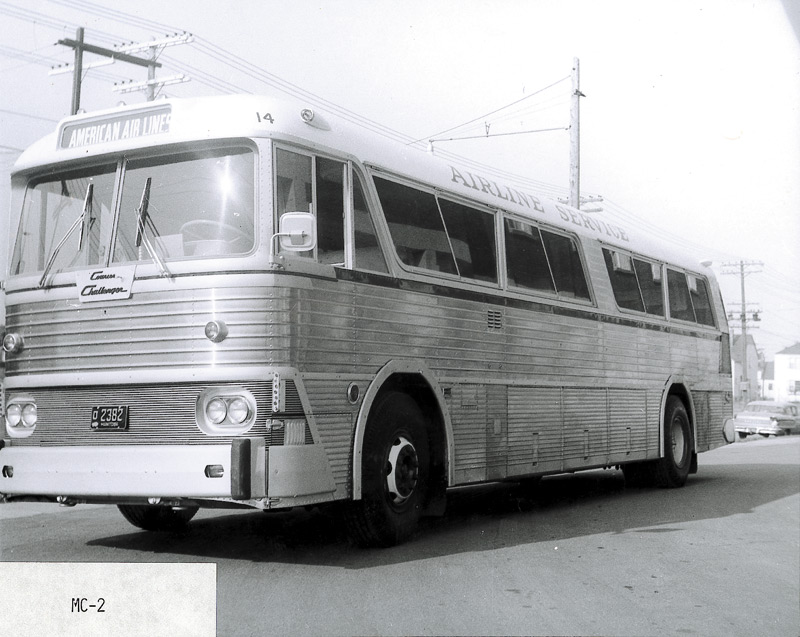

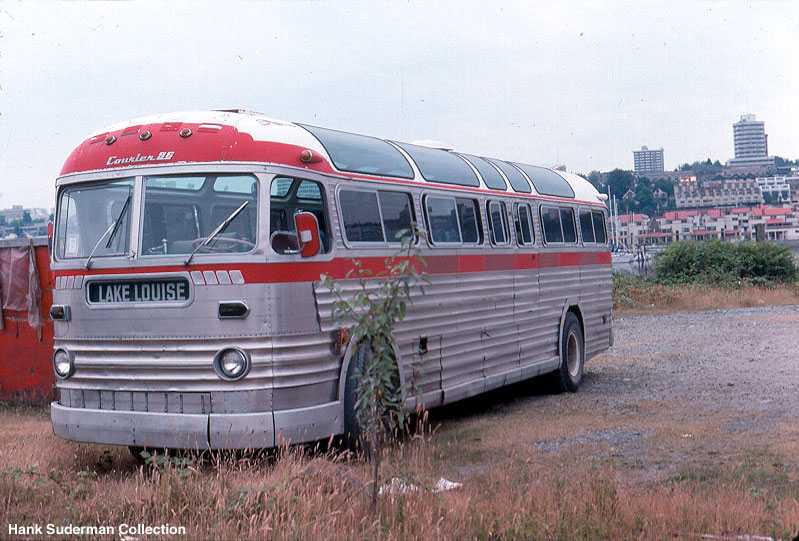
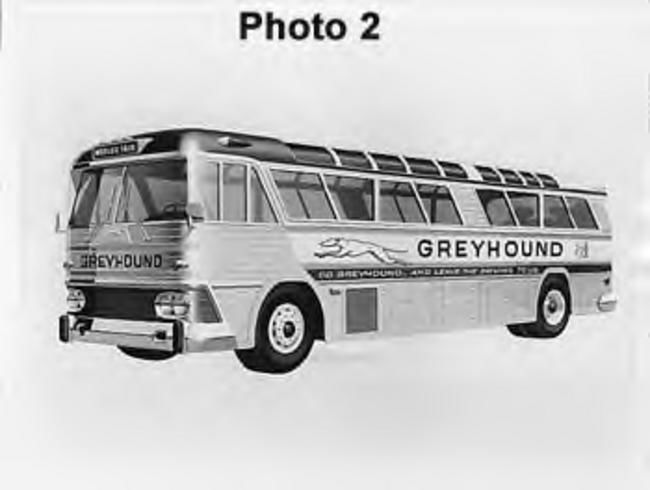
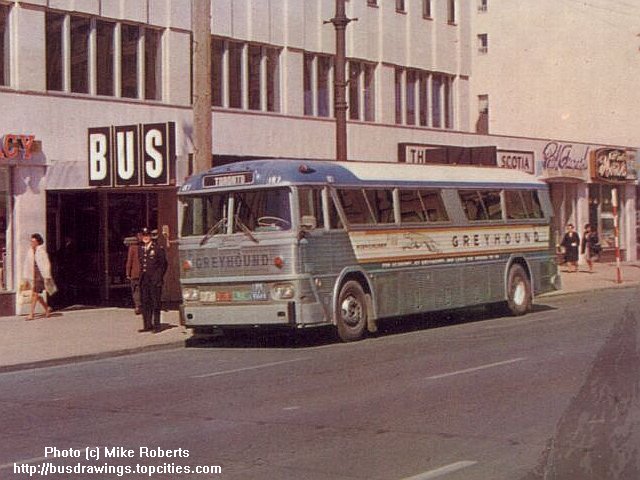
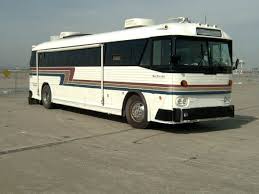
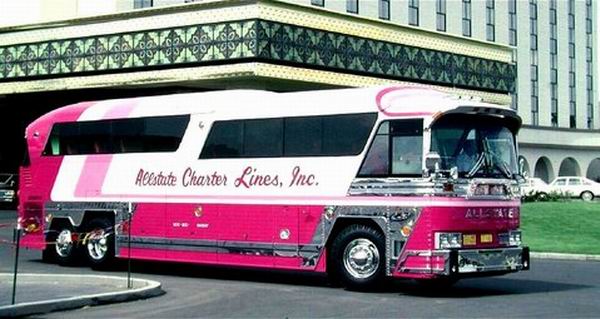
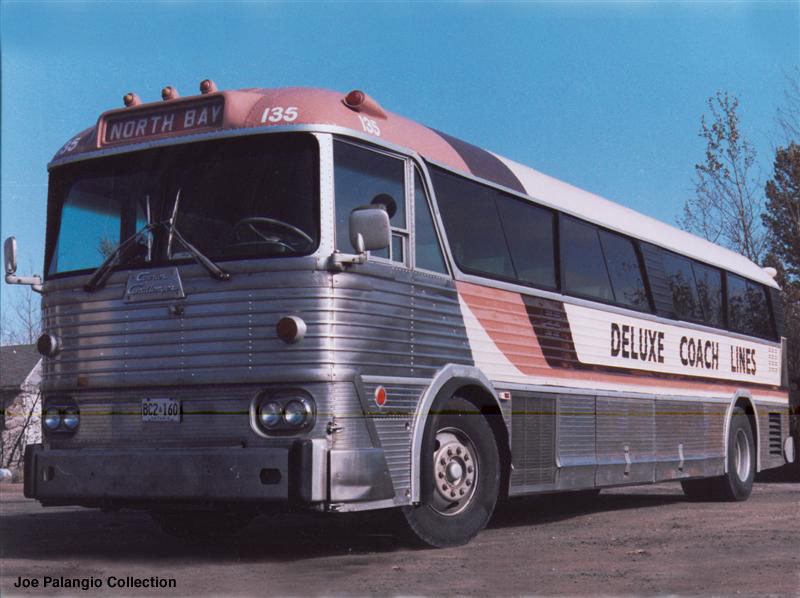
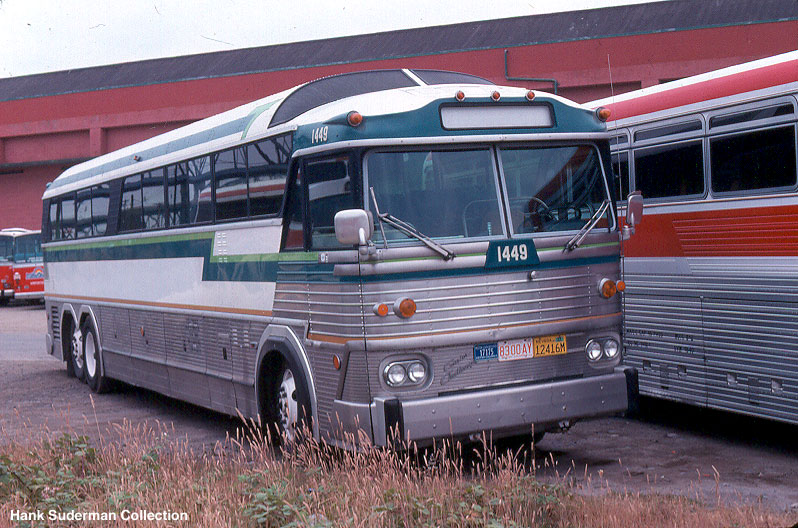


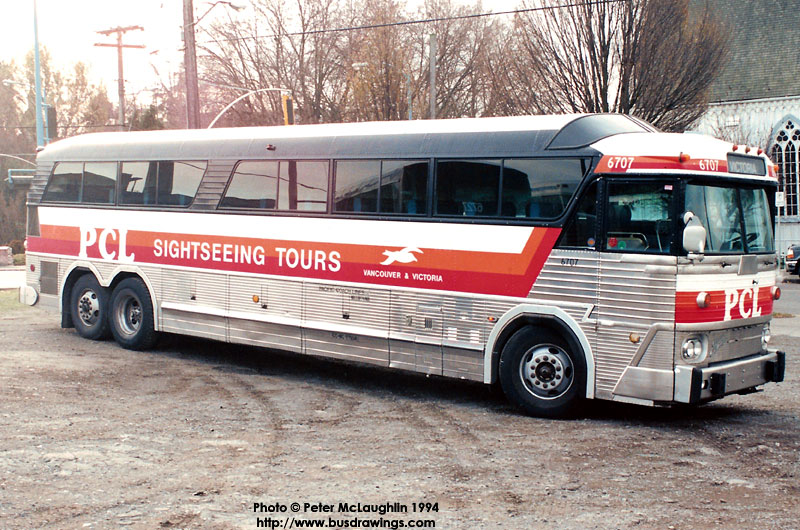

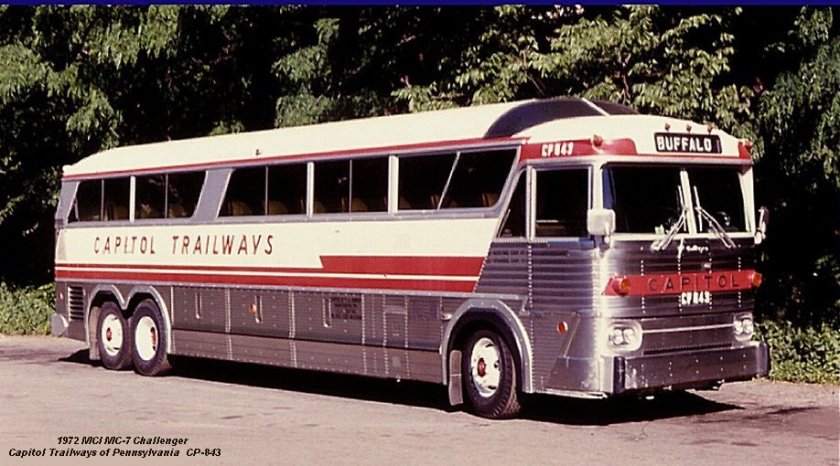
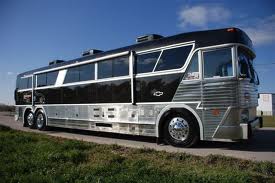

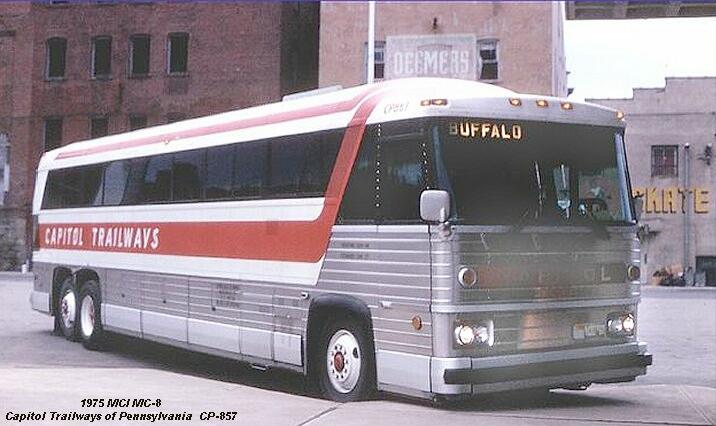
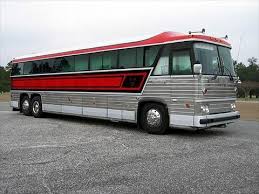

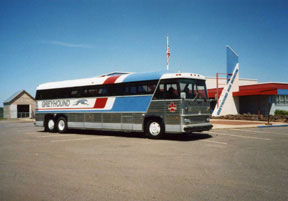
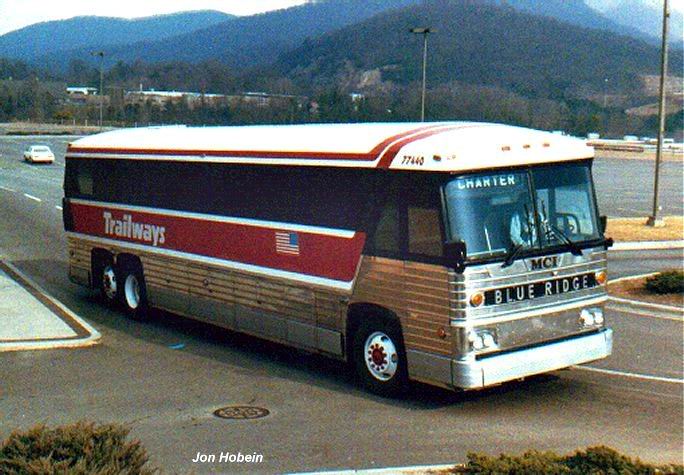
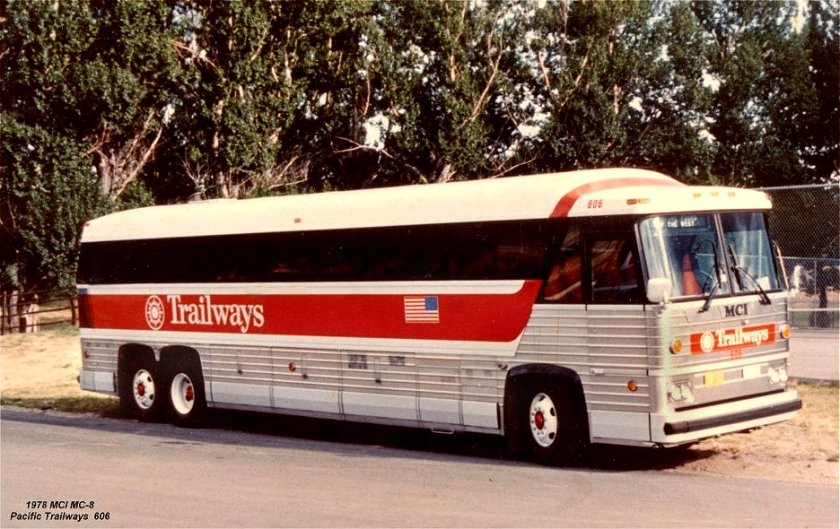
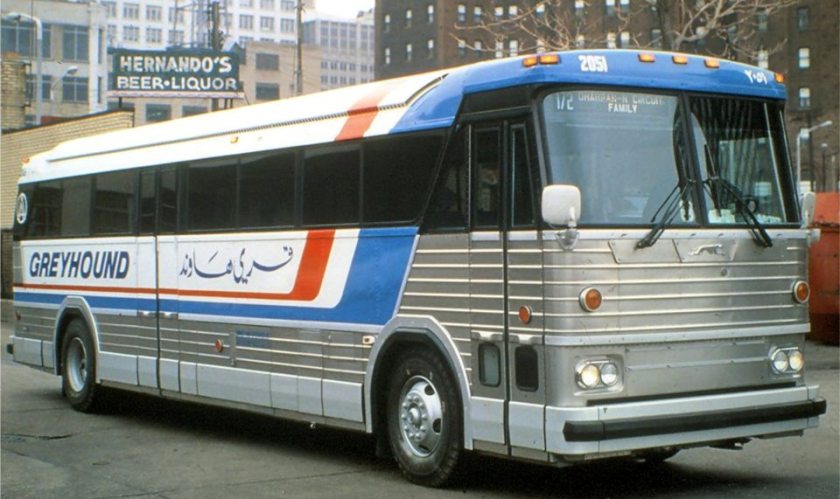

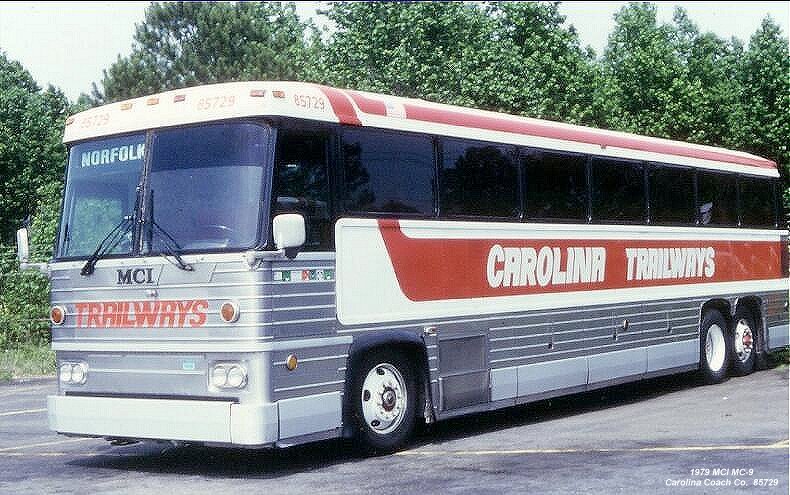
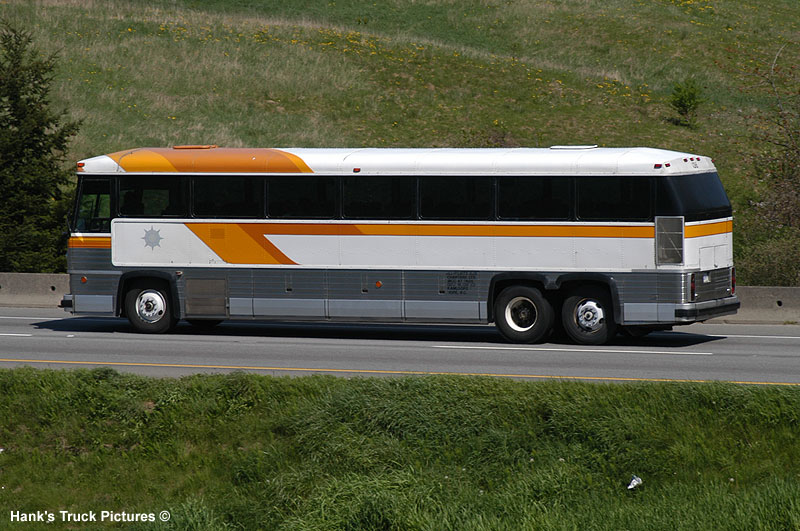
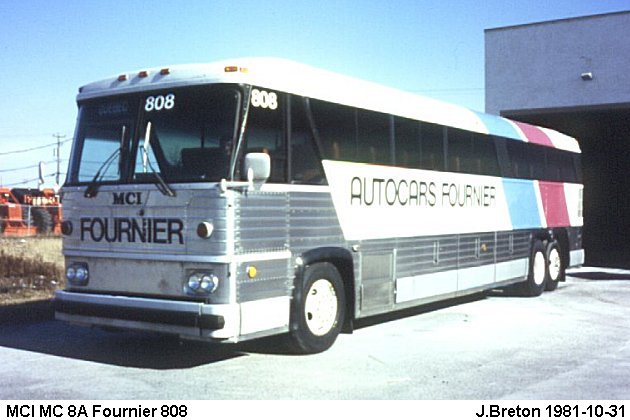
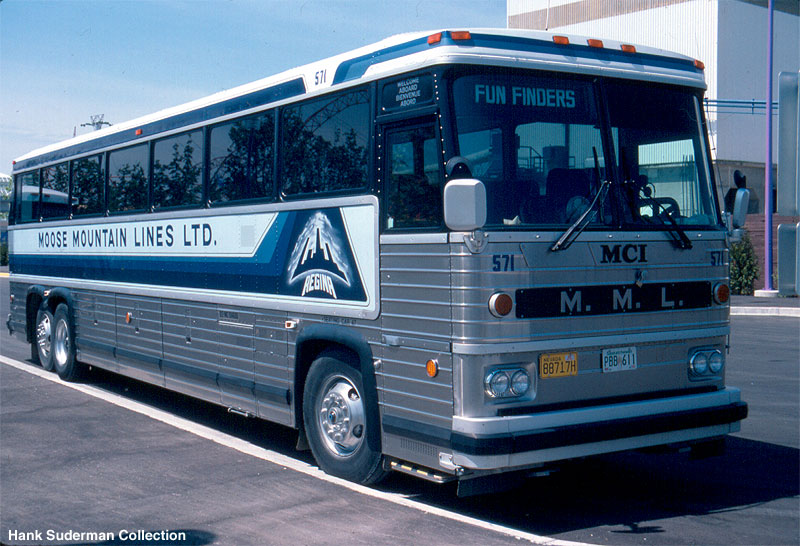
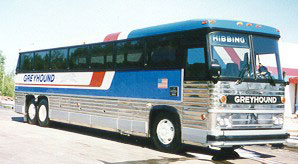

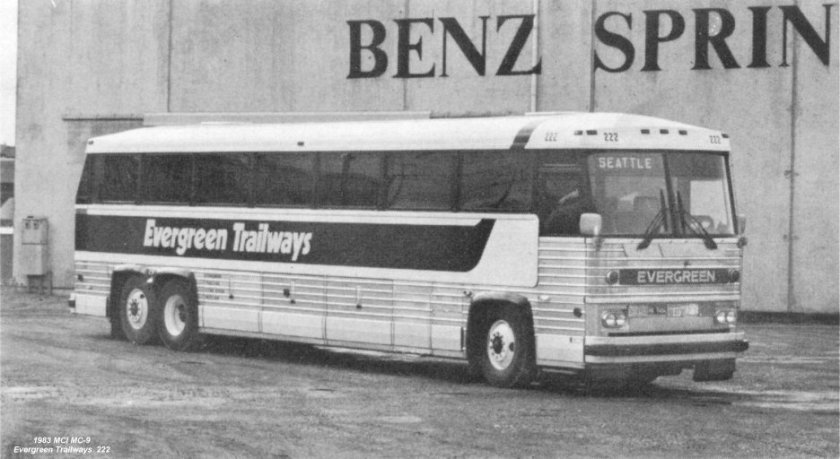
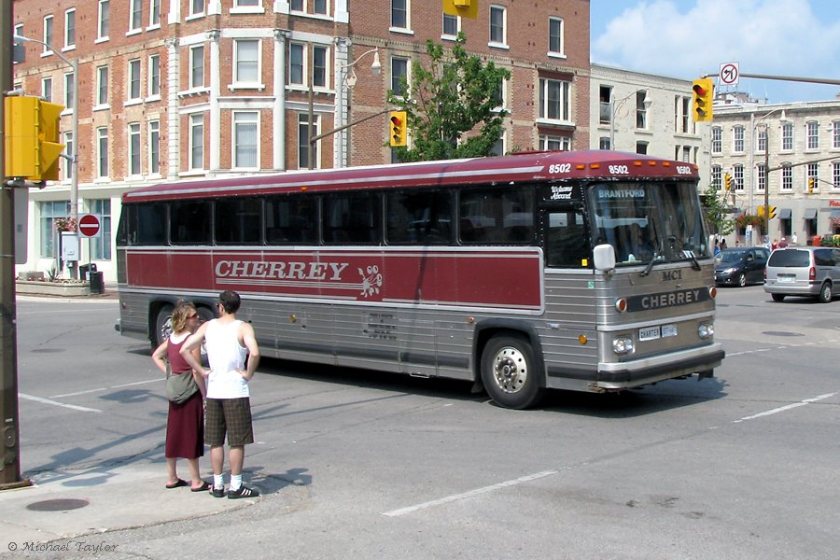
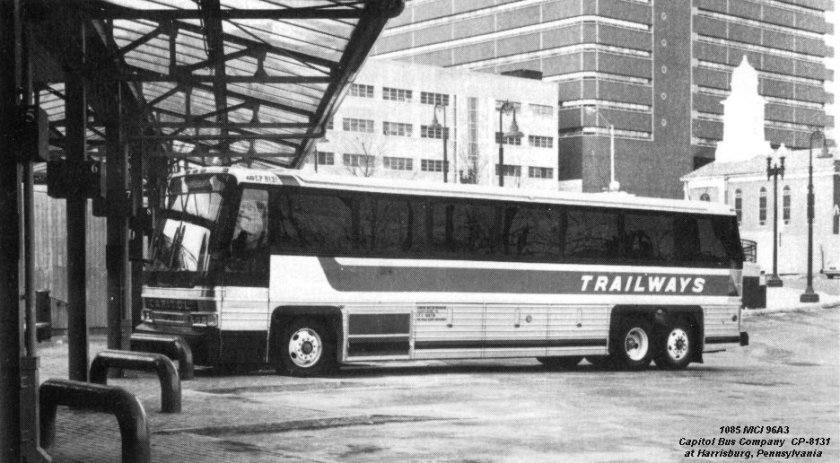
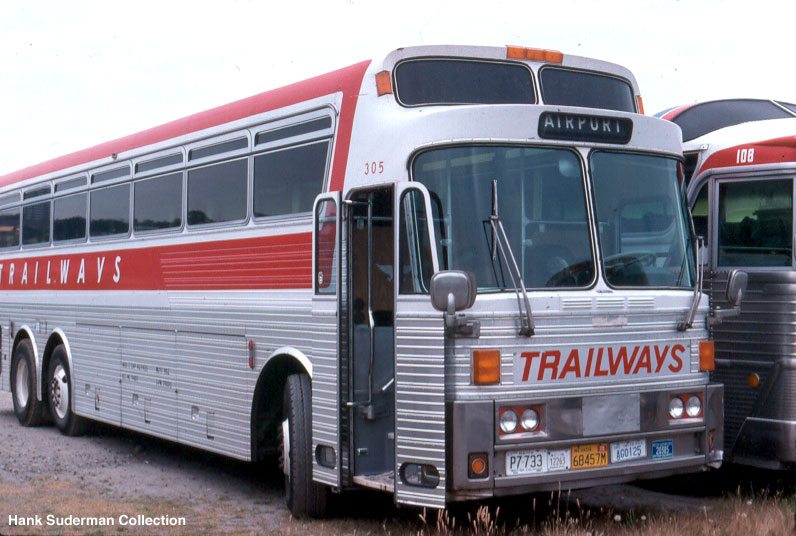
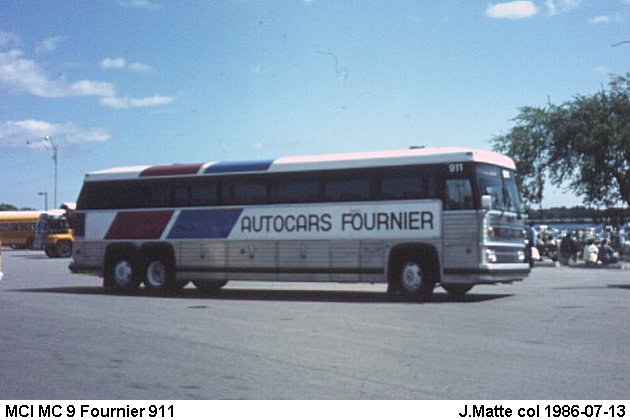

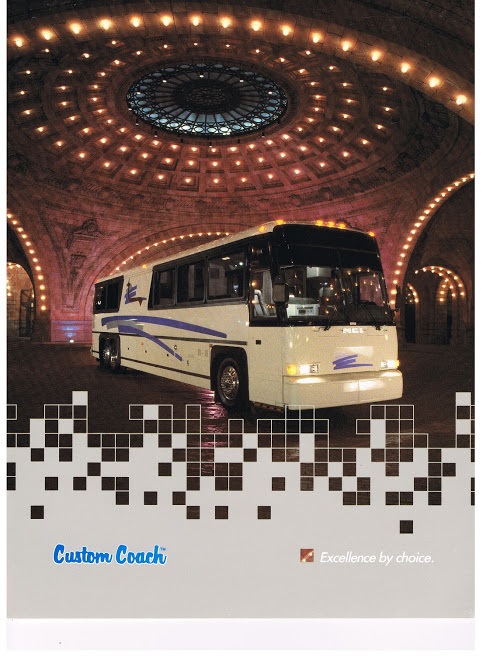
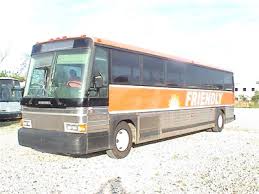
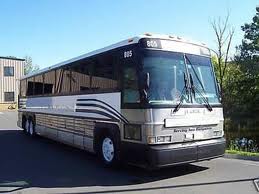

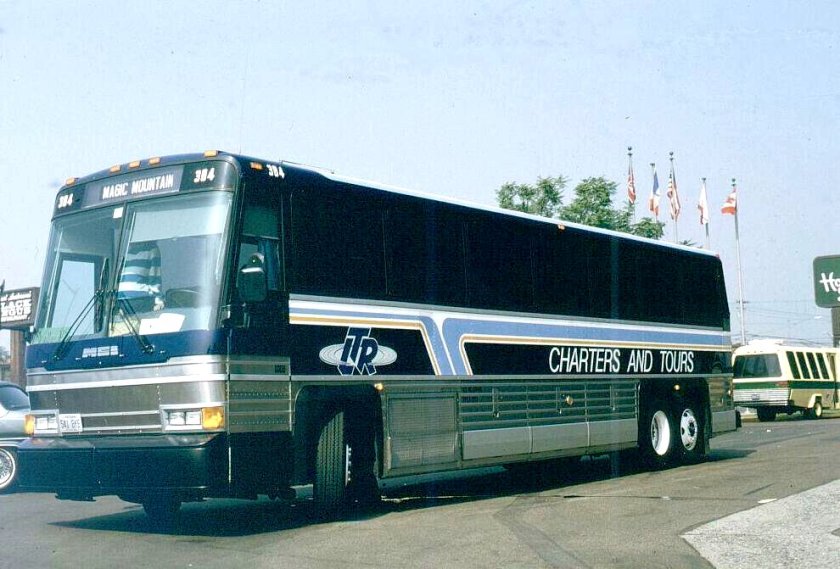

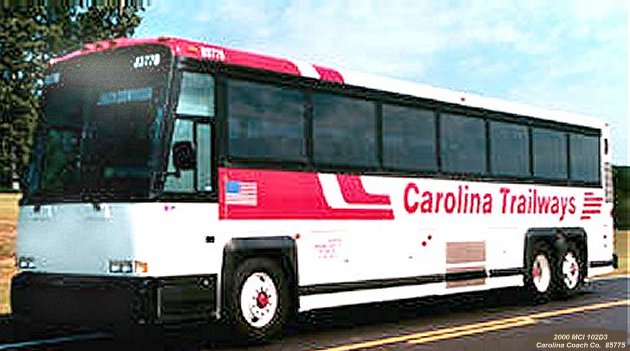
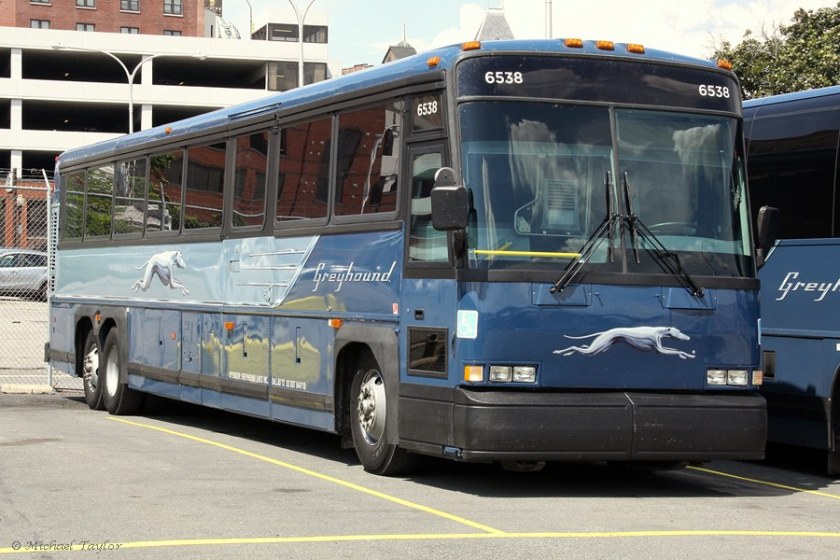
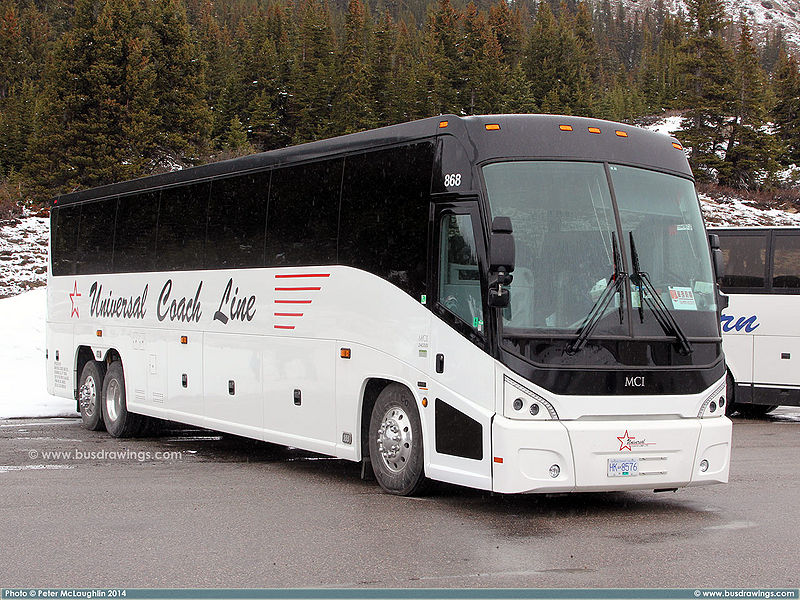
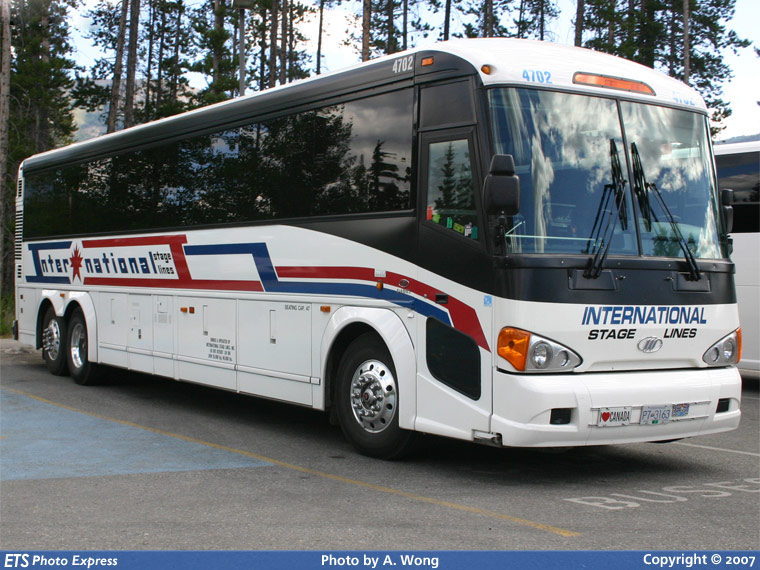
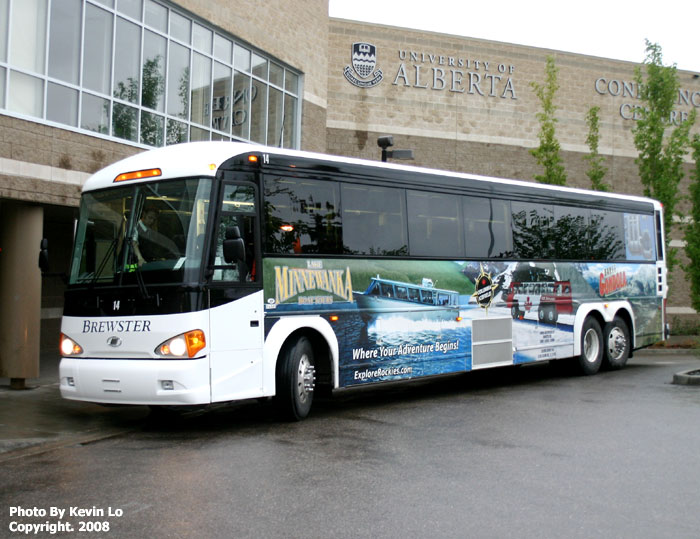
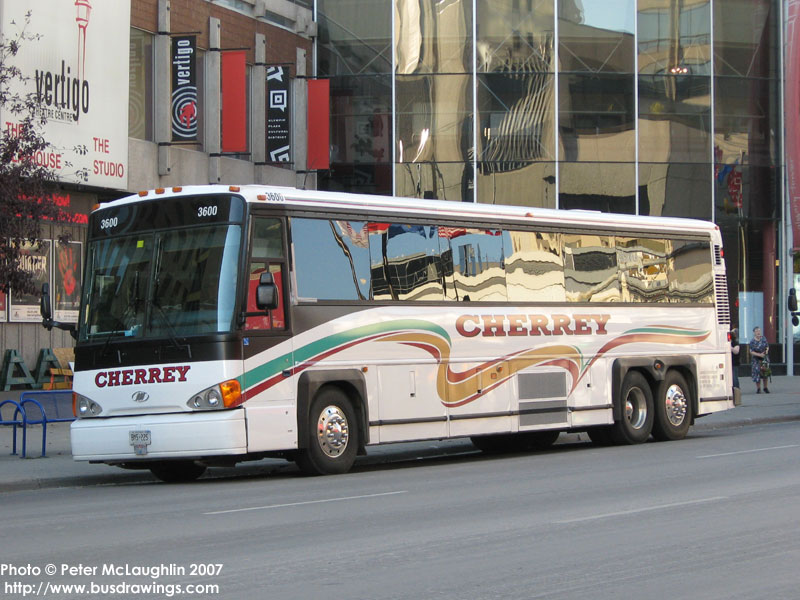
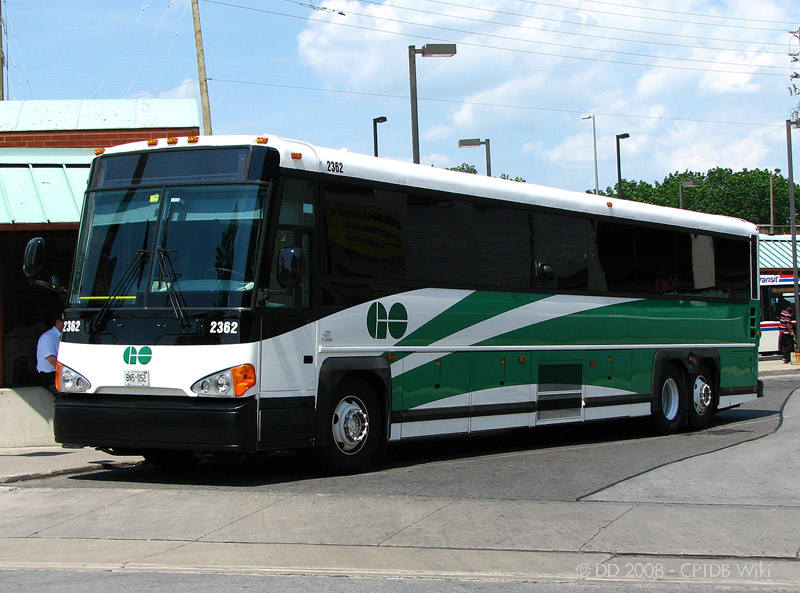

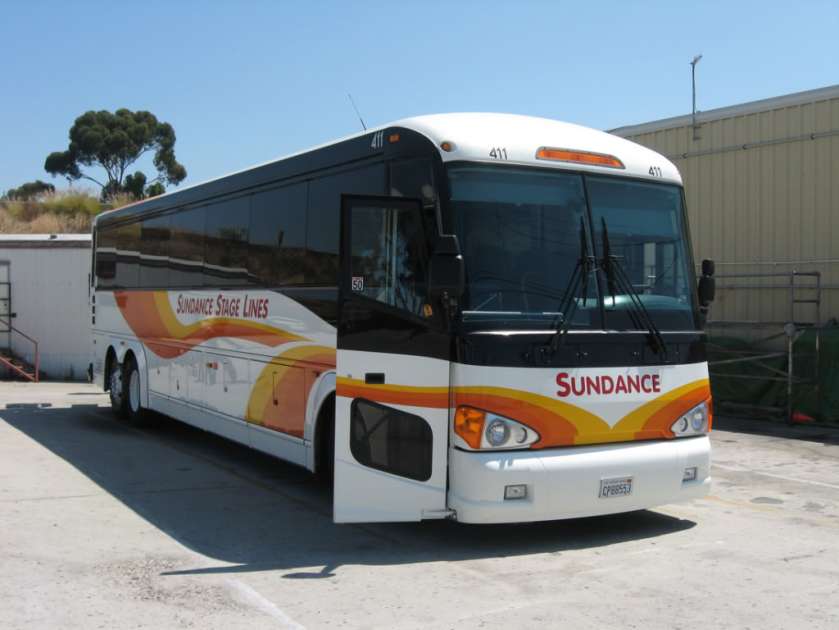
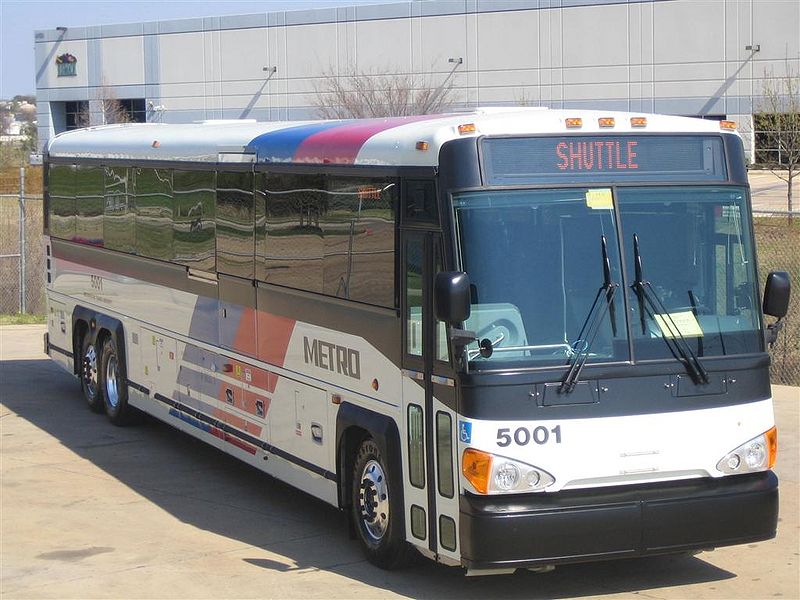
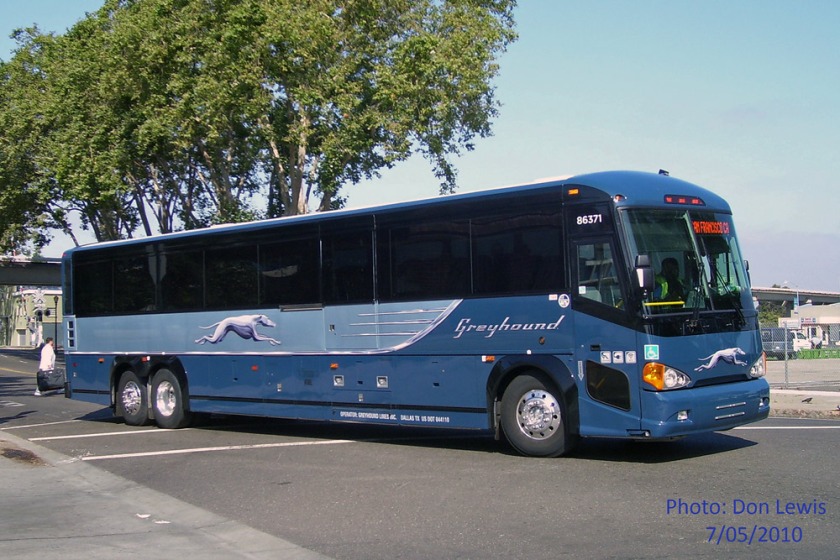
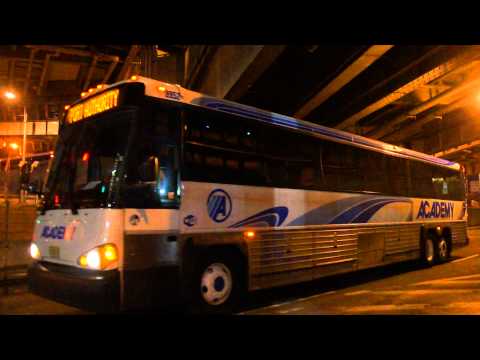
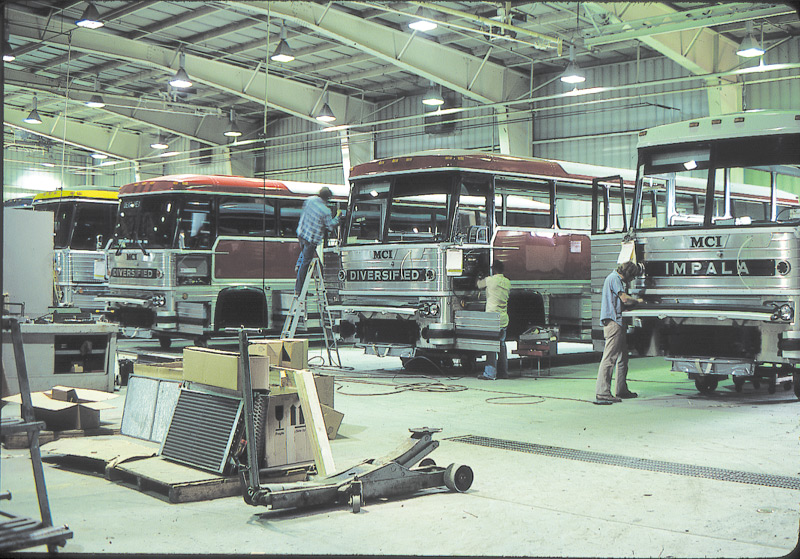

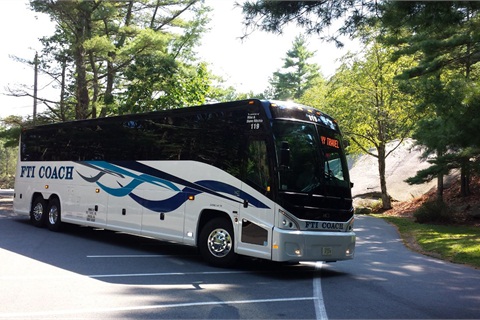
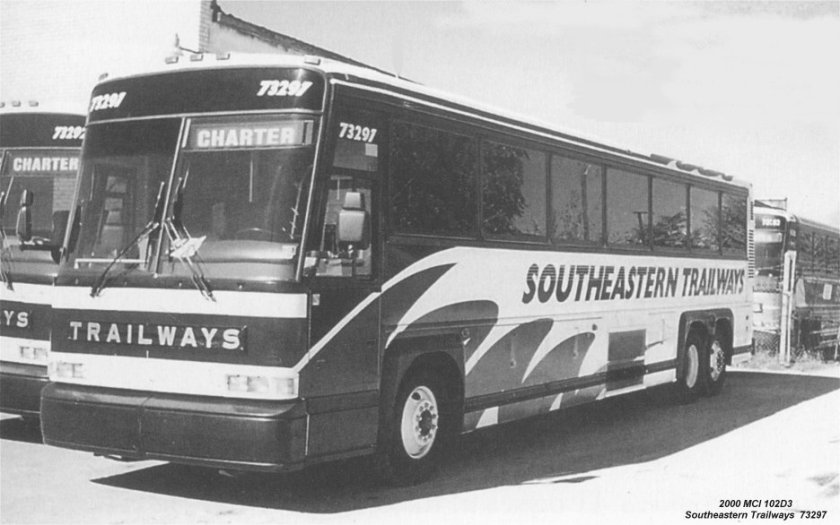
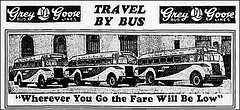
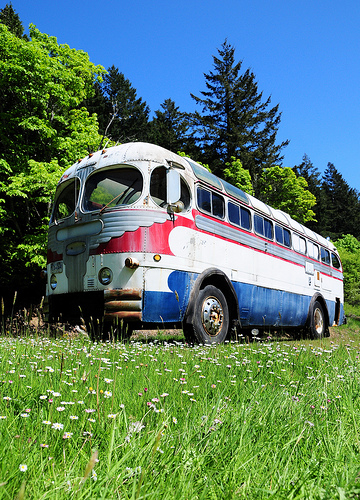

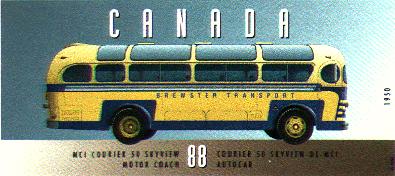
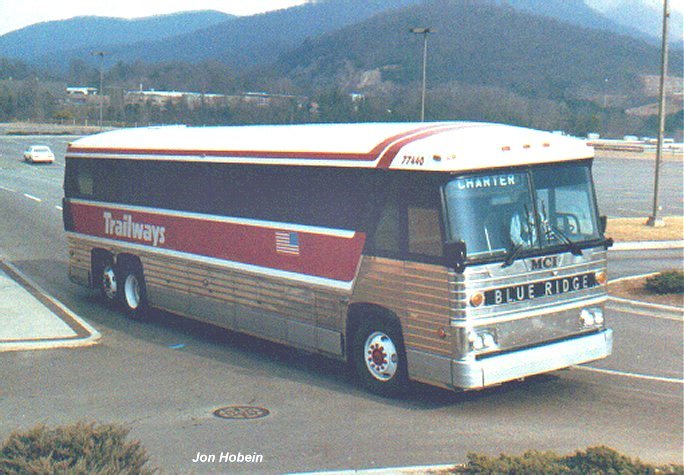
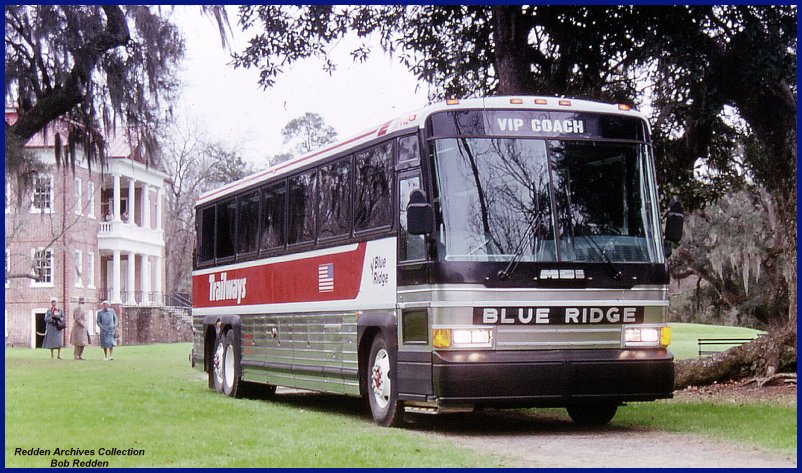

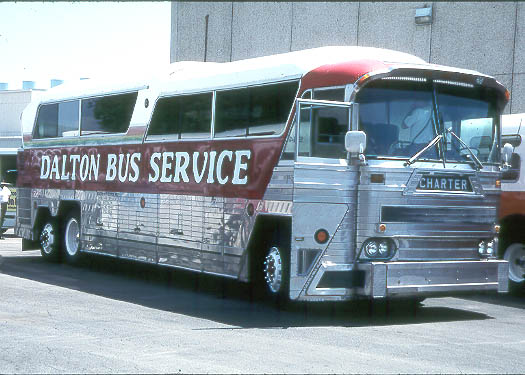
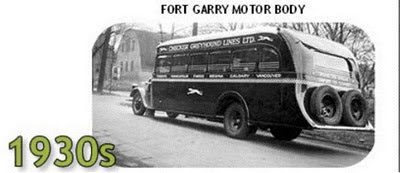
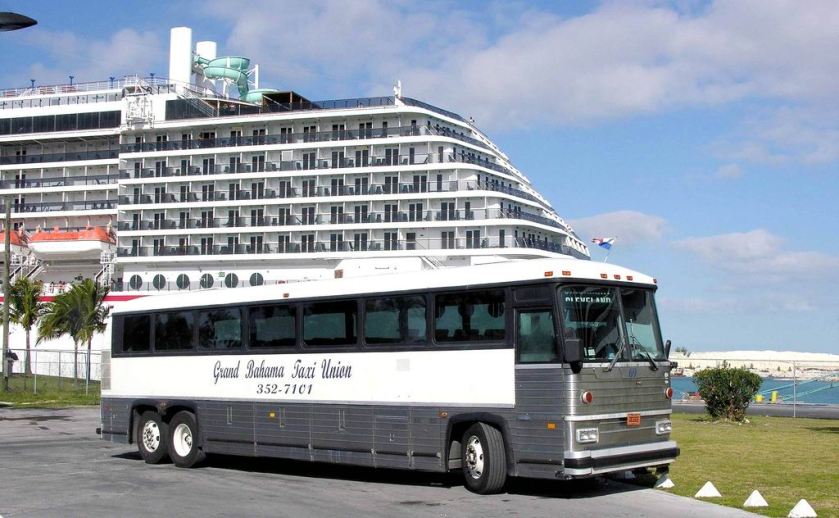
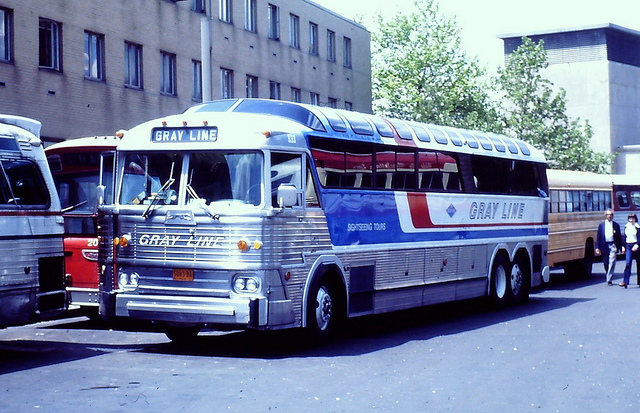
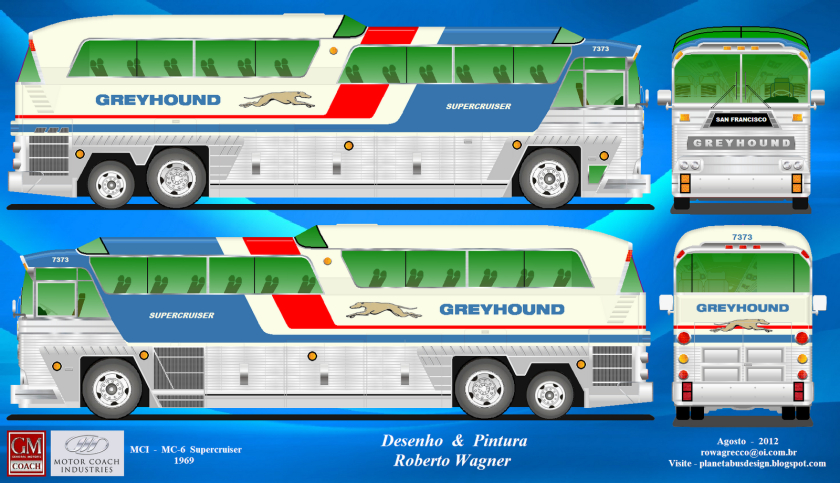
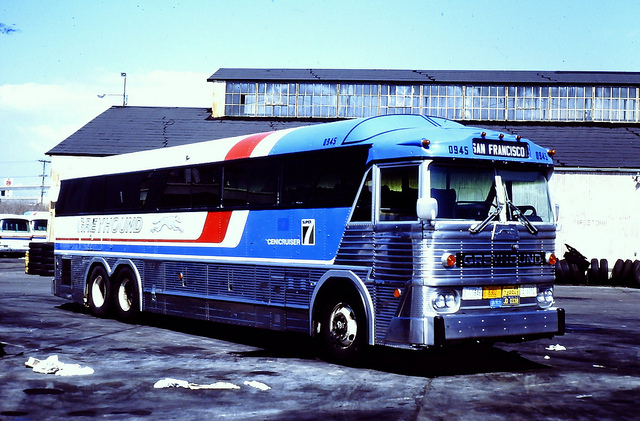
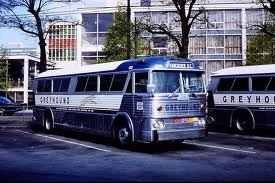
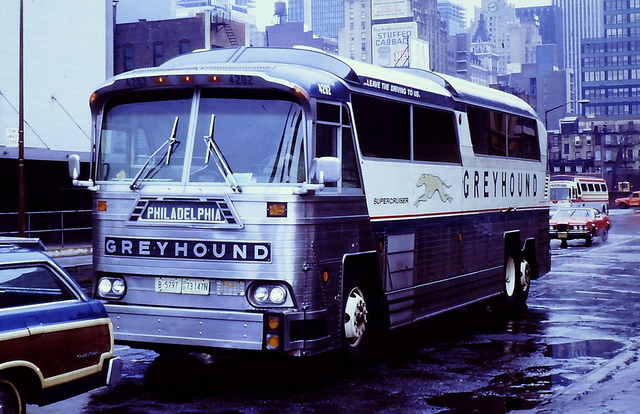
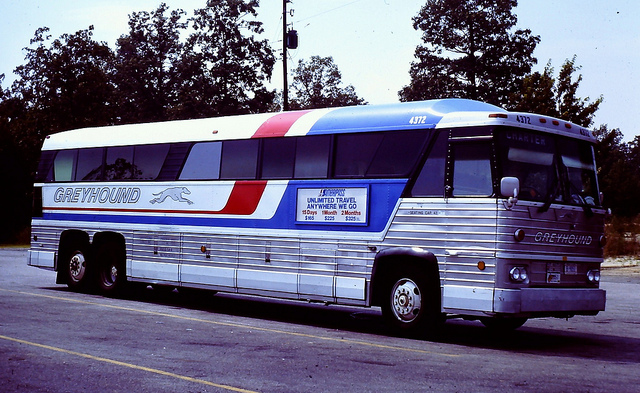
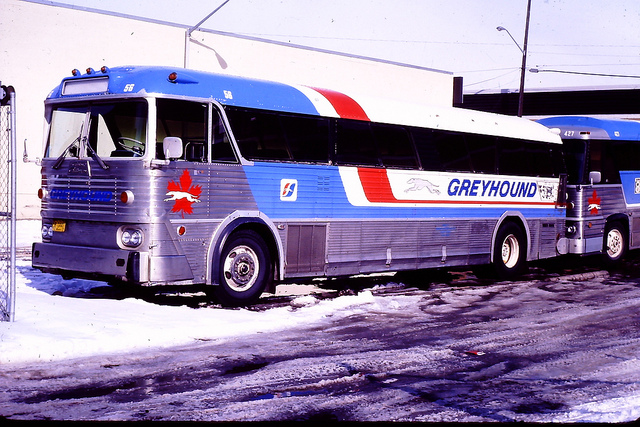
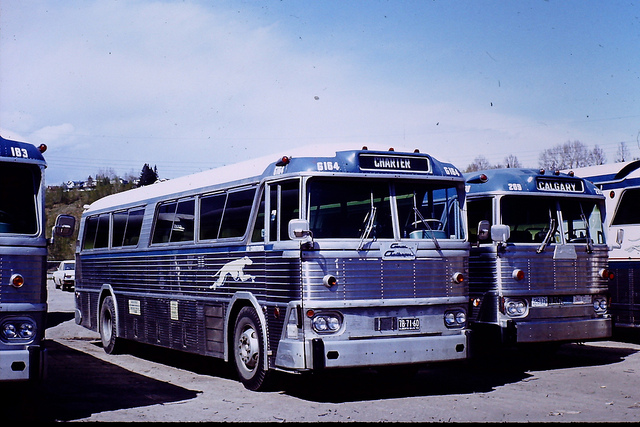
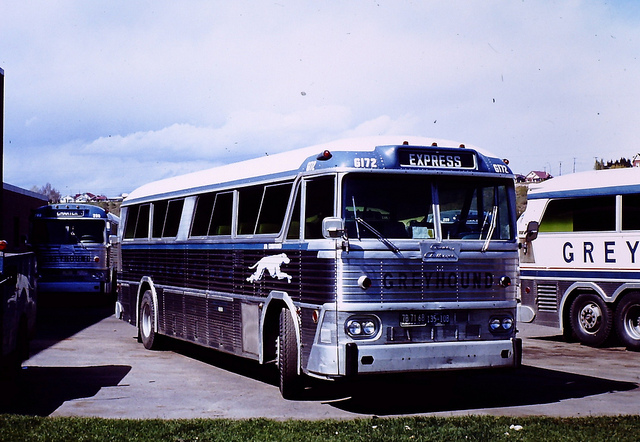
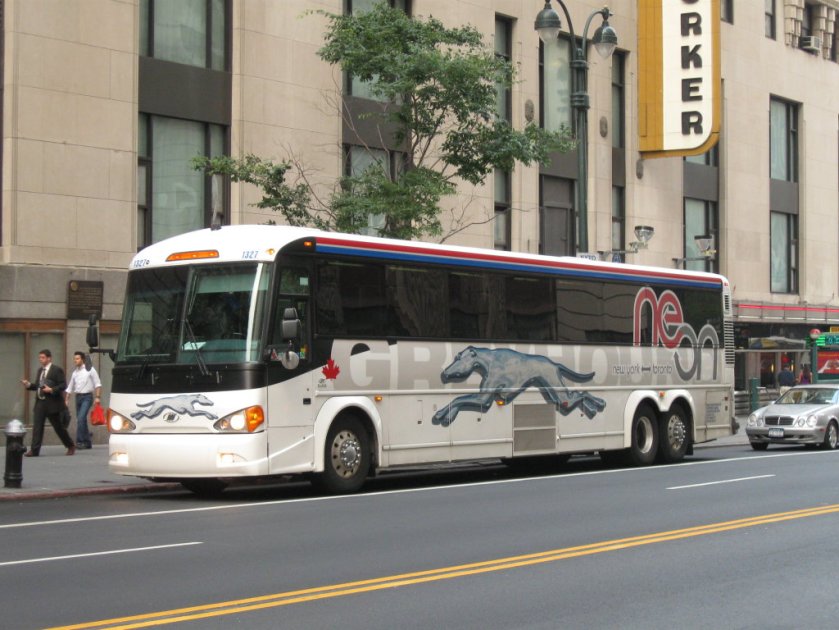

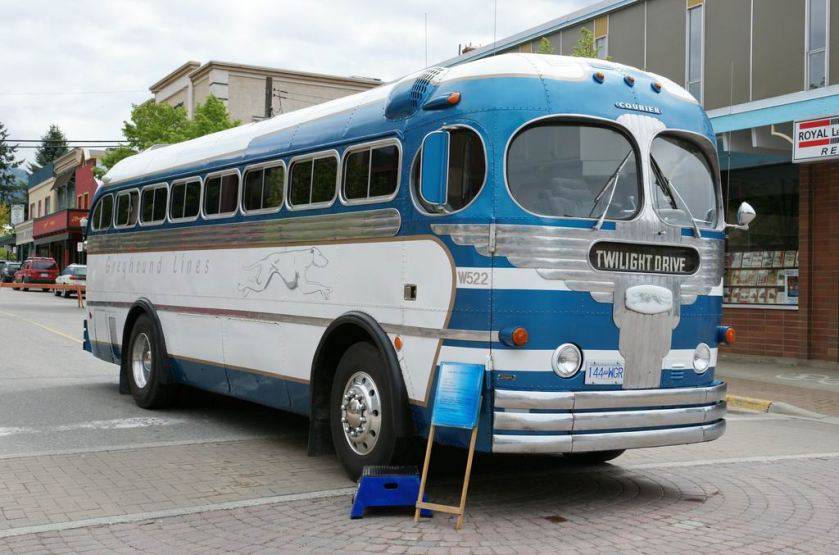
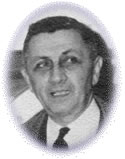
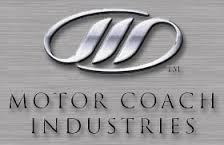
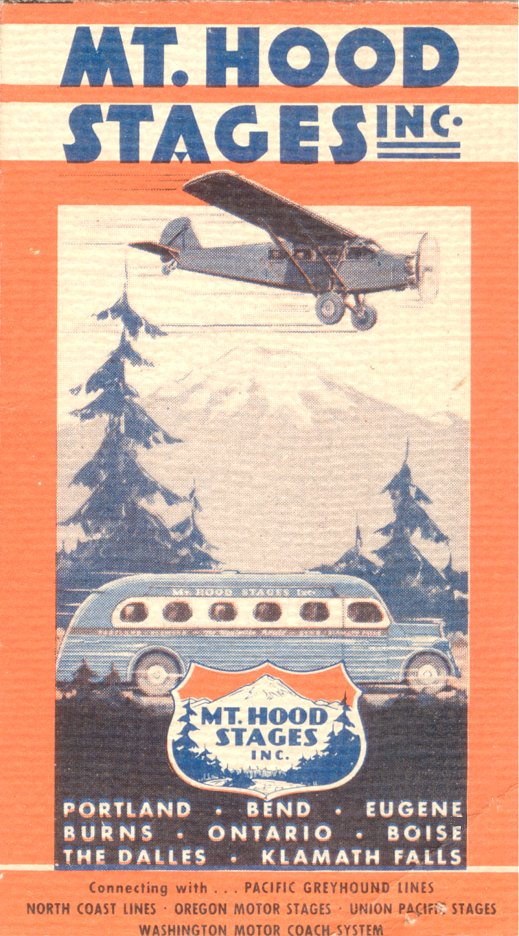
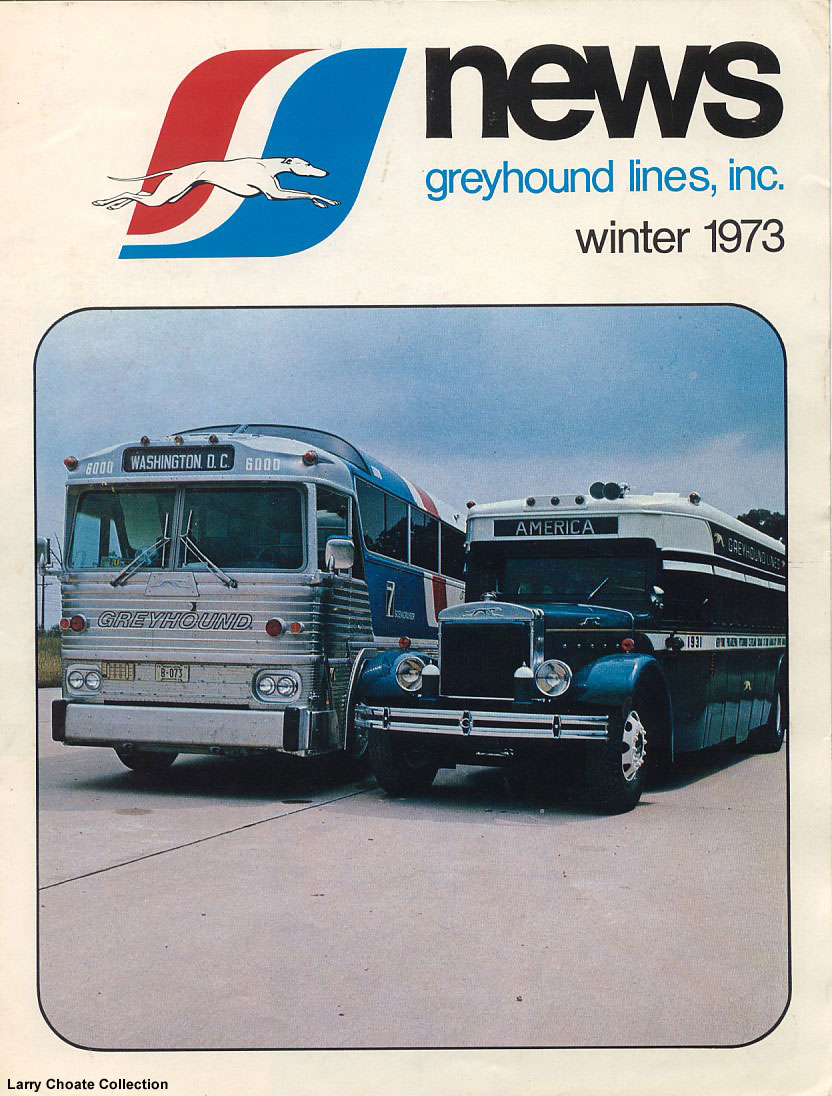
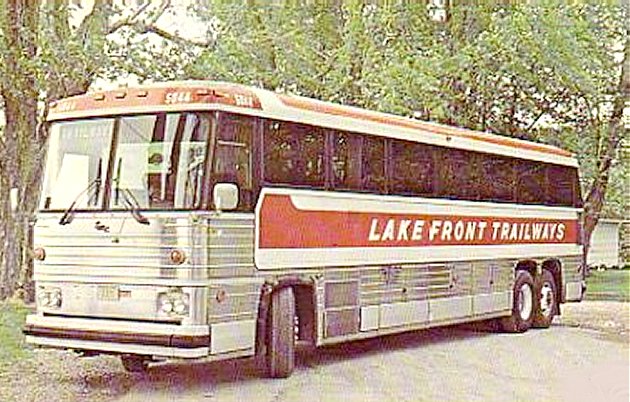
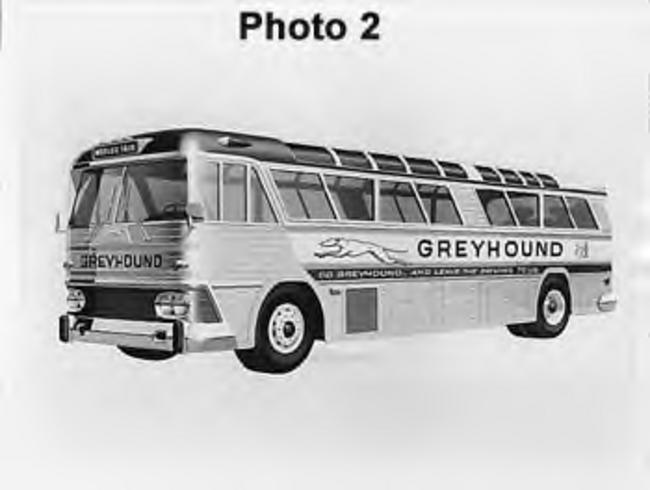
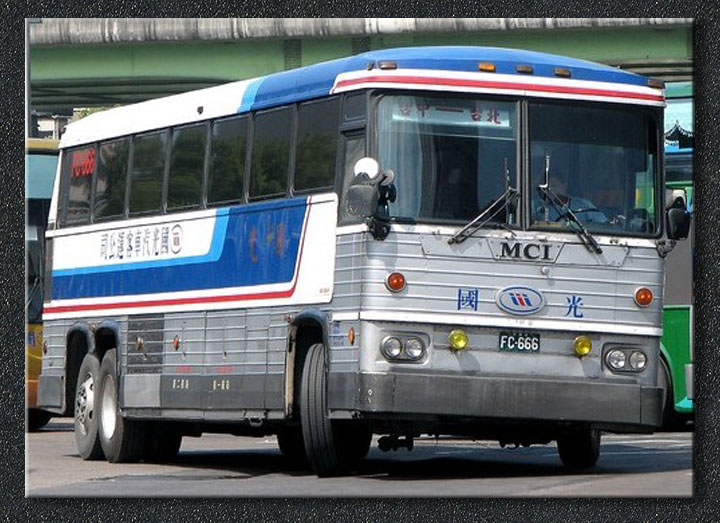

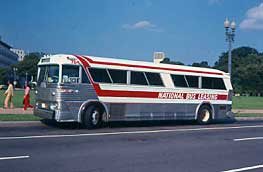
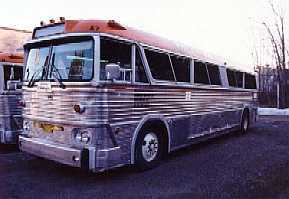
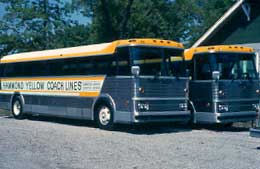
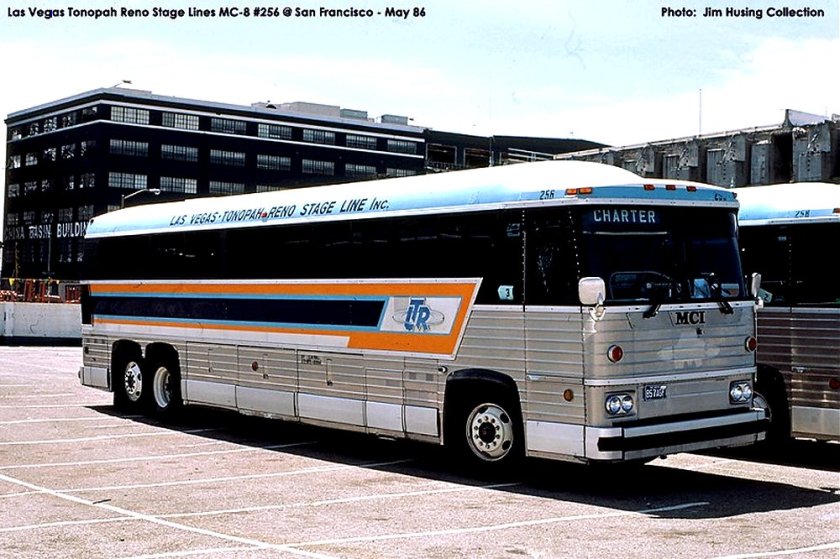
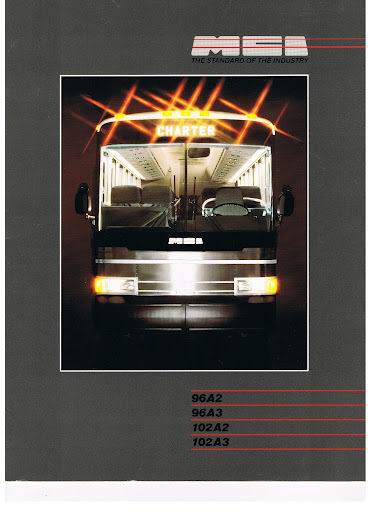

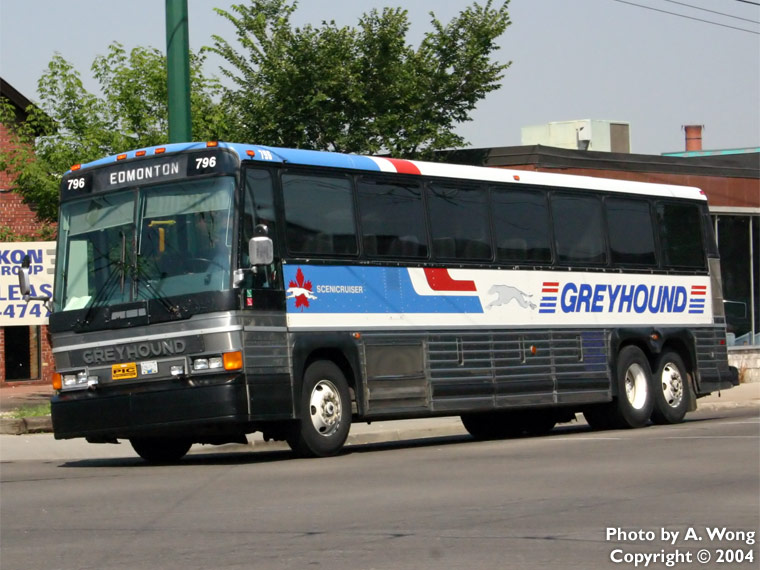
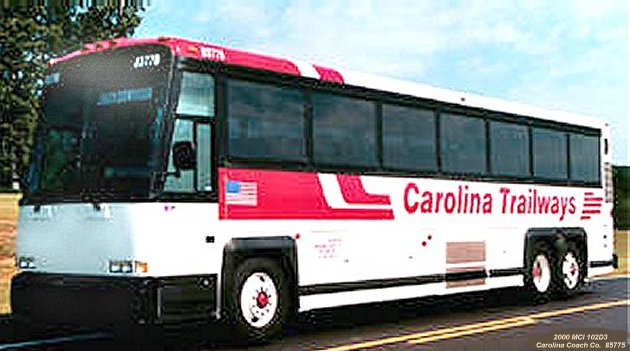
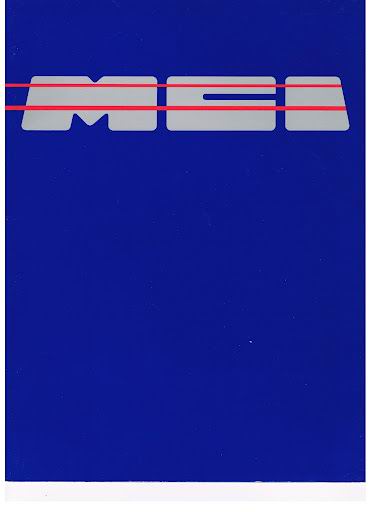
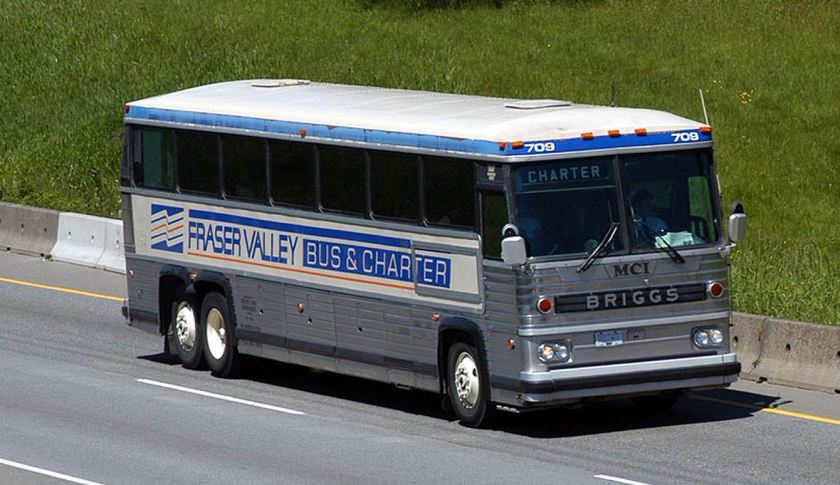
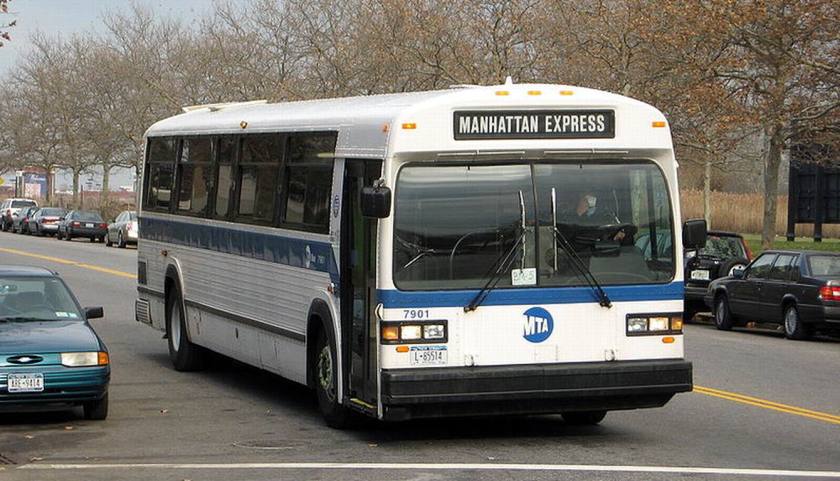
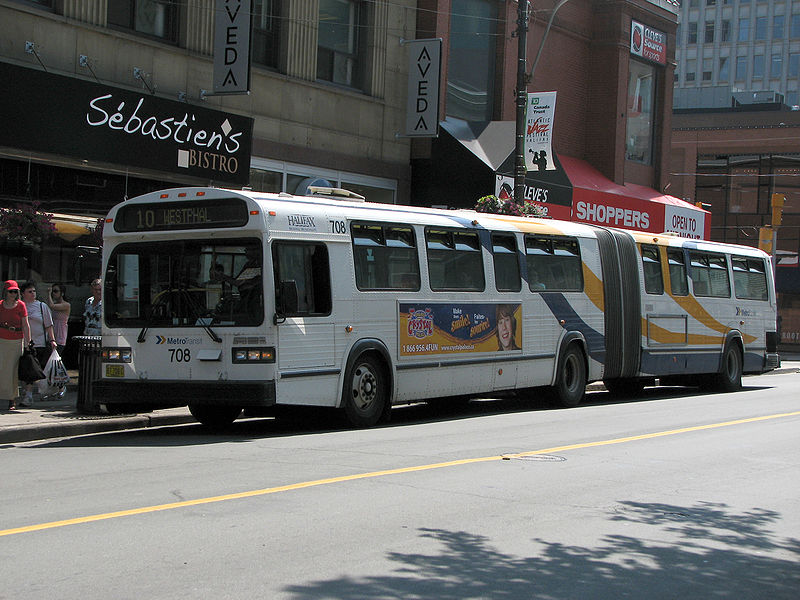
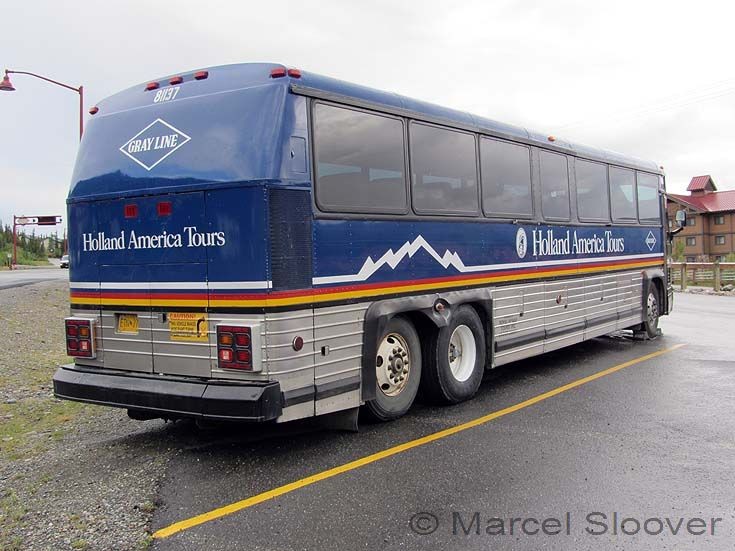
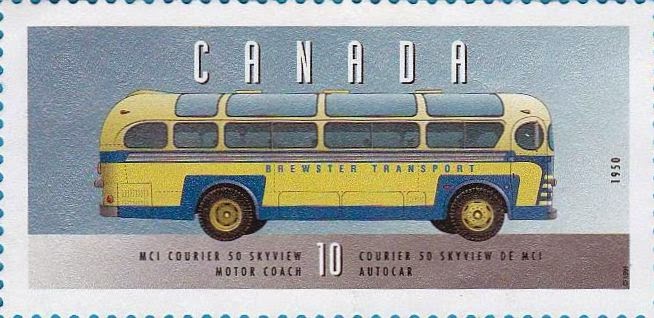
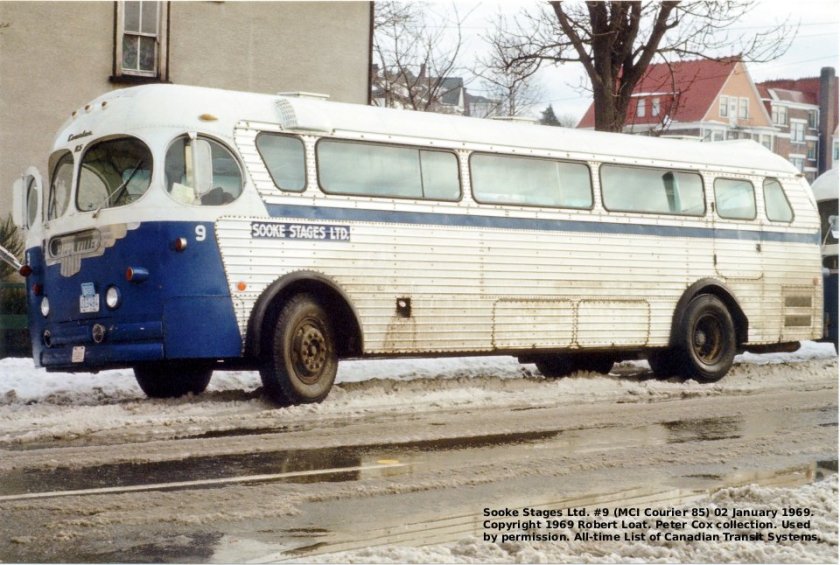
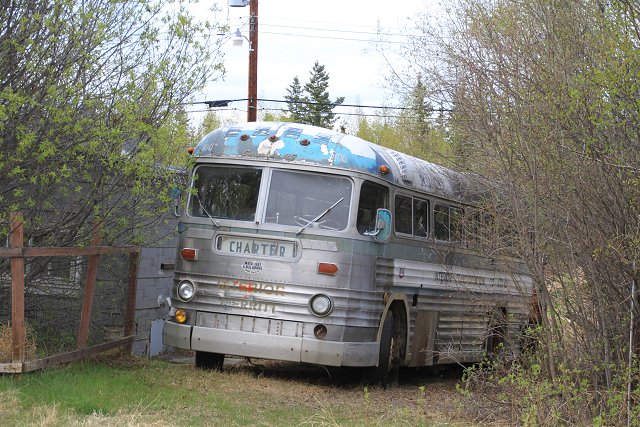
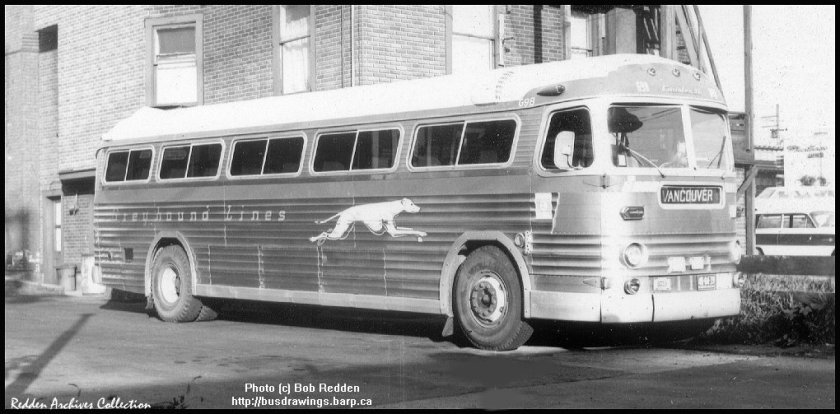
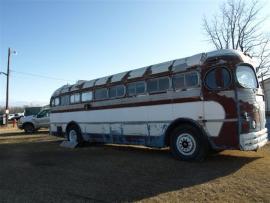

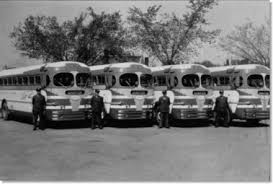
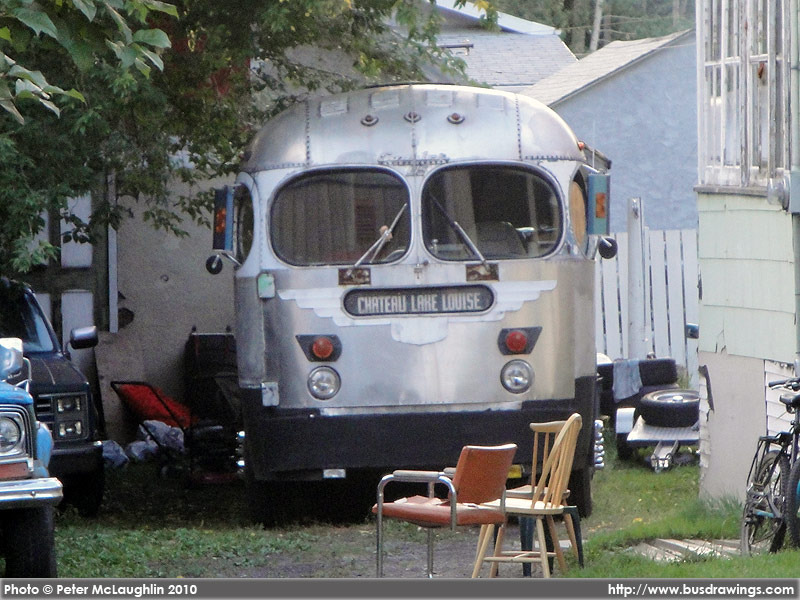
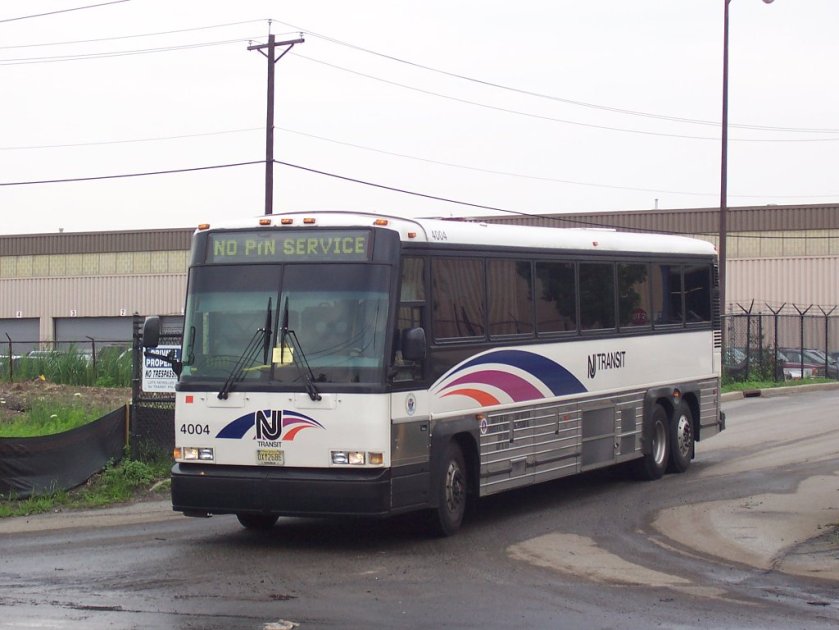
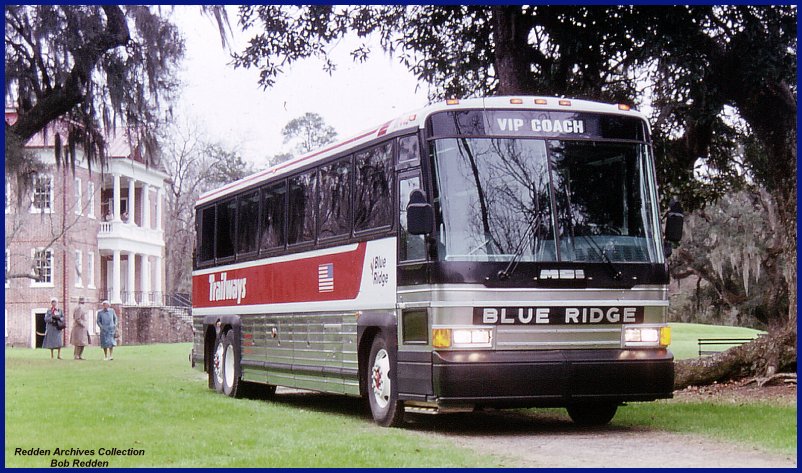
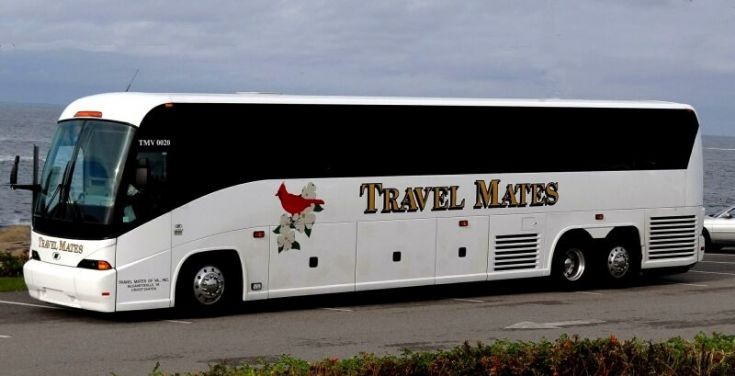
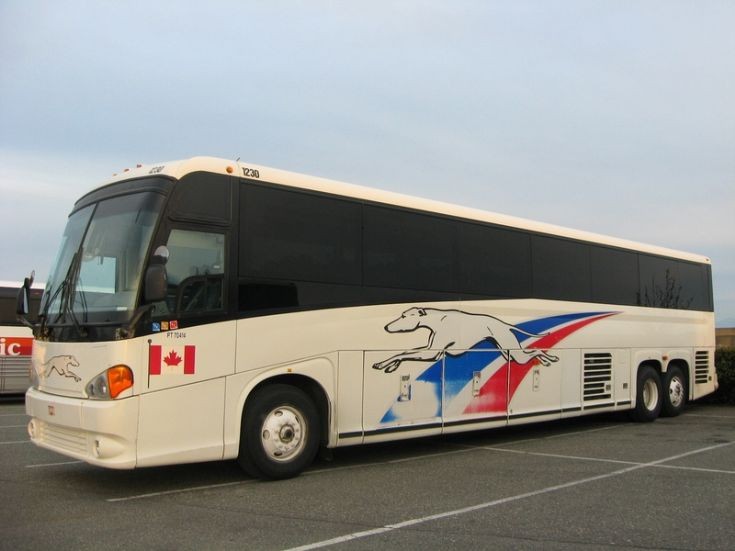
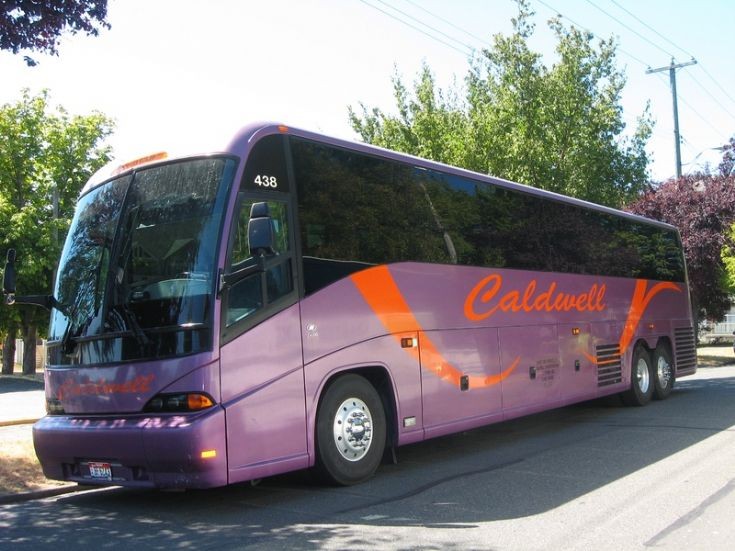
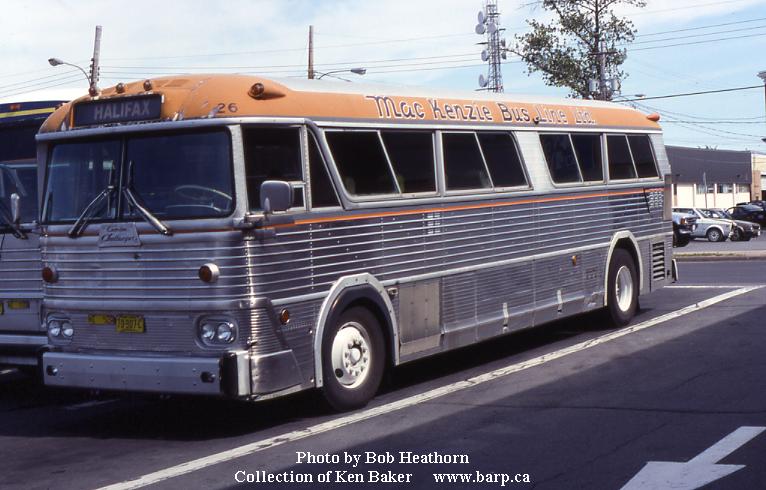
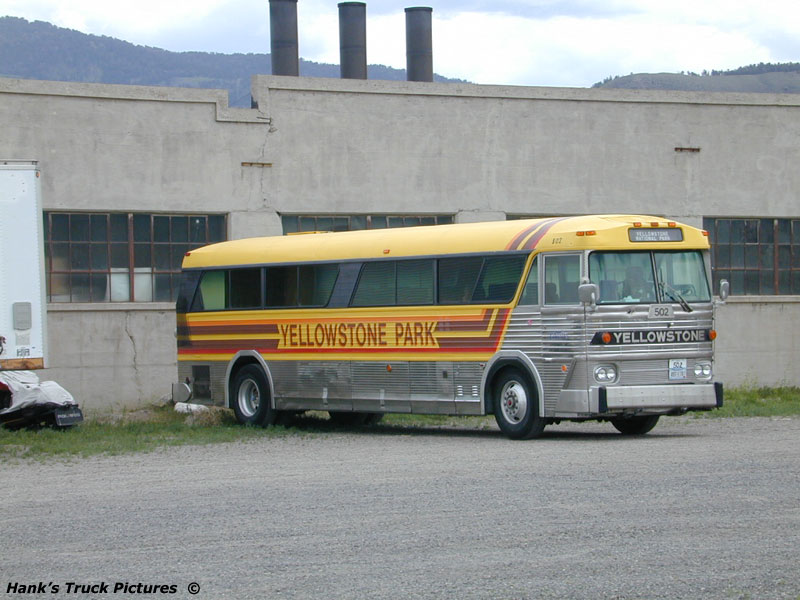
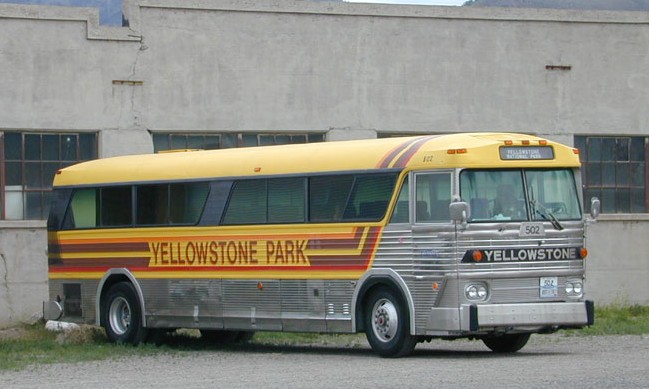
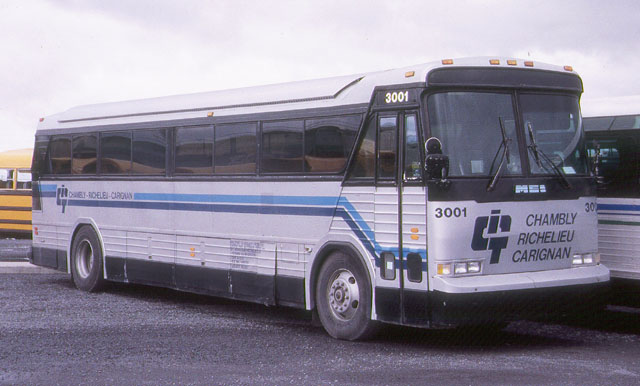
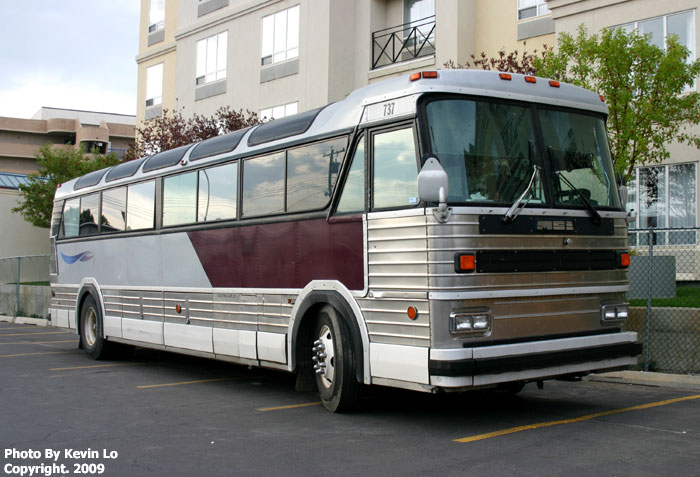
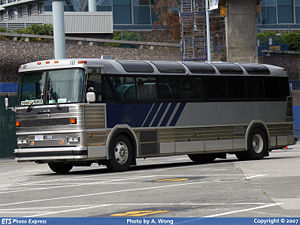
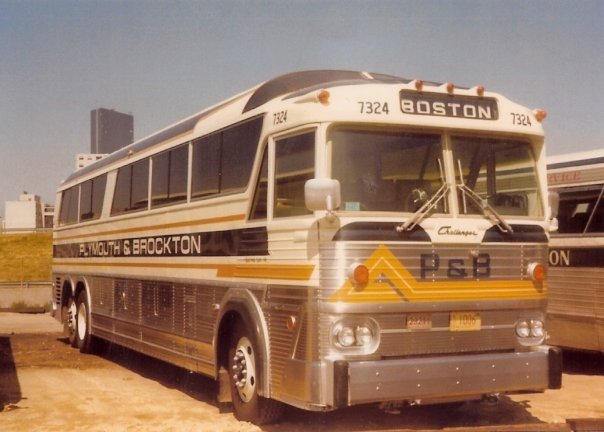

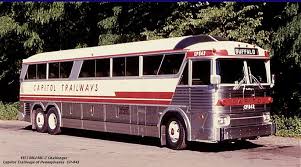
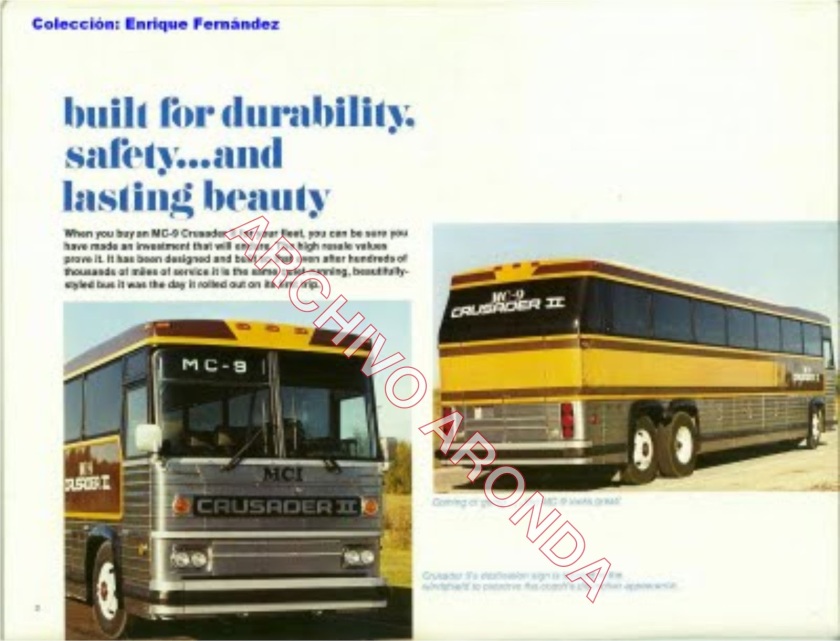
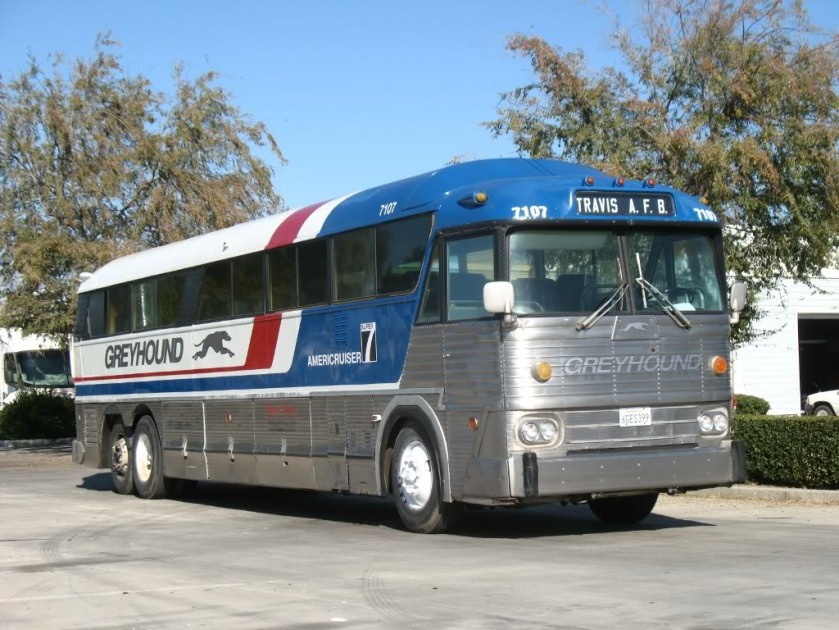
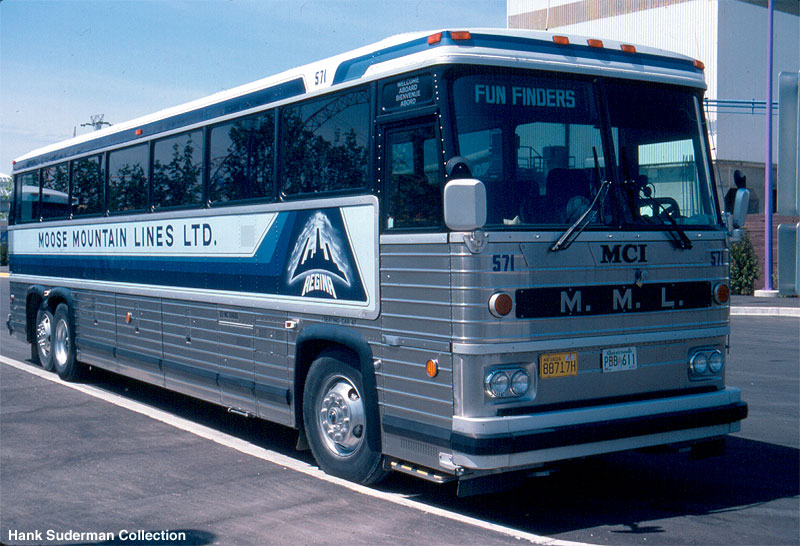
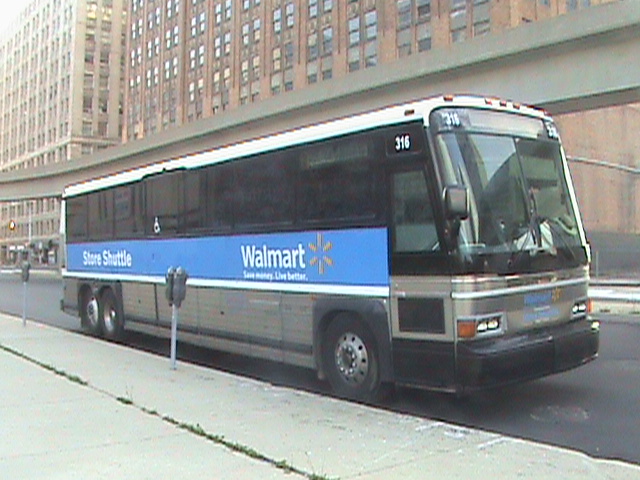
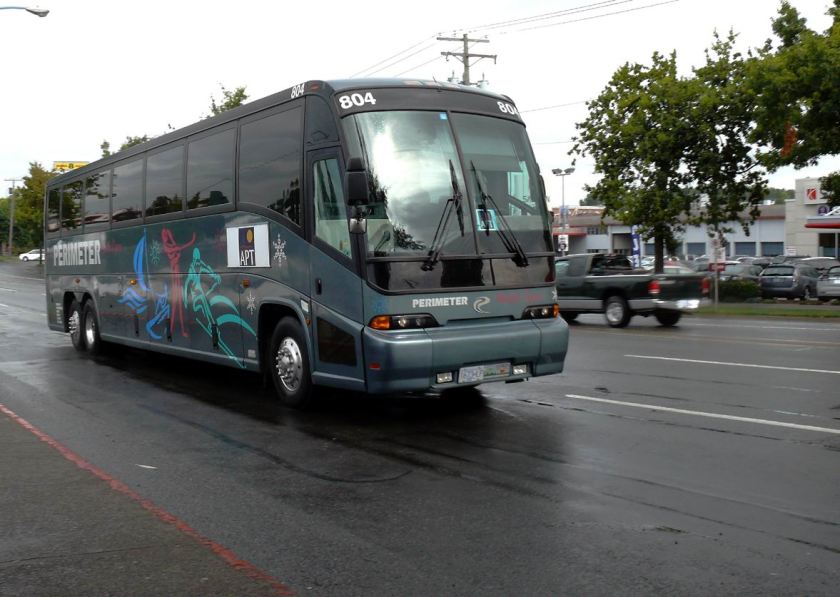
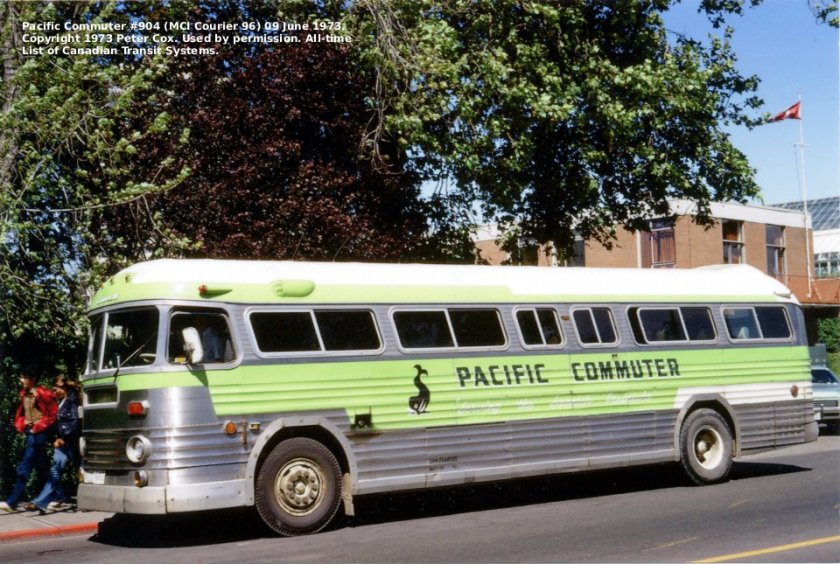
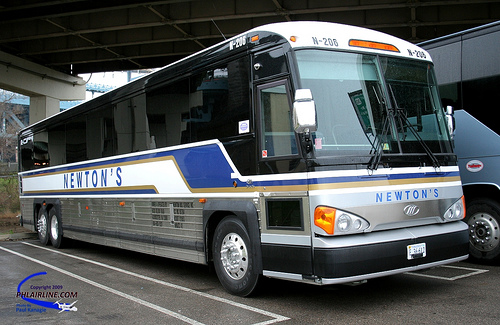
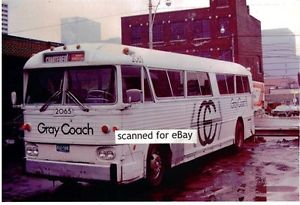
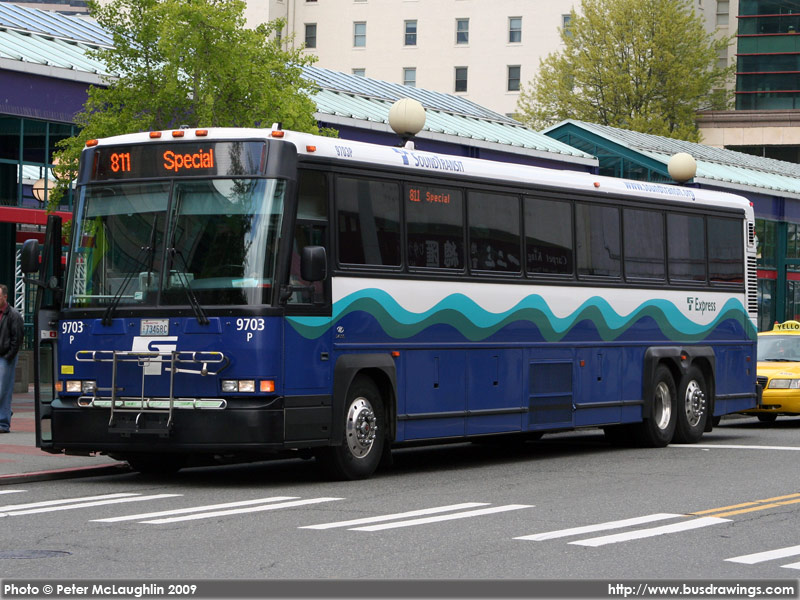
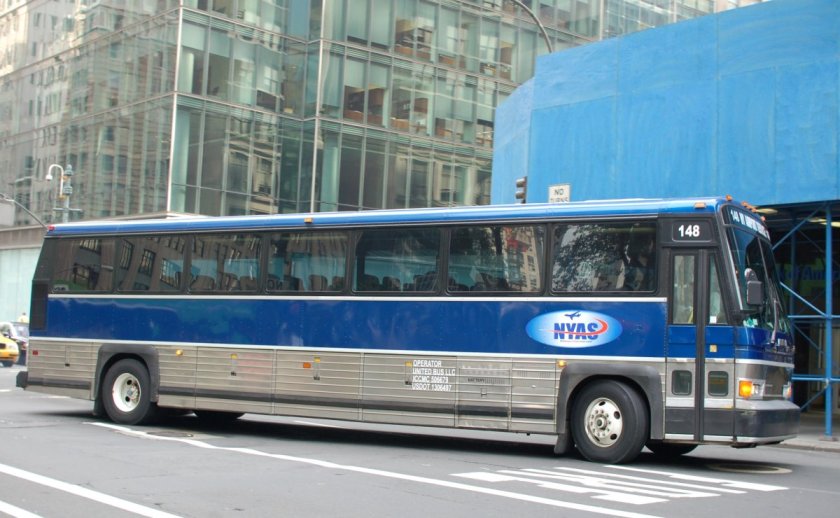
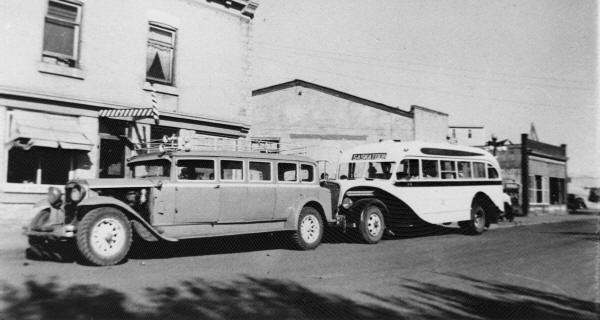
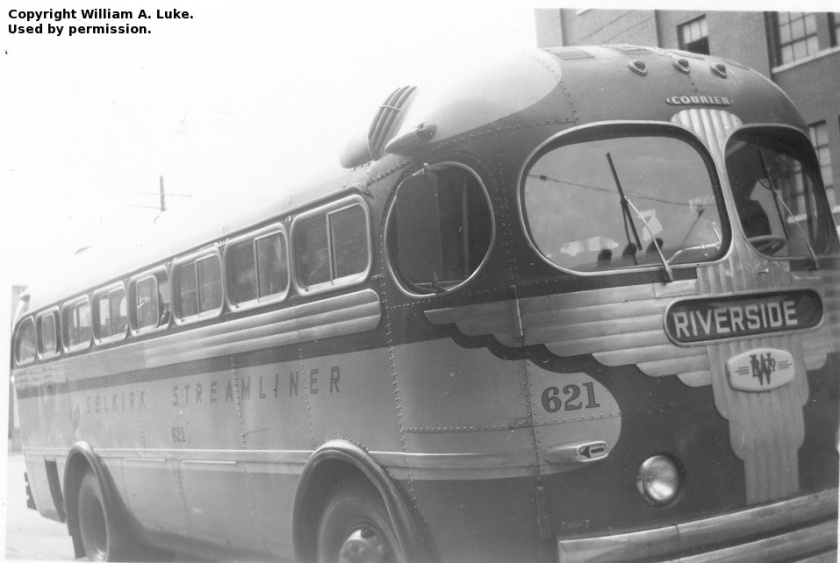
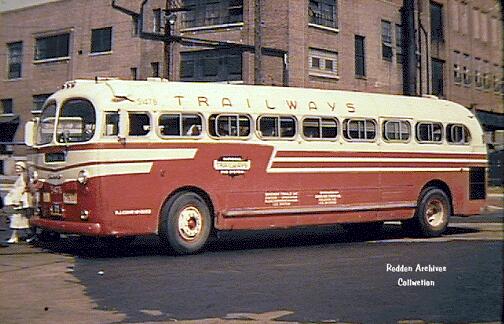

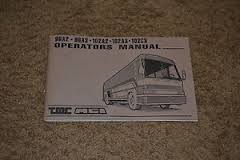
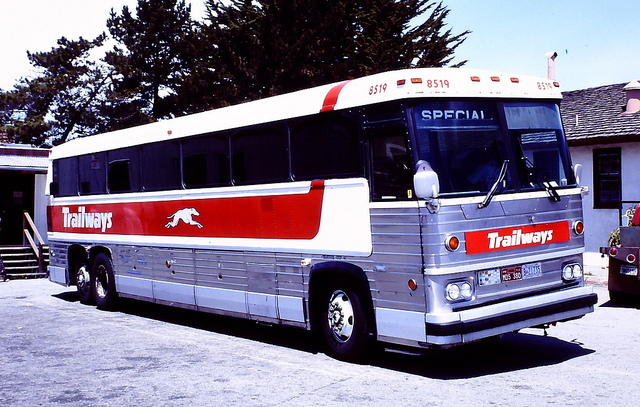
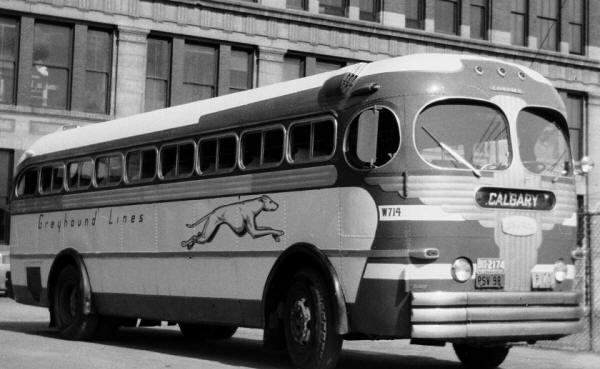
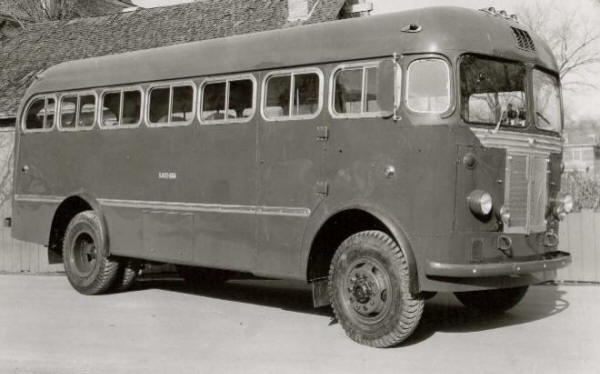
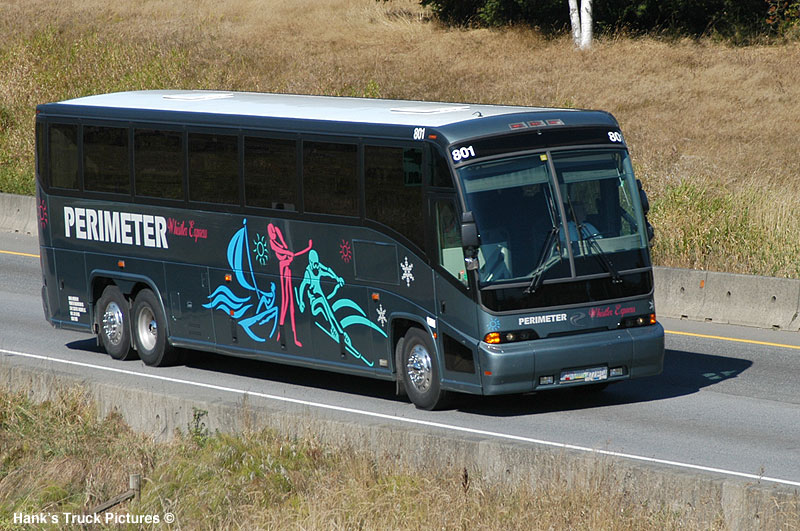
 Harry Zoltok founded MCI in 1933
Harry Zoltok founded MCI in 1933 D4500CT
D4500CT


